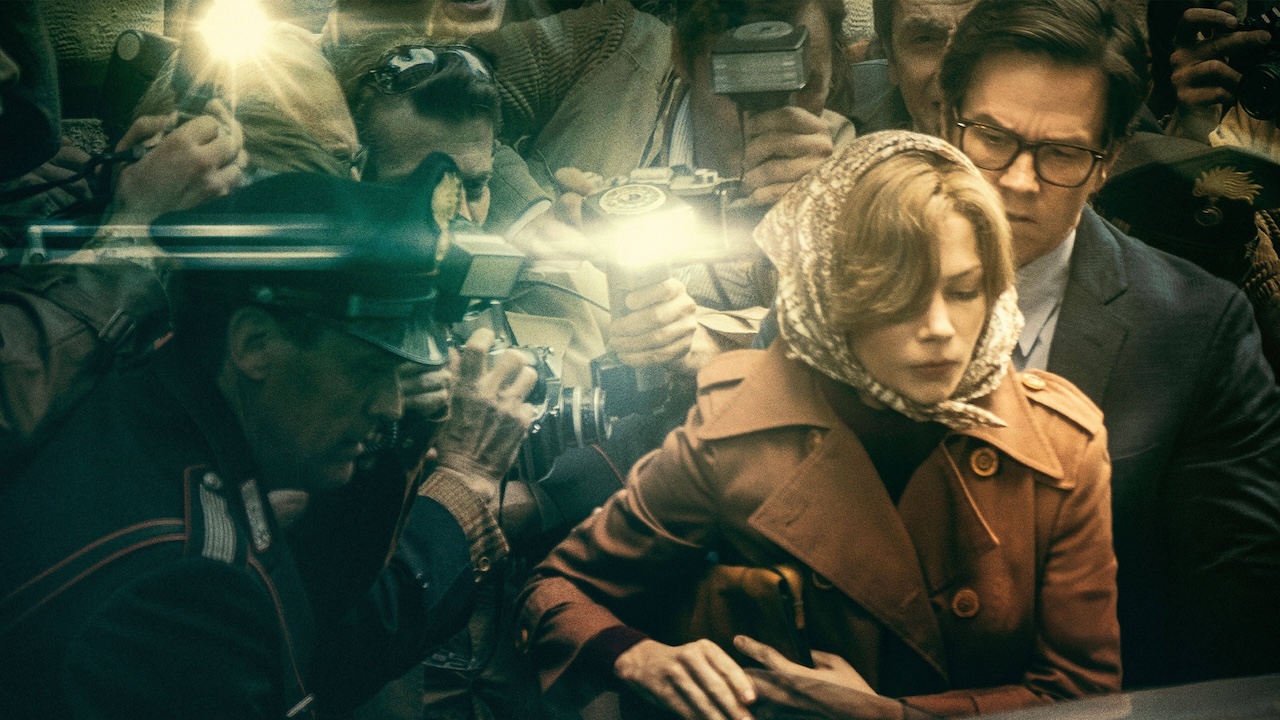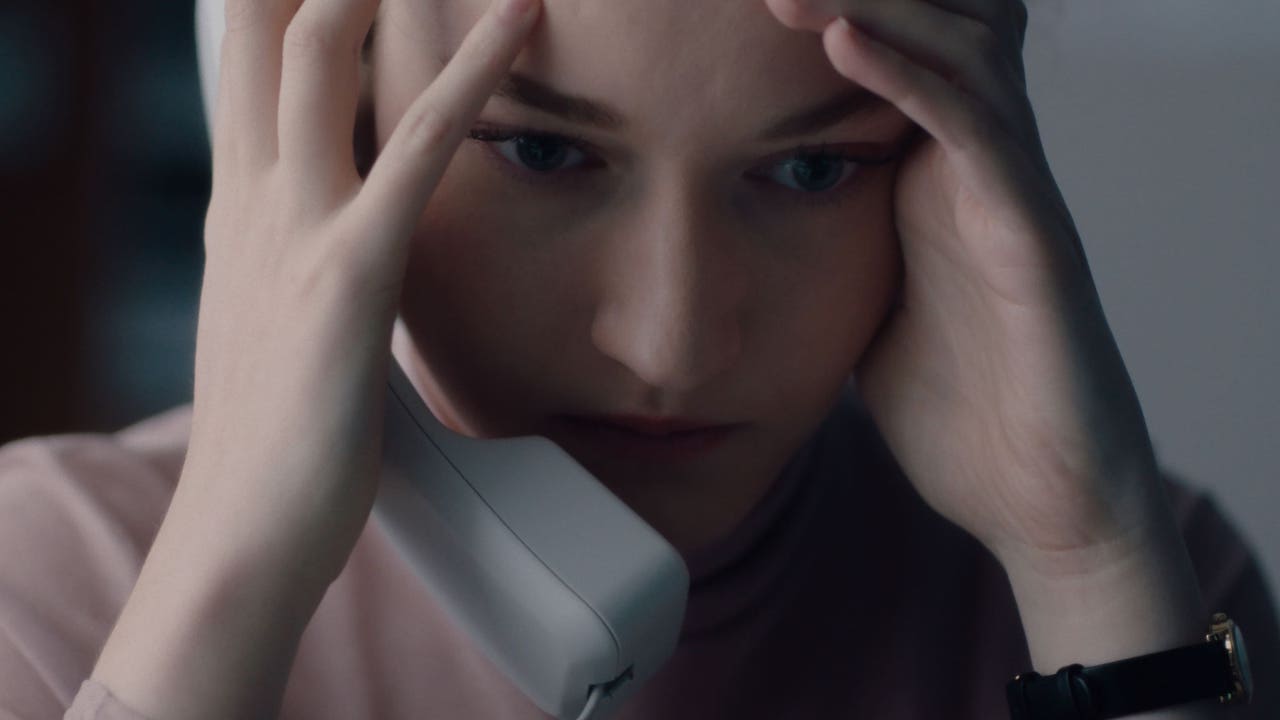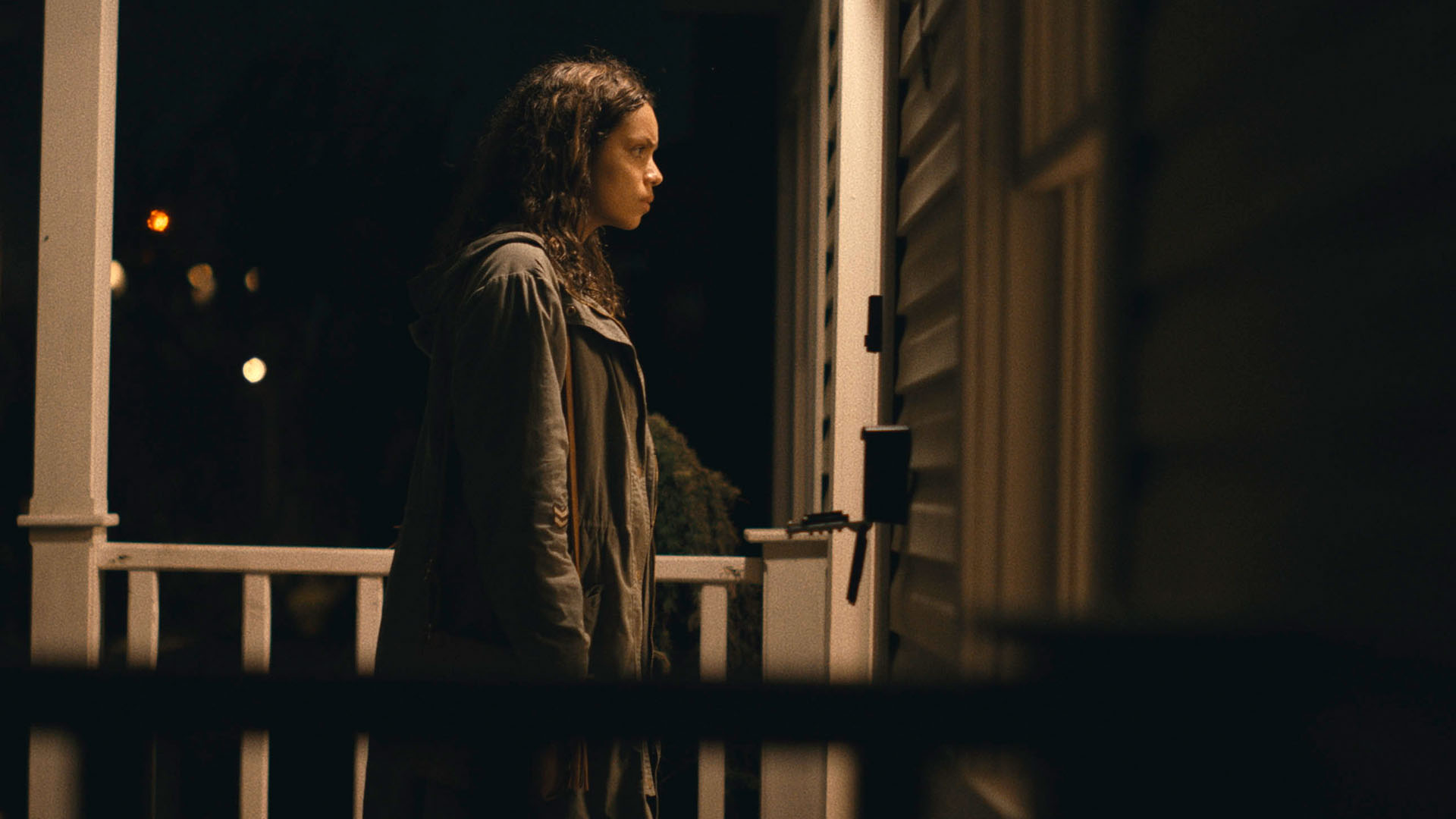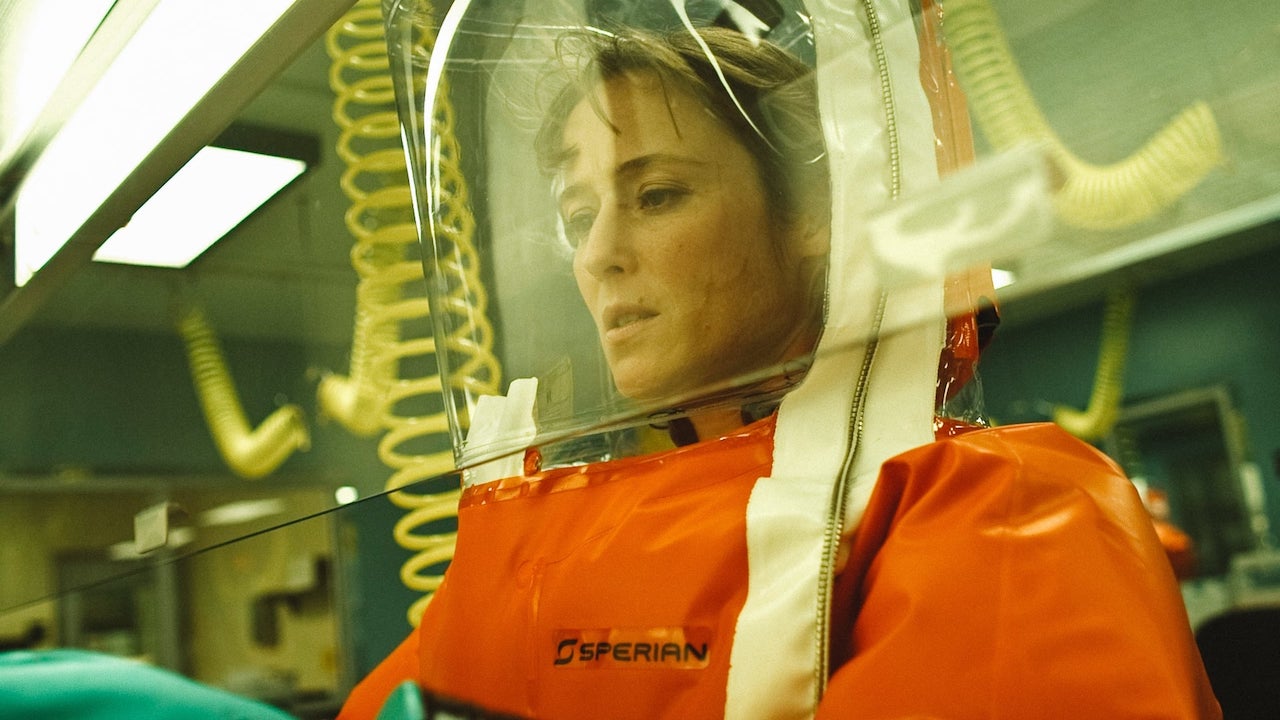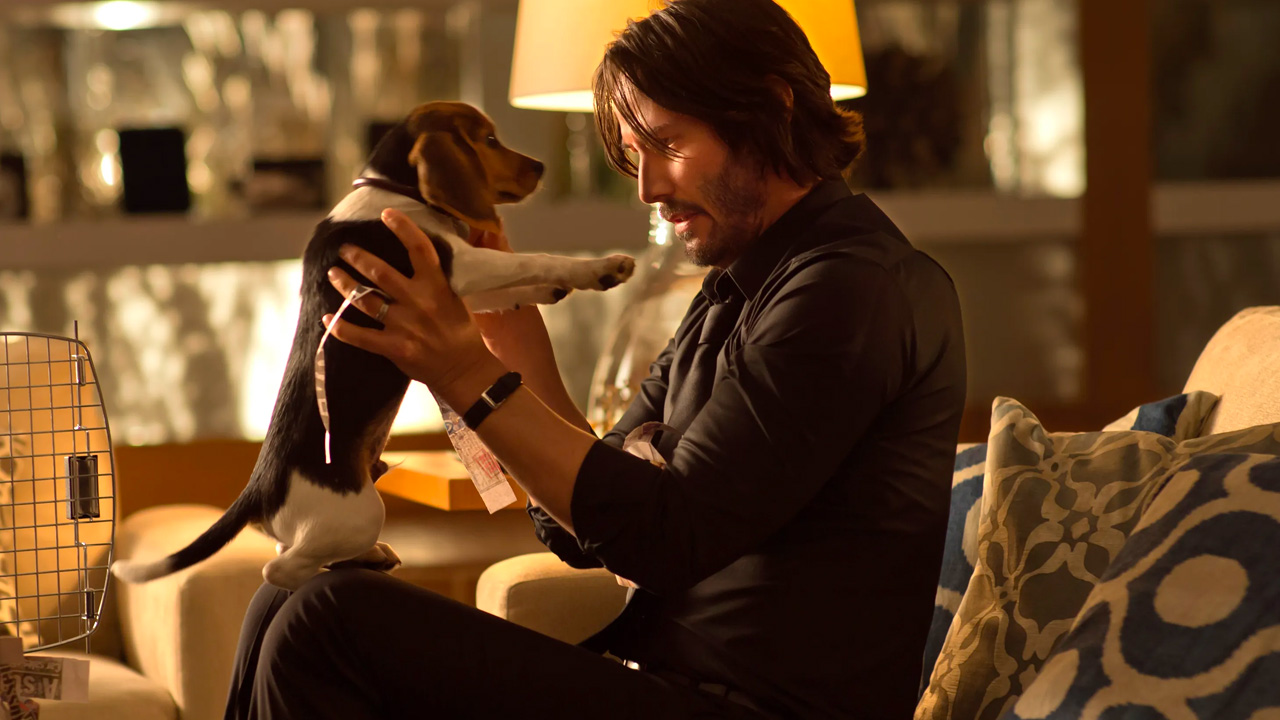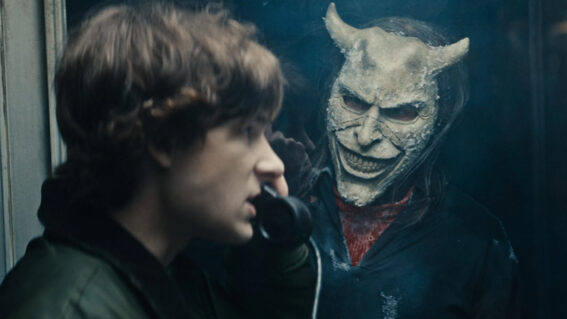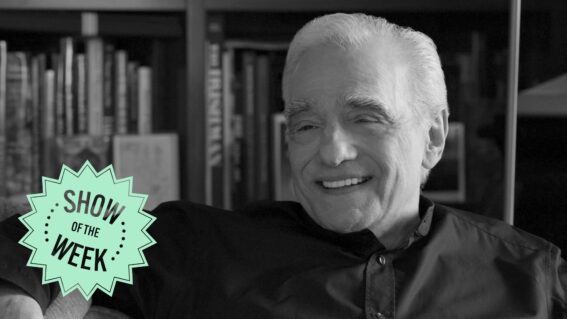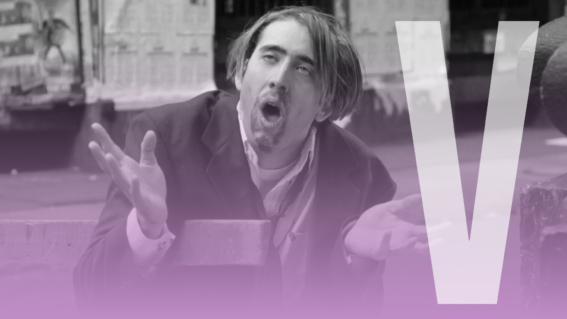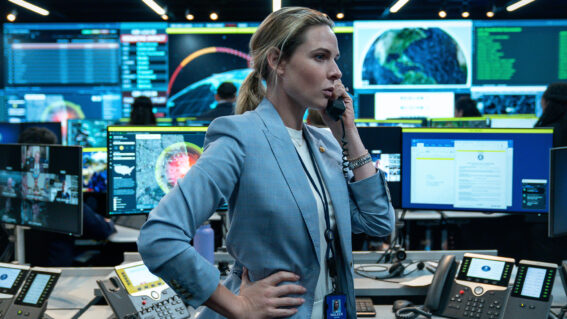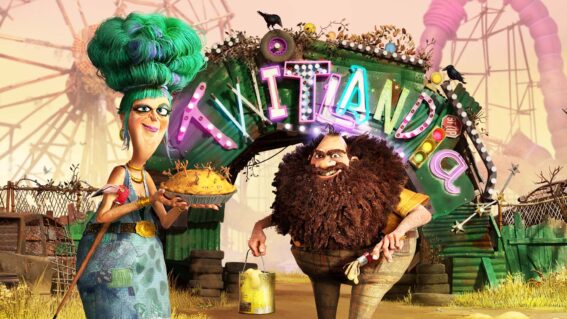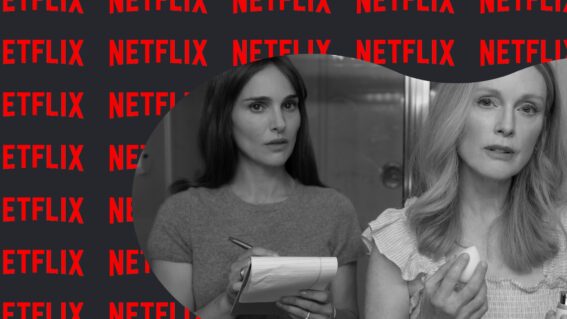Capsule reviews of thriller movies
It’s easy to hunt down these thriller classics that have fallen off our other streaming guides.
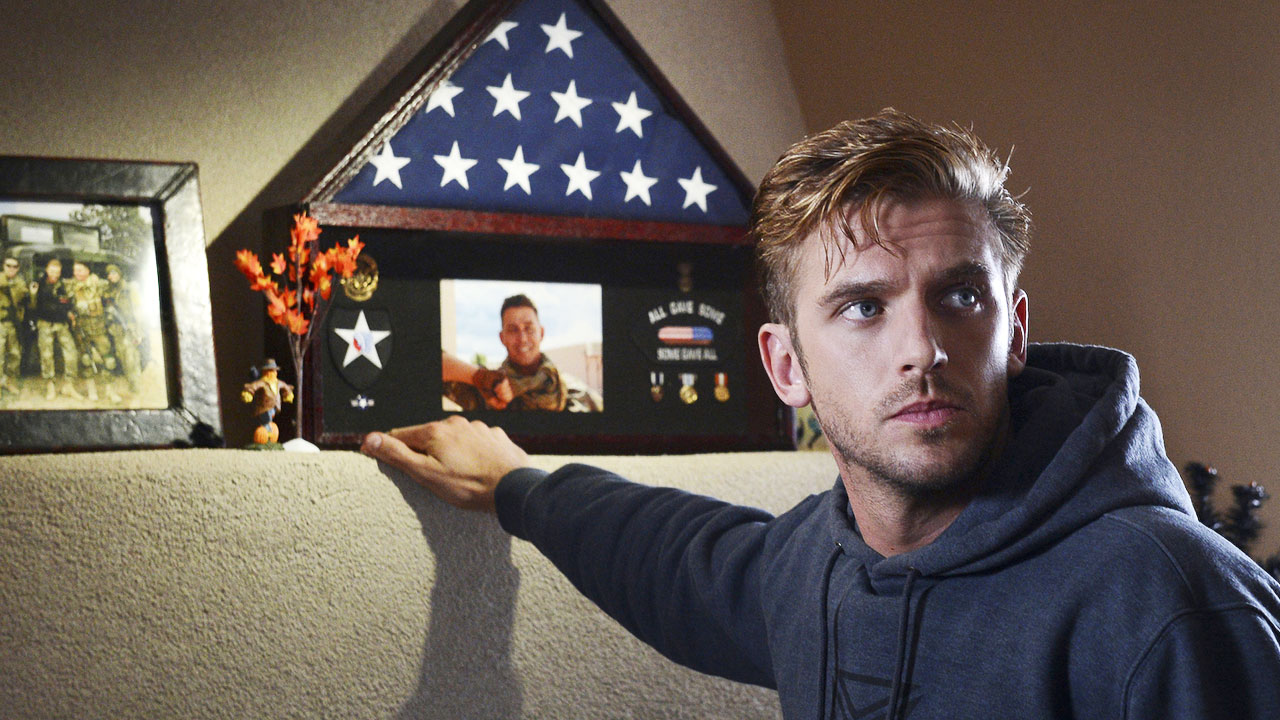
Here are Tony Stamp’s short and sweet capsule reviews of some of the finest thrillers ever put to film. Click each link to find out where they’re streaming now!
All the Money in the World (2017)
Most famous for being the movie where Ridley Scott, then in his late 70s, reshot all of Kevin Spacey’s scenes, replacing him with Christopher Plummer (following allegations against the former) in just eight days, but there’s more to recommend here, including Scott’s famously lush visual sense, and a pleasingly convoluted (based in real life) storyline. Mark Wahlberg is a plank of wood but Michelle Williams is excellent as always.
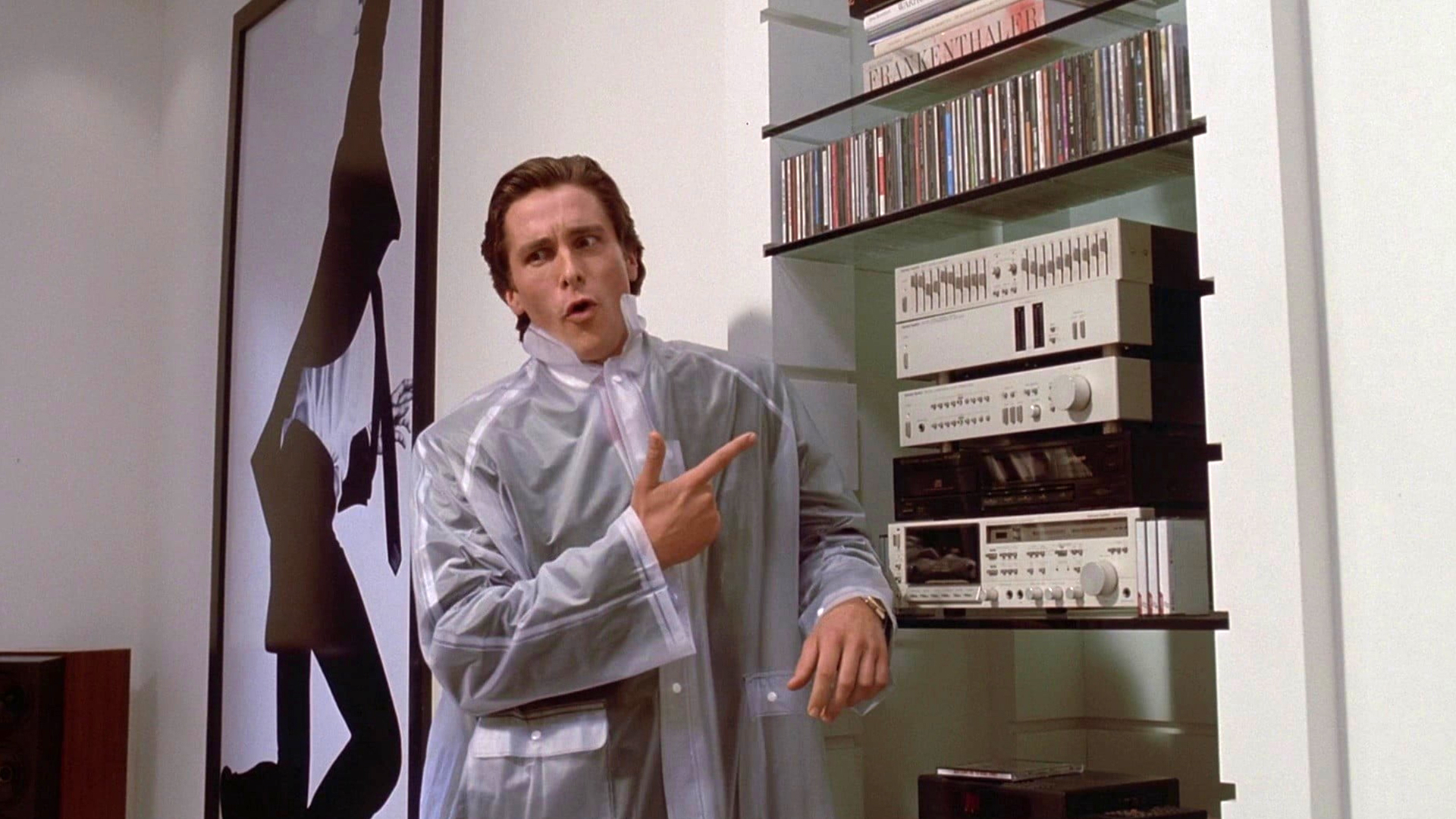
American Psycho (2000)
Director Mary Harron brilliantly distils Bret Easton Ellis’ supremely upsetting novel into something far more incisive and to the point, hitting all the same targets involving 1980s capitalism along the way. Christian Bale is brilliantly deranged and the movie is blackly comedic in ways that still resonate: just look at how many memes have resulted all these years later.
The Assistant (2020)
Perpetually hushed, and all the more unnerving for it, Kitty Green’s debut saw Julia Garner playing against type (compared to her role in Ozark), as a meek assistant to a Hollywood executive. The film expertly catalogues the ways her character Jane is powerless to stop her boss’s various abuses of power, including an incredible turn from Matthew Macfadyen as the openly hostile head of Human Resources.
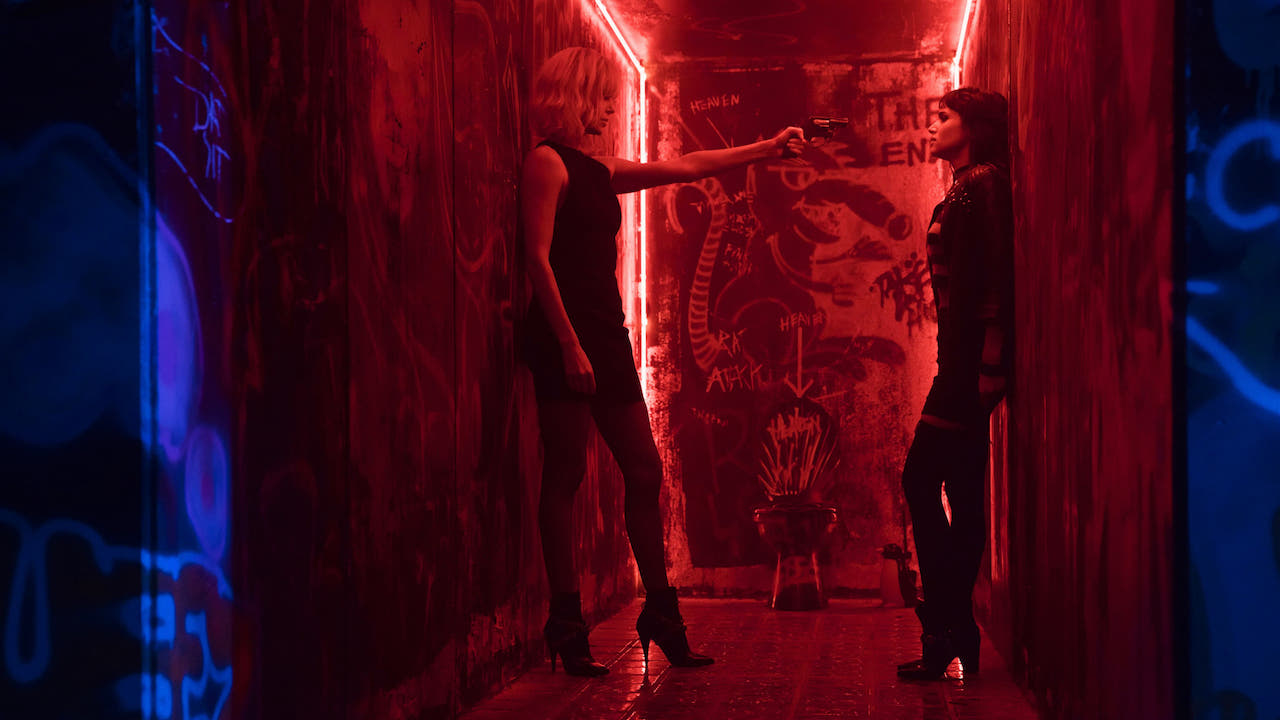
Atomic Blonde (2017)
An action-thriller helmed by John Wick co-director David Leitch, Atomic Blonde sees Charlize Theron play a spy on the hunt for a list of double agents. Set just prior to the collapse of the Berlin Wall, she proceeds to kick ass up and down the German capital, dealing with KGB officers as well as agents from MI6 and France, played by James McAvoy and Sofia Boutella.
Barbarian (2022)
One of the best horror flicks of the past few years, Zach Cregger’s solo directorial debut is unsettling, frequently shocking, and occasionally hilarious, thanks to his background in comedy (he was a member of The Whitest Kids U’ Know sketch troupe). Georgina Campbell proves she can anchor a movie, Bill Skarsgård is unnerving as always, and then Justin Long shows up to prove why he should be cast in way more movies.
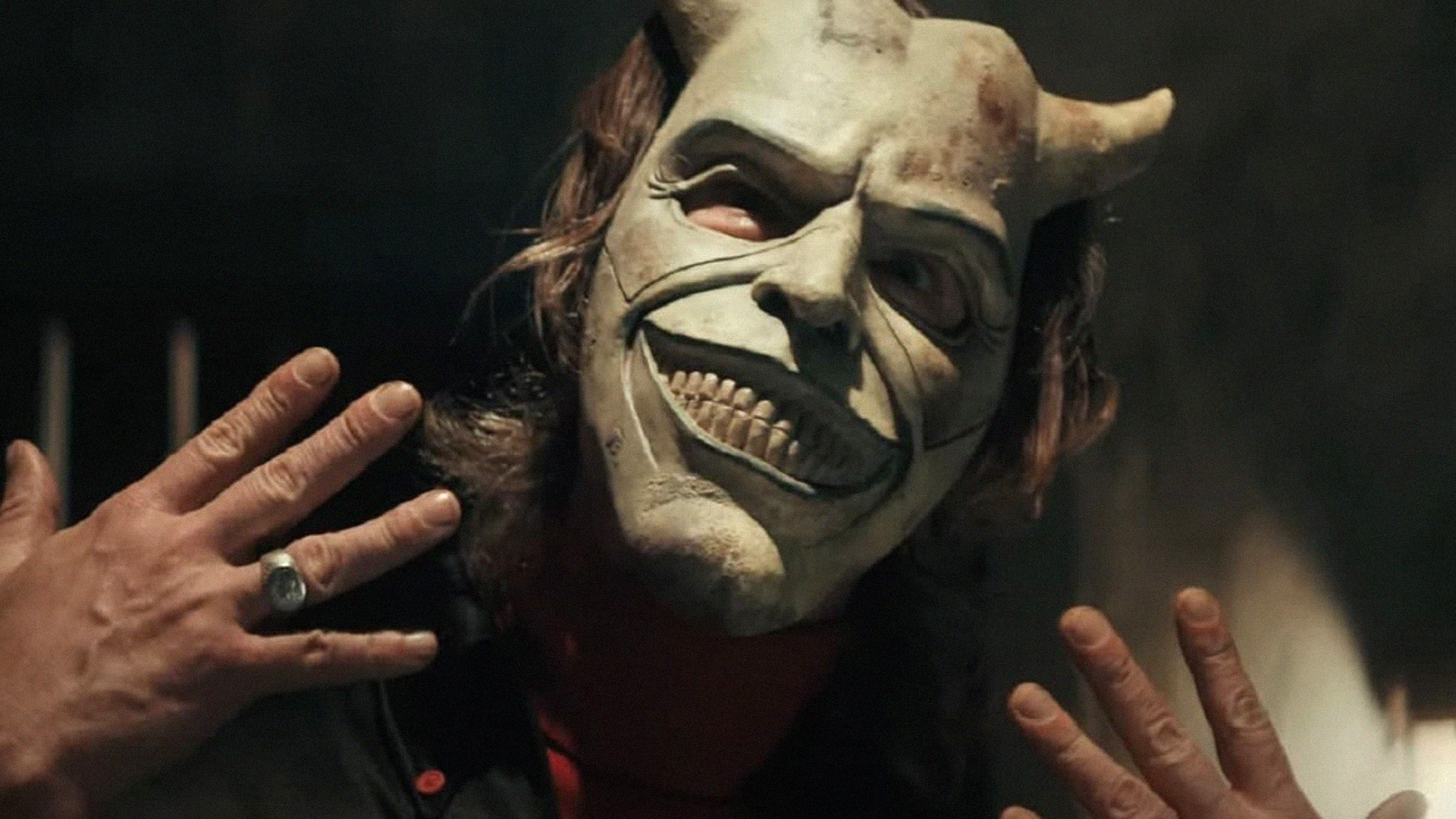
The Black Phone (2022)
When Scott Derrickson departed the MCU (after directing Doctor Strange), he returned to his love of spooky stories, helming this horror-thriller about kidnapped boys and a devilish masked killer played by Ethan Hawke. Working from a story by Joe Hill (son of Stephen King), the film merges supernatural scares with more grounded ones, Hawke turning in a particularly skin-crawling performance.
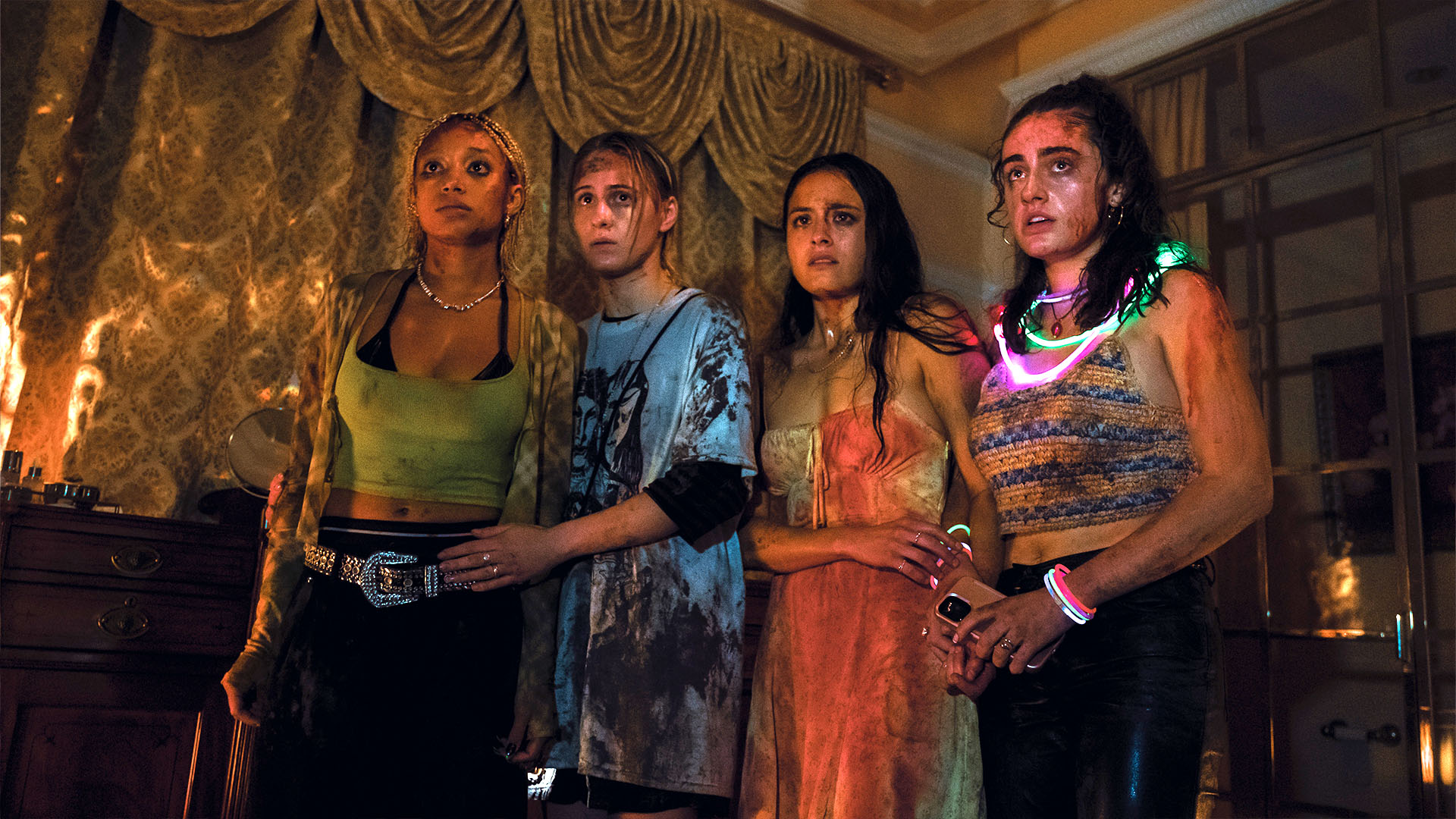
Bodies Bodies Bodies (2022)
As murder mysteries (or even horror films) go, this is slight. But that matters less when you have a script laden with Gen X satire and delivered by the likes of Rachel Sennott, who gives every line reading a whip-smart frisson. Increasingly acidic up until its lacerating denouement, this is the kind of movie that’ll have you hating everyone—but that’s the point.
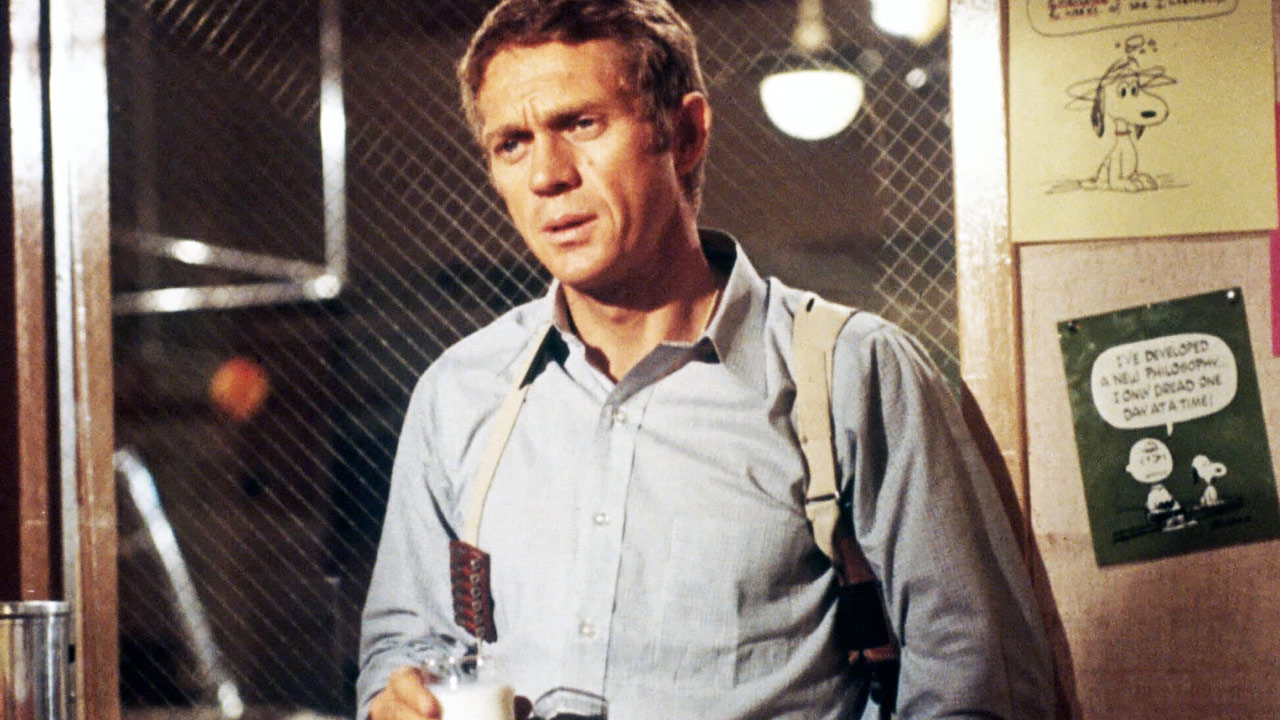
Bullitt (1968)
Featuring one of the finest car chases put to film (employing the hilly streets of San Francisco in a way that’s never been bettered), Bullitt also sports one of cinema’s coolest performances, with Steve McQueen negotiating a maze of conspiracy and double-crosses with maximum stoicism. Lieutenant Frank Bullitt has had a gutsful, and by god he’s going to crack this case.
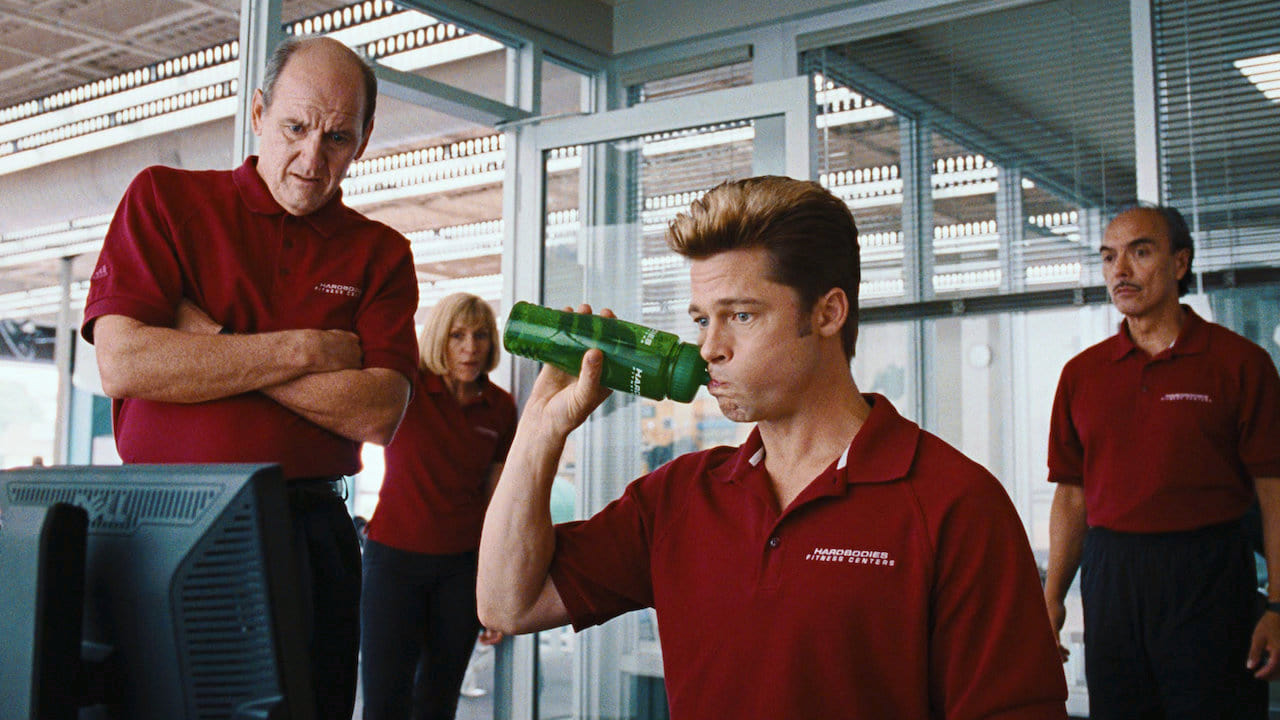
Burn After Reading (2008)
The Coen brothers’ CIA-themed farce was thought to be on the lower side of their output on release, but in hindsight this thoroughly nihilistic snapshot of an incompetent agency seems about right, if not prescient. The film satirises spy thrillers with glee, supported by wonderfully buffoonish turns from Brad Pitt, George Clooney and Frances McDormand.
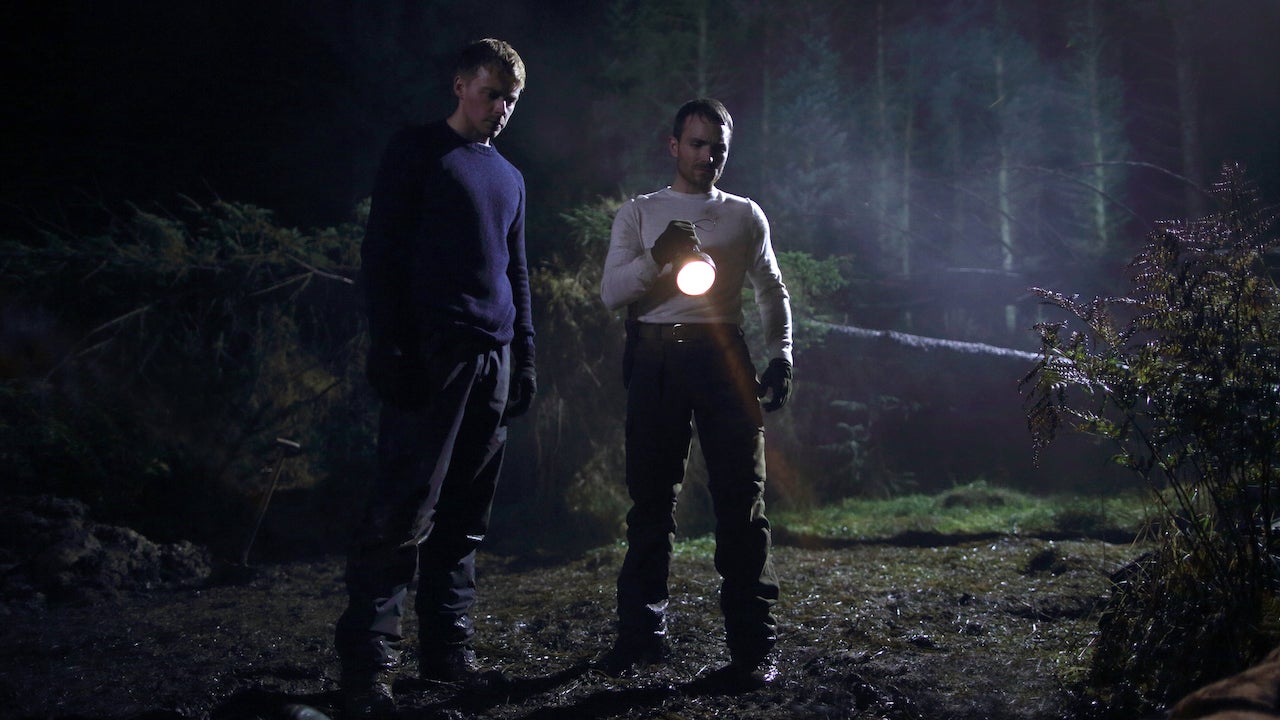
Calibre (2018)
Two friends visit the Scottish Highlands for a spot of hunting and make a very very bad mistake, left to deal with the consequences while stranded amongst the insular community. Undoubtedly grim, but worth it for great performances from Jack Lowden (Benediction) and Tony Curran. Fans of gripping their arm rests very tightly waiting for something bad to happen will not be disappointed.
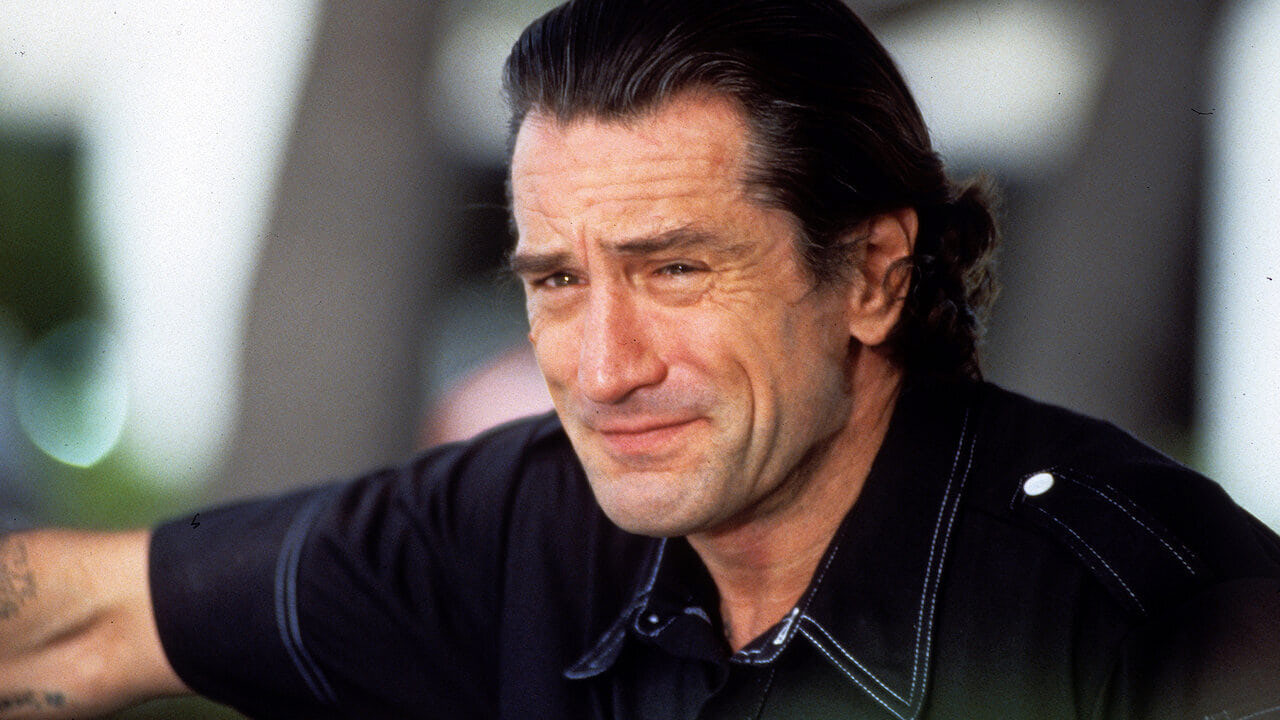
Cape Fear (1991)
Martin Scorcese remade the 1962 film of the same name, ramping up its luridness and paying tribute to Alfred Hitchcock wherever possible. His embrace of Hitch’s camera, lighting, and editing techniques intentionally clash with the grubby subject matter, and Scorsese’s usual moral relativism. Nick Nolte is a delight as a buttoned-down lawyer way out of his depth, and De Niro goes full Beast Mode.
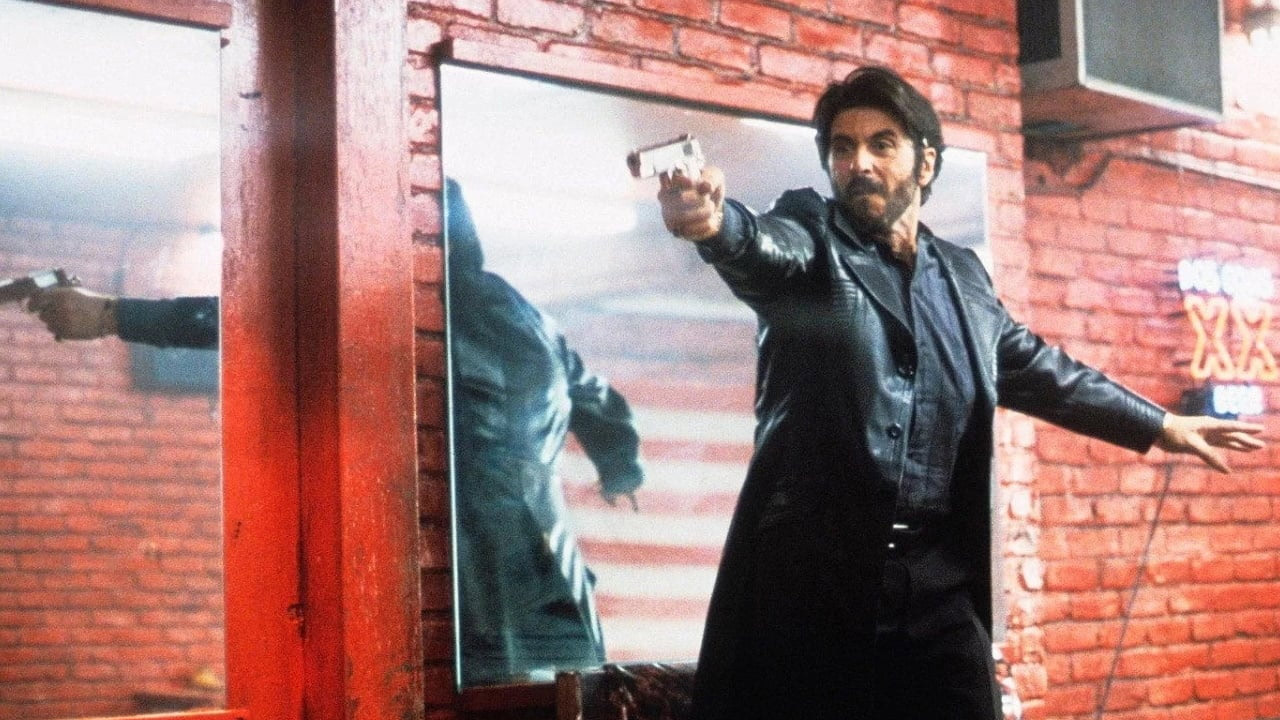
Carlito’s Way (1993)
An unbelievable roster of talent—director Brian De Palma, writer David Koepp, and stars Al Pacino and Sean Penn—crafted this crime classic, which is as bittersweet as it is exciting. The more Pacino’s ex-con is drawn back into a life of crime, the more De Palma cranks up his formidable chops. We feel the pressure all the way to a nail-biting finale.
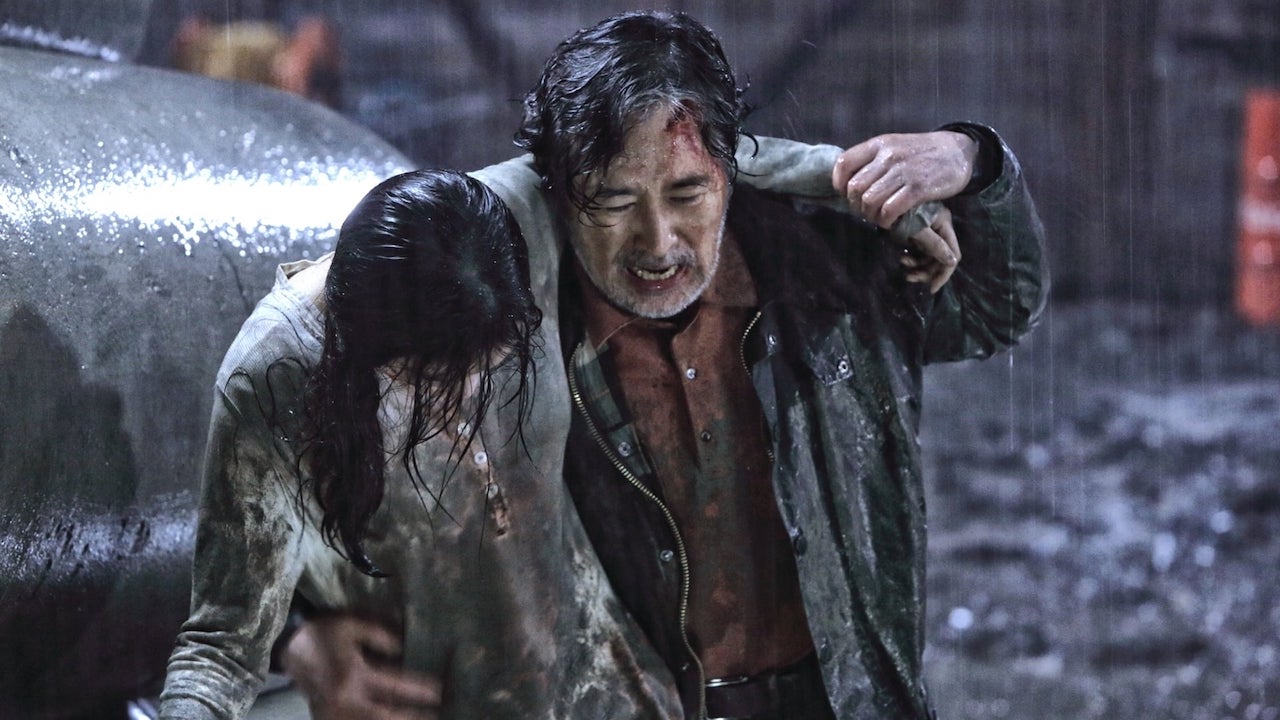
The Chase (2017)
South Korean cinema excels in the thriller genre, and this slightly under-the-radar 2017 serial killer stonker is a worthy addition to the canon. As is common in the region it weaves between comedy, drama and high octane action, following a grumpy landlord who teams up with a former detective to track down the increasingly bold culprit behind a spate of murders.
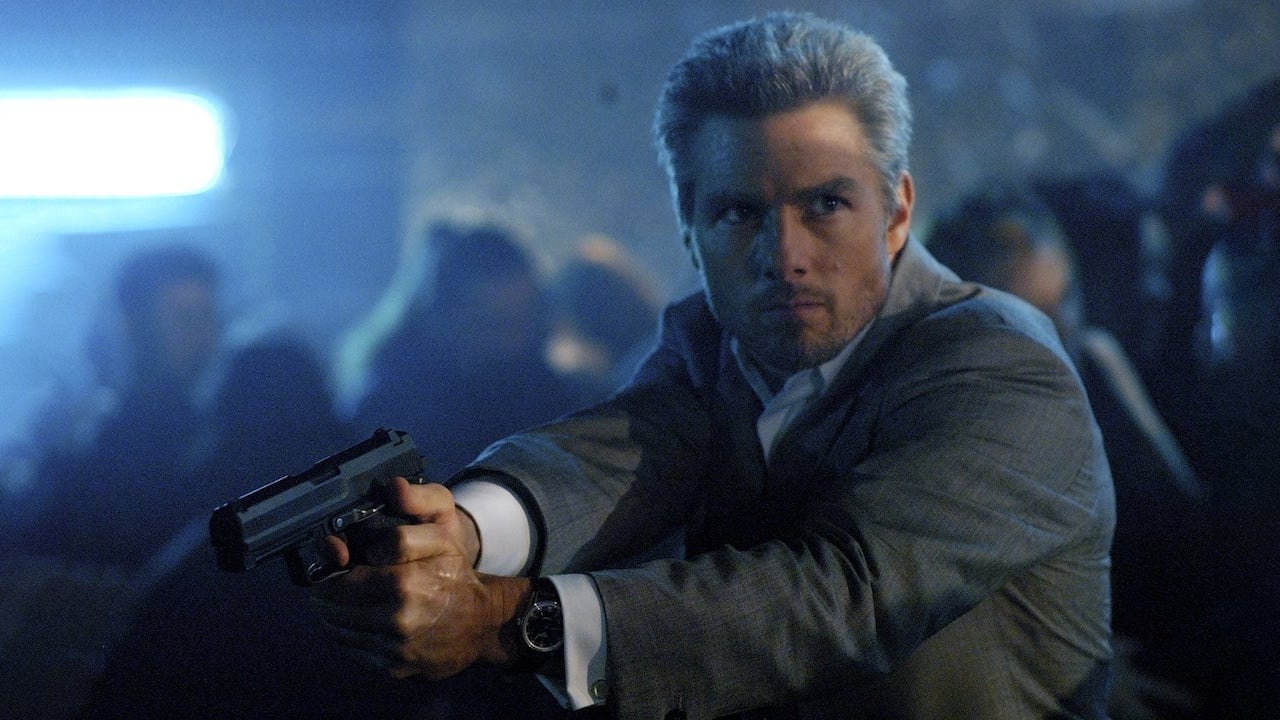
Collateral (2004)
One of Tom Cruise’s best performances (please play a villain again Tom!), and one of Jamie Foxx’s too, not to mention the appearance by a scene-stealing Jada Pinkett-Smith. That’s Michael Mann for you though: deploying typically muscular filmmaking to bolster a no-nonsense story of hapless hero meeting hitman, pioneering digital cinematography to showcase Los Angeles, and delivering a one-crazy-night showstopper.
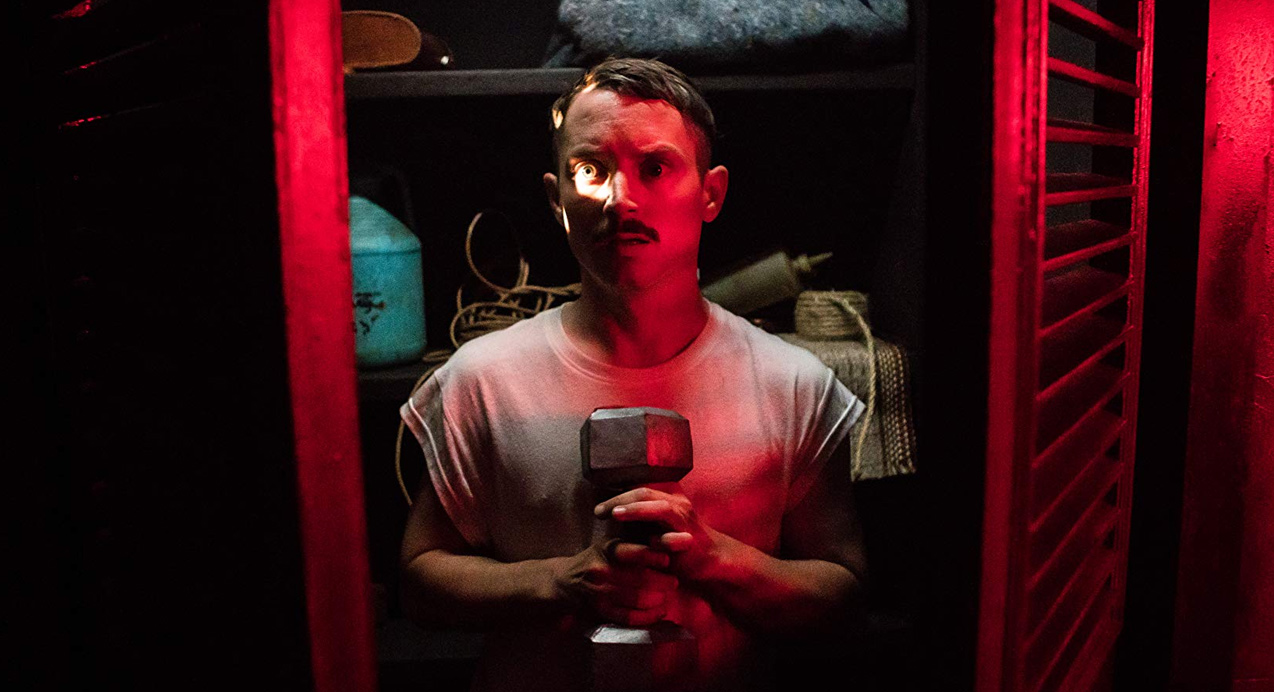
Come to Daddy (2019)
NZ filmmaker Ant Timpson’s feature debut follows a hipster musician played by Elijah Wood as he tracks down the father he hasn’t seen since he was five. An abundance of plot twists ensues, as dear old dad is unexpectedly hostile, and it turns out there might be more going on than would appear. Bonus points for a supporting cast of treasured character actors, including Martin Donovan and Stephen McHattie.
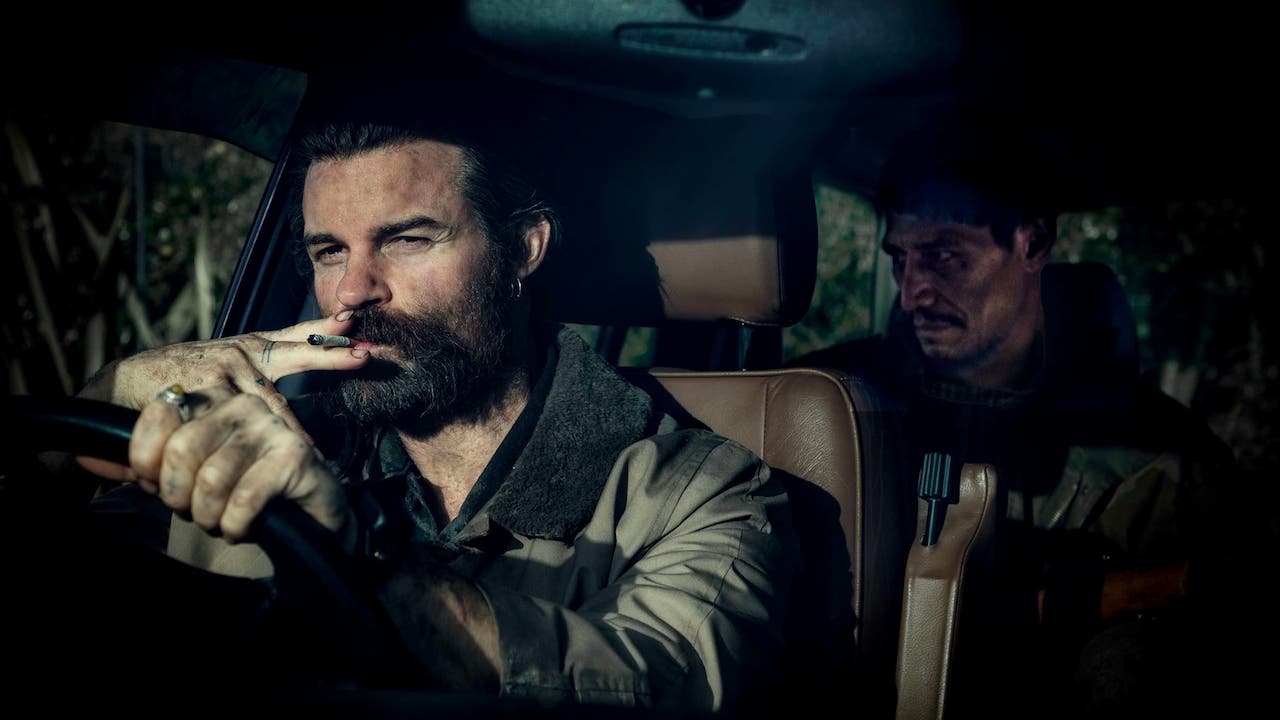
Coming Home in the Dark (2021)
A lean, very upsetting slice of NZ gothic depicting the worst family holiday ever, which sees parents Erik Thomson and Miriama McDowell tormented by an excellent Daniel Gillies, for reasons revealed over the course of the film. First-time director James Ashcroft expertly deploys a series of hair raising moments, but the film’s real strength is the way it provokes thought and self-reflection.
Contagion (2011)
The streaming figures on this 2011 film about a global pandemic that sends the world into despair shot up in 2020, for reasons I’m sure you can deduce. Definitely interesting to view in hindsight and compare to real events, it’s also another cracking ensemble piece from Steven Soderbergh, following Matt Damon, Jude Law, Kate Winslet and a truckload more big names as they attempt to quell the chaos.
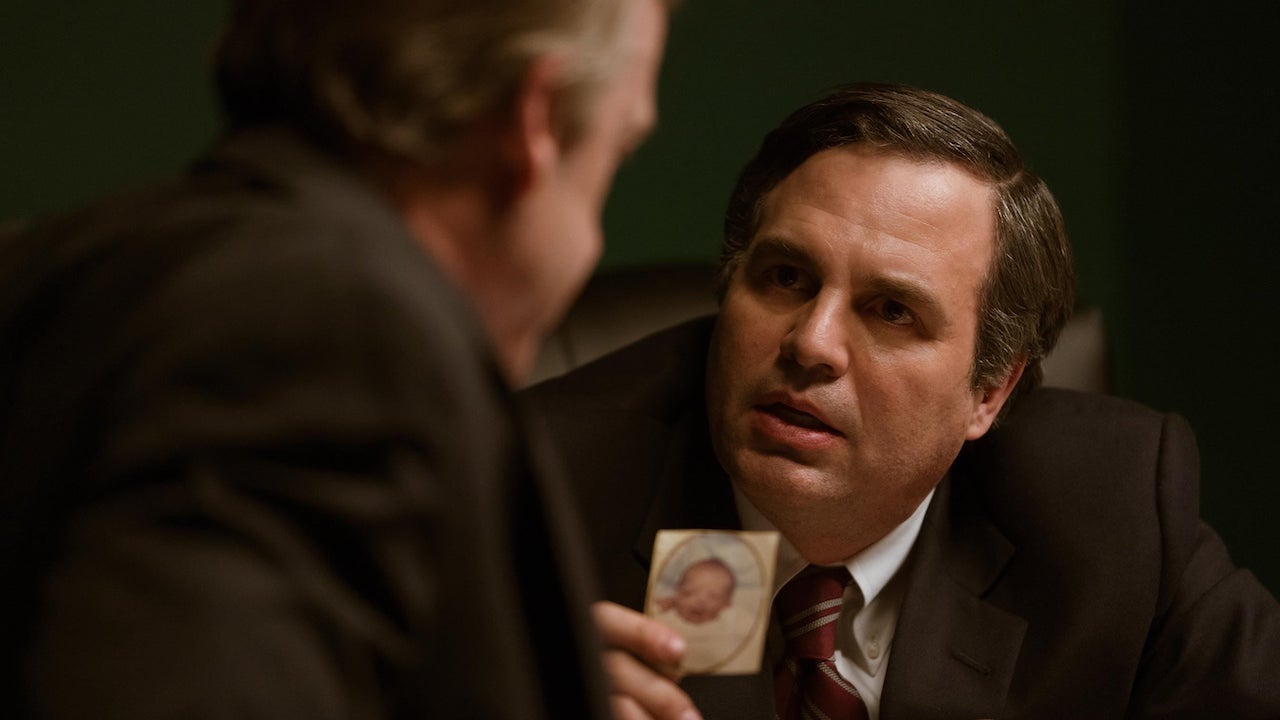
Dark Waters (2020)
Todd Haynes last fictional full-length prior to the buzzed-about May December was this comparatively under-the-radar adaptation of “The Lawyer Who Became DuPont’s Worst Nightmare”. That lawyer was Robert Bilott, played here by Mark Ruffalo, who mounted a case against the chemical company when it emerged they’d been dumping toxic sludge. Sporting a stacked cast including Anne Hathaway and Tim Robbins, the true story unfolds with big-screen thrills.
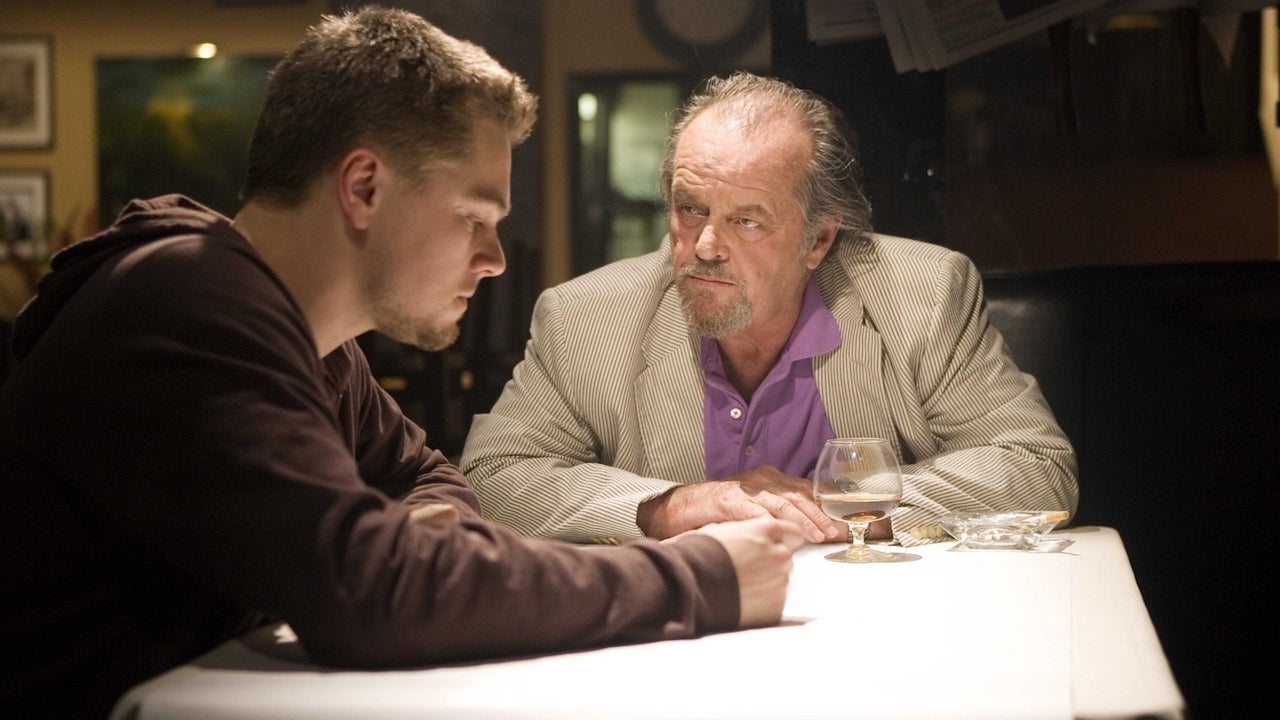
The Departed (2006)
Martin Scorsese transplanted Hong Kong’s Infernal Affairs to Boston for this Oscar-winning gangster epic. Leonardo DiCaprio and Matt Damon orbit Jack Nicholson’s unhinged mob boss, letting the legendary actor off the leash. Cracking dialogue and snappy pacing help make this a hoot.
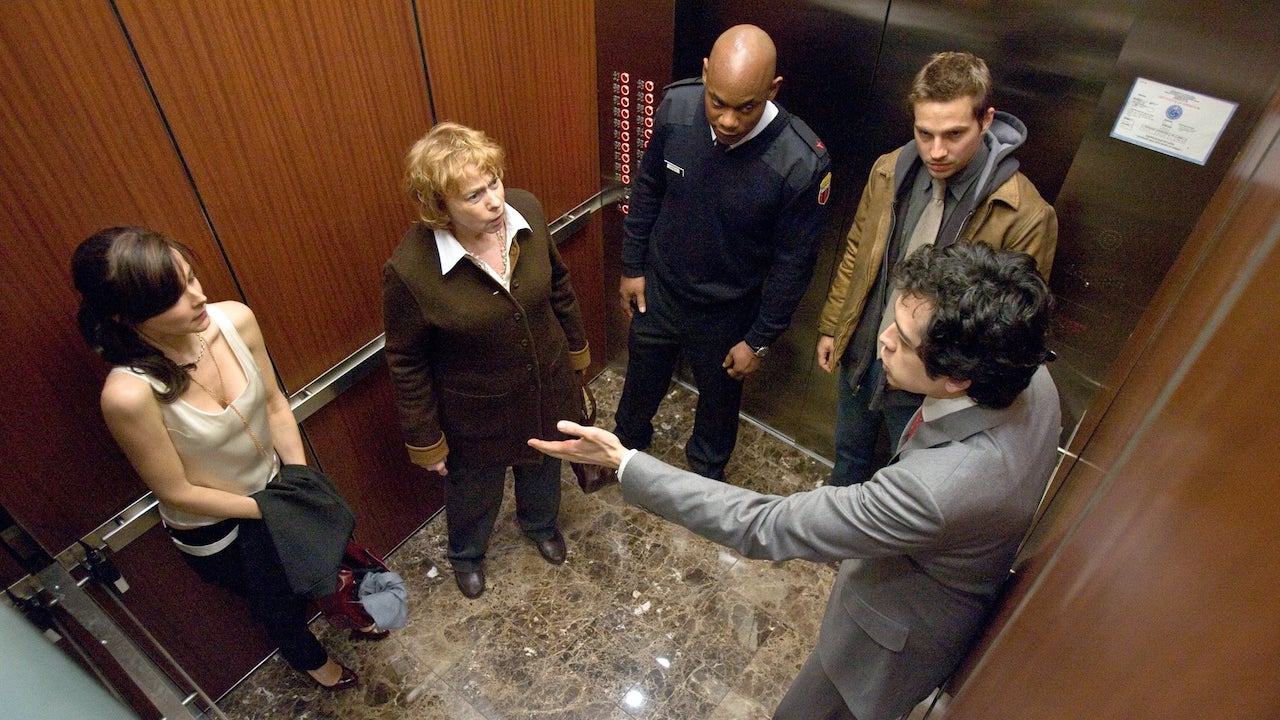
Devil (2010)
M. Night Shyamalan wrote the story for this 2010 chiller. Equal parts scary and silly, his DNA is all over it. It’s mostly set in an elevator, where five people become trapped. When they start dying, the question is raised whether one of them might be the titular Prince of Darkness. Trust me: it’ll make sense once you watch it.
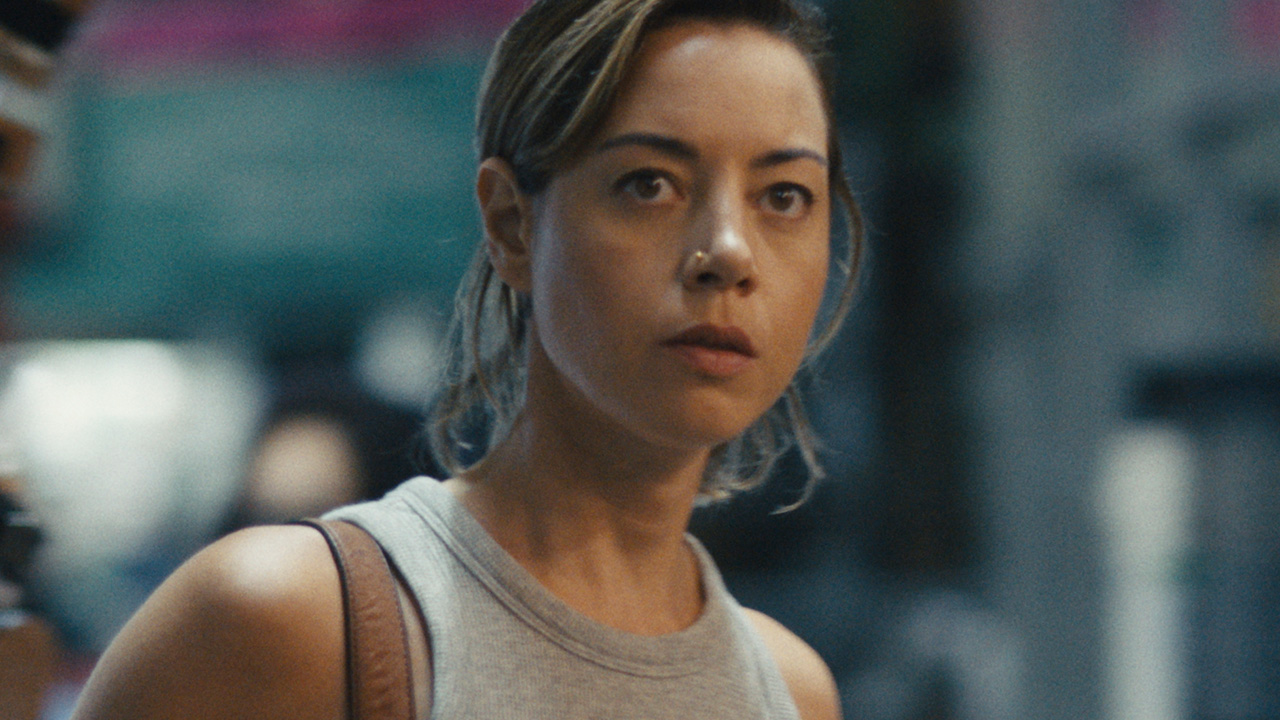
Emily the Criminal (2022)
A small-scale crime flick that makes its points about the student loan system and income inequality in America, without letting them get in the way of a good yarn. John Patton Ford’s debut feature showcases another great dramatic turn from Aubrey Plaza, as she dips a toe into the world of petty crime and quickly finds herself treading water. When romantic entanglement enters the equation, the movie graduates from snazzy thriller to great film full stop.
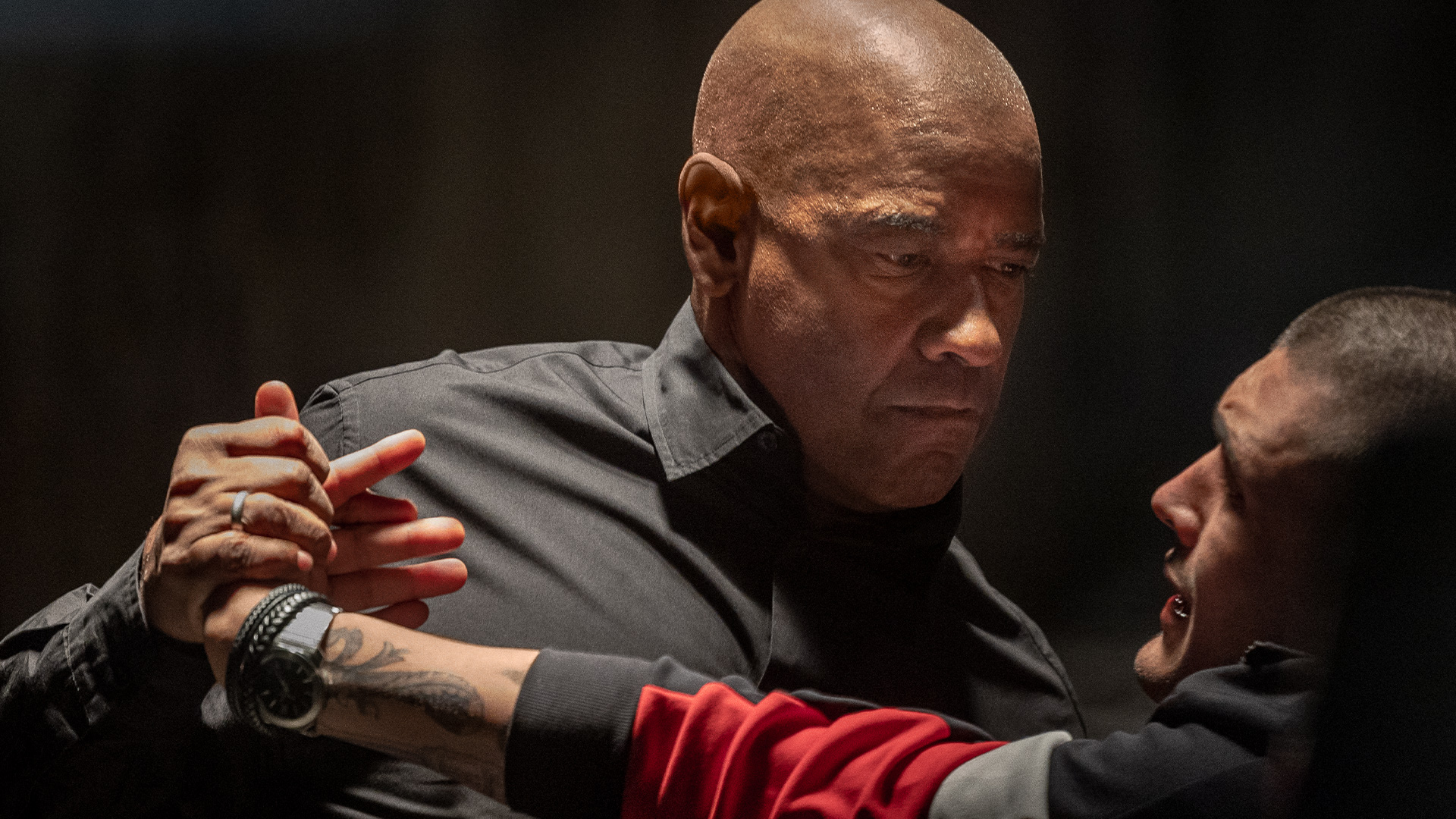
The Equalizer 3 (2023)
The most surprising thing about the third instalment of Denzel Washington’s action-thriller franchise is how gorgeous it often looks, thanks in part to being set in the Italian countryside. The second is that it might be the series’ best entry, turning on a dime from wholesome tranquillity to borderline horror whenever Denzel is required to equalise some dudes.

Fall (2022)
As someone with a mild fear of heights I found many parts of this genuinely hard to watch, even though I knew I was looking at a special effect. Two women find themselves stranded 2000 ft in the air on a decrepit TV tower, after a chain of events that will have you yelling at your screen for them to stop. They don’t, and the movie manages to stretch out the premise to feature length while staying surprising.
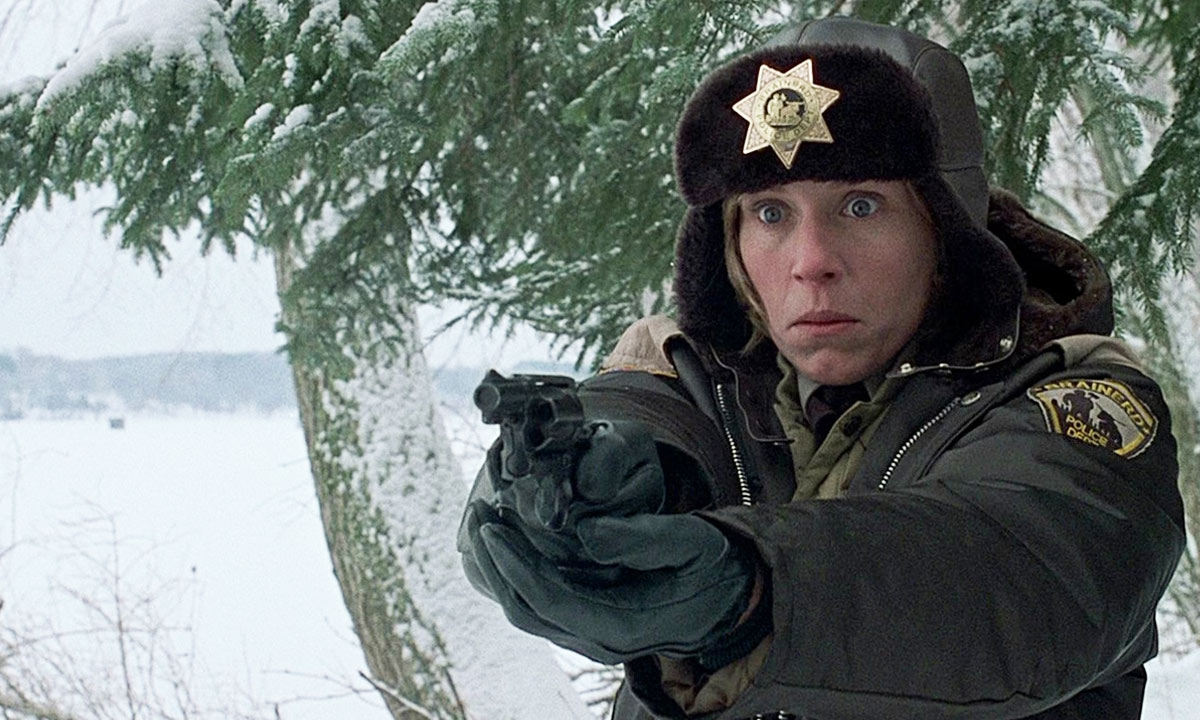
Fargo (1996)
A highpoint in the Coen Brothers astoundingly consistent career, Fargo treads the finest of lines between comedy and tragedy, contrasting the “Minnesota nice’”of the directors’ birthplace with the unpleasant actions of some career criminals. Steve Buscemi got his chance to cut loose in a Coen pic (after supporting in several), and makes a real meal of it, while Frances McDormand brings plenty of nuance to her role as the movie’s moral centre.
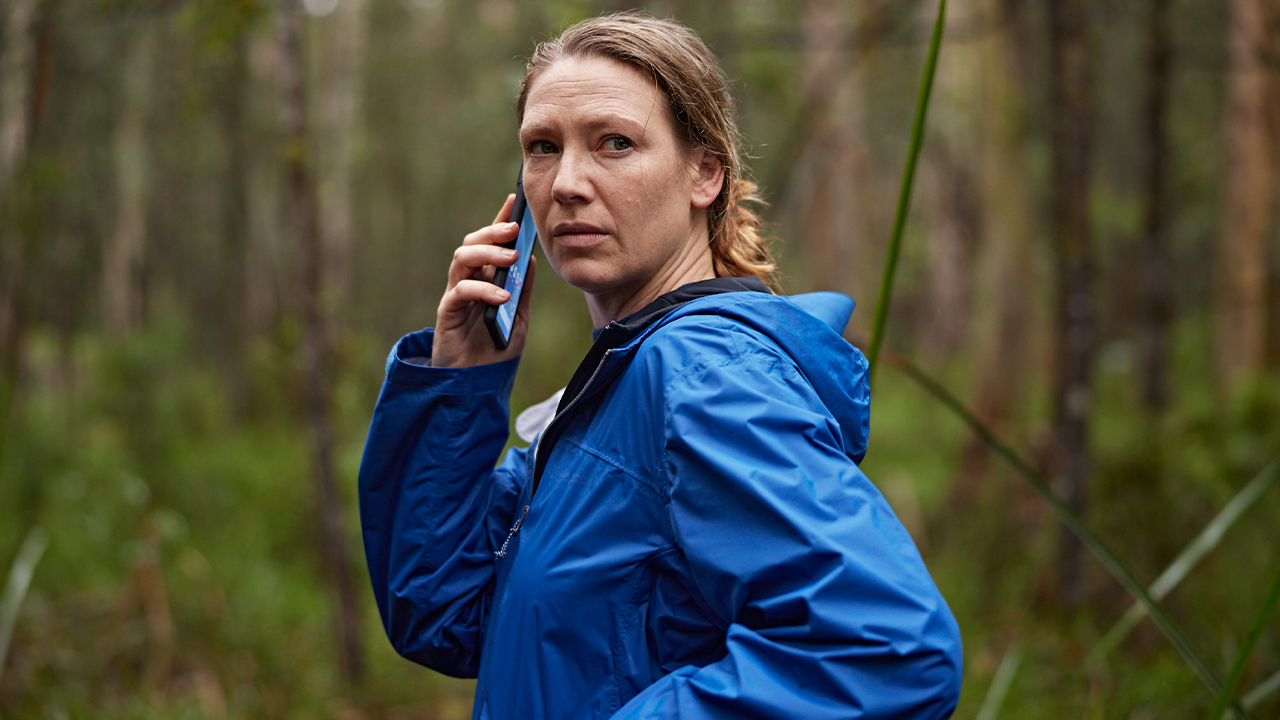
Force of Nature: The Dry 2 (2023)
Eric Bana brings the sort of soulful gravitas you expect from his dramatic roles to this sequel to 2020’s The Dry, playing a detective investigating a case tied to his past. That’s not an uncommon setup for a mystery, but director Robert Connolly keeps things unpredictable.
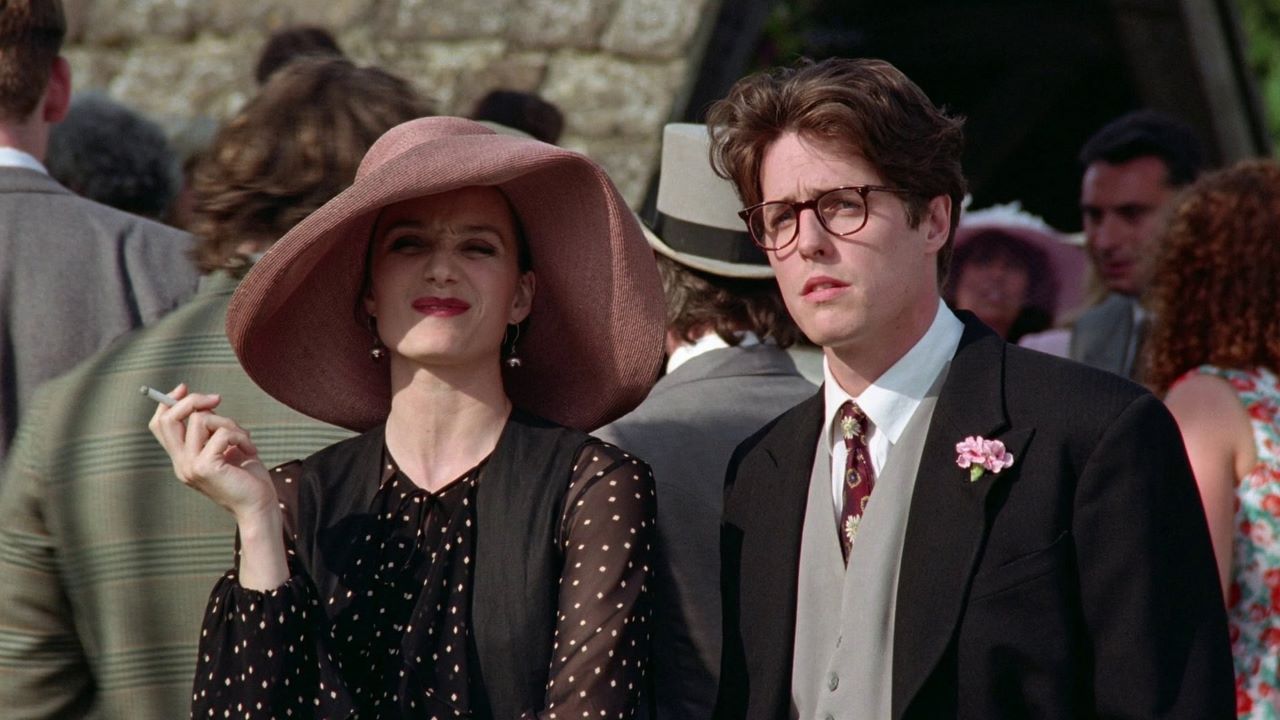
Four Weddings and a Funeral (1994)
Director Mike Newell’s filmography is a very diverse one, and he might not have seemed likely to helm a lovely cuddly Richard Curtis script, but the results, hinging on the UK/US chemistry between Andie MacDowell and Hugh Grant, certainly deliver. The actor’s “oh crikey” charms became omnipresent for a while following this movie, as it became an unexpected commercial and critical hit.
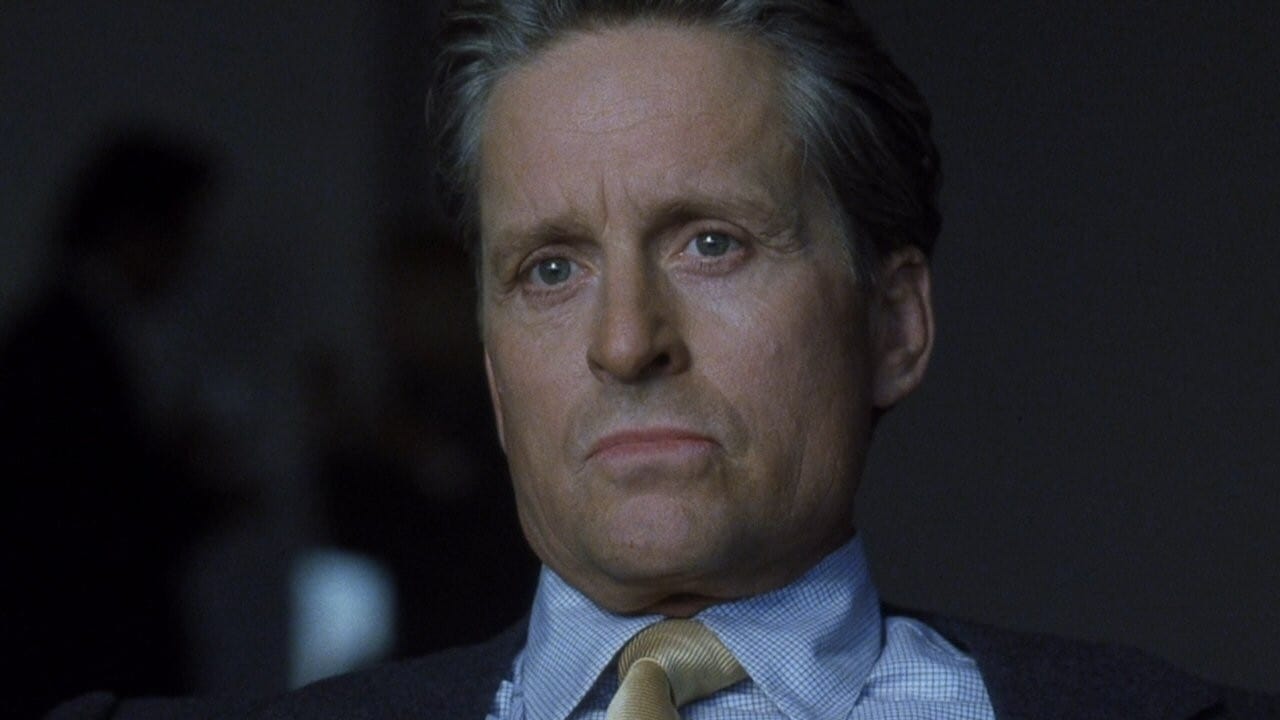
The Game (1997)
Michael Douglas at the tail end of his Sleaze King era gets put through the wringer by dastardly David Fincher, following up the one/two punch of Se7en and Fight Club with this twistier tale of brotherly love, wish fulfilment and general weirdness. It’s a paranoid tumble down the rabbit hole that plays quite differently after recent escalations in conspiracy theorising, but might be stronger for it.
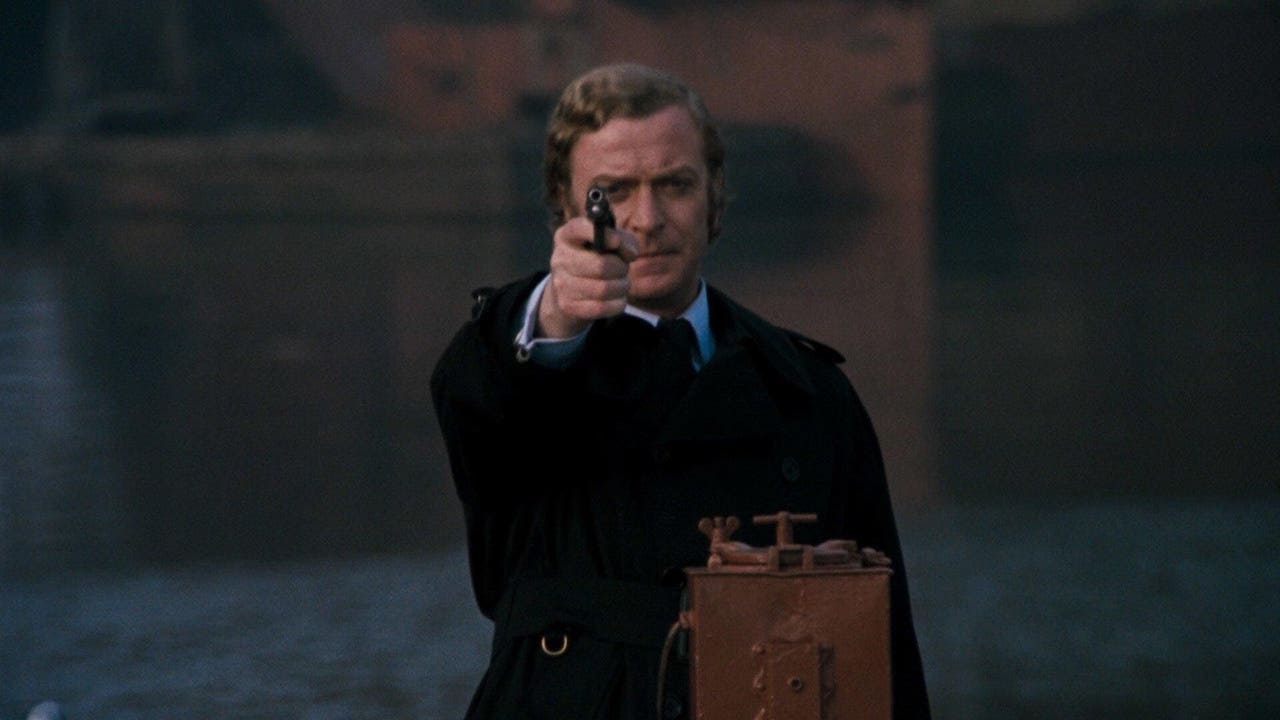
Get Carter (1971)
Michael Caine wreaks havoc on the Newcastle underworld while investigating his brother’s murder, endlessly charismatic, constantly poe-faced, and spouting charming lines like “your eyes still look the same: pissholes in the snow”. Mike Hodges’ no fuss, no muss direction is as remorseless as his lead character, the result being a true Brit crime classic, decades before Guy Ritchie uttered his first “geezer”.
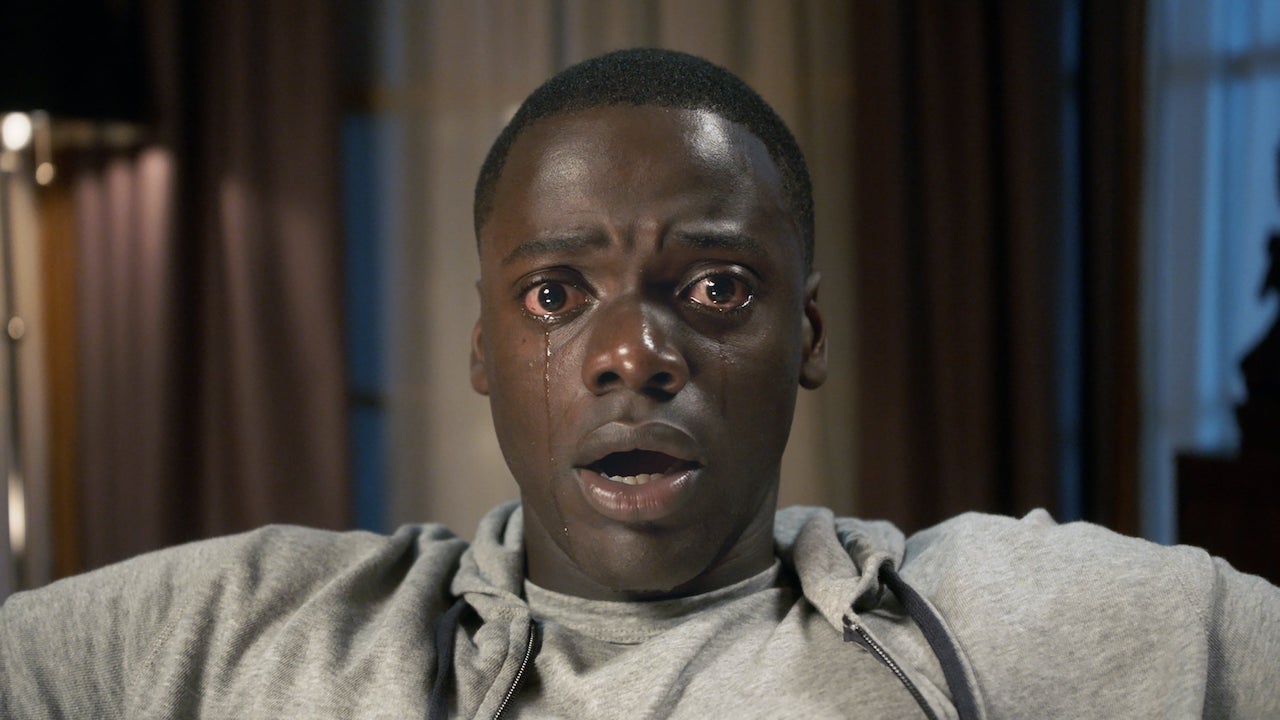
Get Out (2017)
Tight as a drum all the way though, from concept to script to screen, Jordan Peele’s debut was an instant sensation, thanks largely to the way it conveys a somewhat tricky concept through massively entertaining (and often terrifying) storytelling. The director knew exactly what he wanted to say, and after honing his chops through years of sketch comedy on Key and Peele, delivered it with verve.
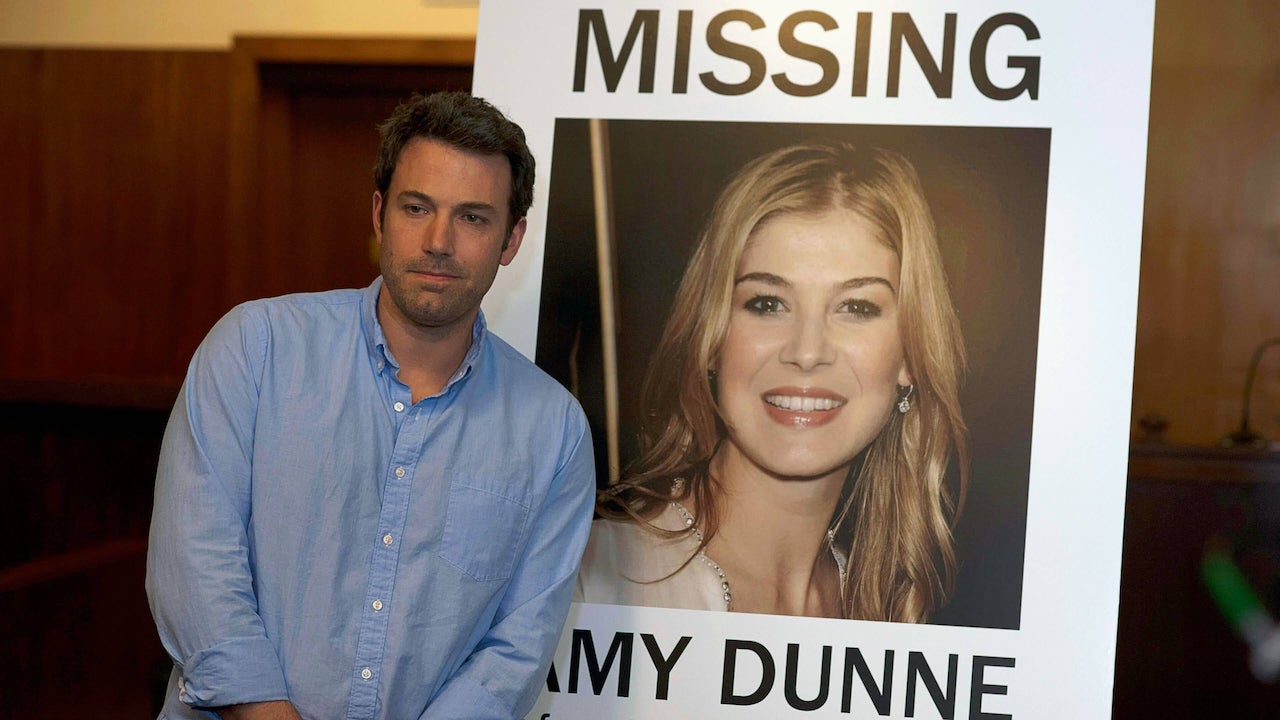
Gone Girl (2014)
David Fincher’s meticulous approach to filmmaking results in his movies being endlessly rewatchable, with this Gillian Flynn adaptation no exception. The usual immaculate surfaces, shocking outbursts of violence, and Reznor/Ross score are all present, with Ben Affleck in the crosshairs as the lead, a standout turn from Rosamund Pike, and surprisingly enthralling support from Tyler Perry.
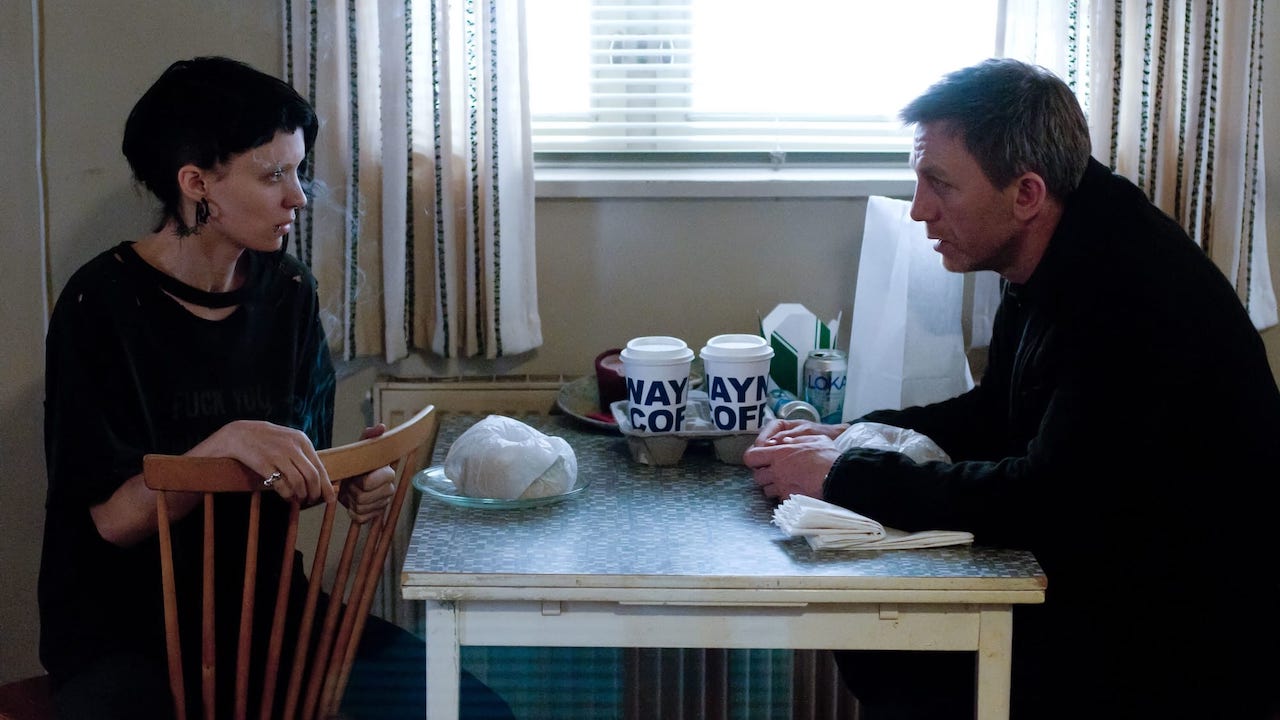
The Girl With the Dragon Tattoo (2011)
The upgrade from the made-for-TV vibes of the Swedish original to the pristine, expert craft of David Fincher is considerable. When his directorial precision is paired with airport novel pulp the results always sing. Not afraid to navigate some incredibly dark material, the film hums with the energy of a great page-turner.

Gone Girl (2014)
David Fincher’s meticulous approach to filmmaking results in his movies being endlessly rewatchable, with this Gillian Flynn adaptation no exception. The usual immaculate surfaces, shocking outbursts of violence, and Reznor/ Ross score are all present, with Ben Affleck in the crosshairs as the lead, a standout turn from Rosamund Pike, and surprisingly enthralling support from Tyler Perry.
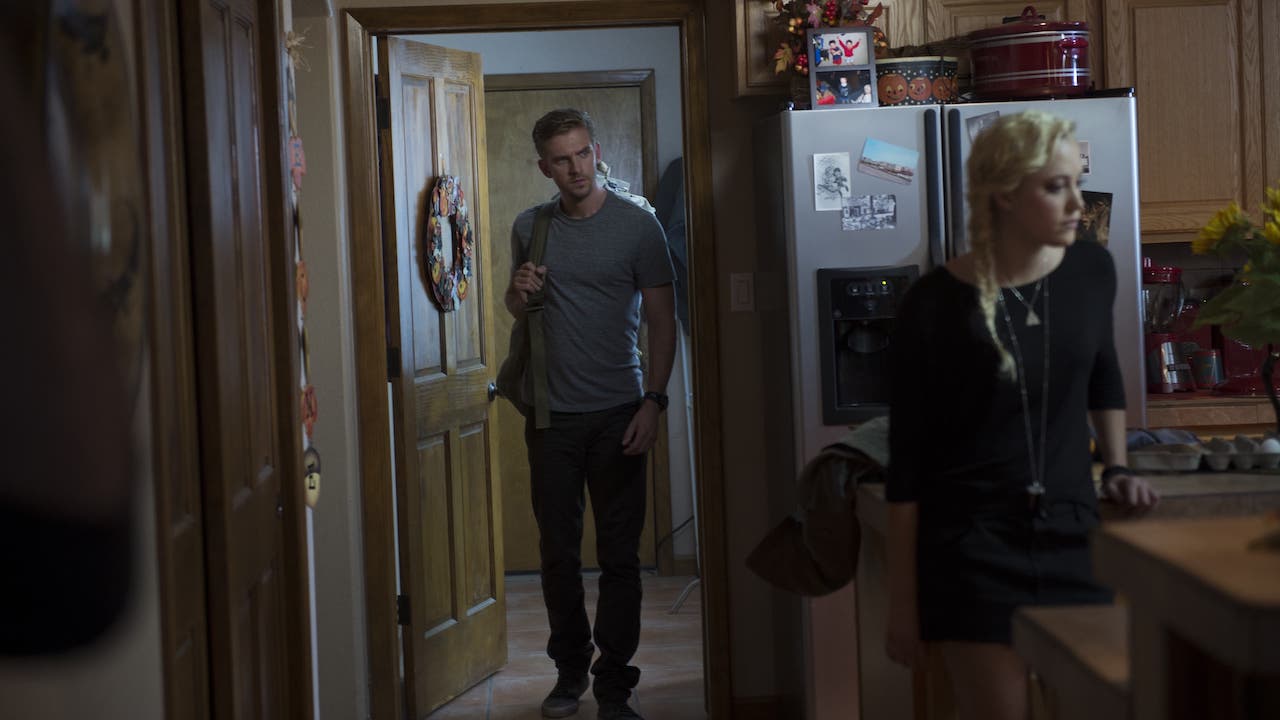
The Guest (2014)
Mining territory somewhere in between John Carpenter’s 80s output and John Hughes 80s output, this 2014 entry starts chill and slowly turns up the heat. Features early performances from Maika Monroe and Dan Stevens ( the latter playing against type as an increasingly sinister army vet), and was director Adam Wingard’s follow up to his home invasion horror You’re Next (these days he’s busy overseeing the Godzilla/Kong films).
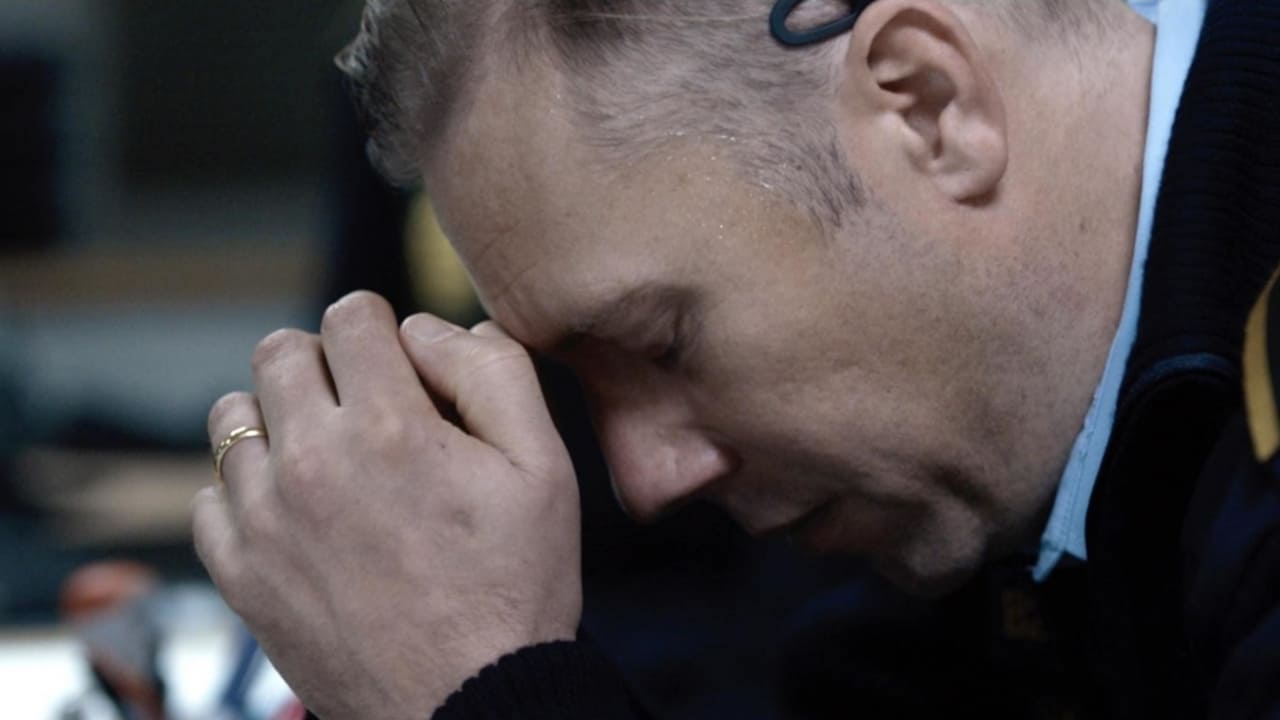
The Guilty (2018)
Miles better than its Hollywood adaptation, this Danish original follows a police officer dealing with emergency calls, eventually trying to contain an unfolding situation on the other end of the line. Makes the most of its cramped single location to ratchet up the pressure on the lone cop, each phone exchange shedding new light on what’s happening outside the station, as well as its protagonist’s shady past.
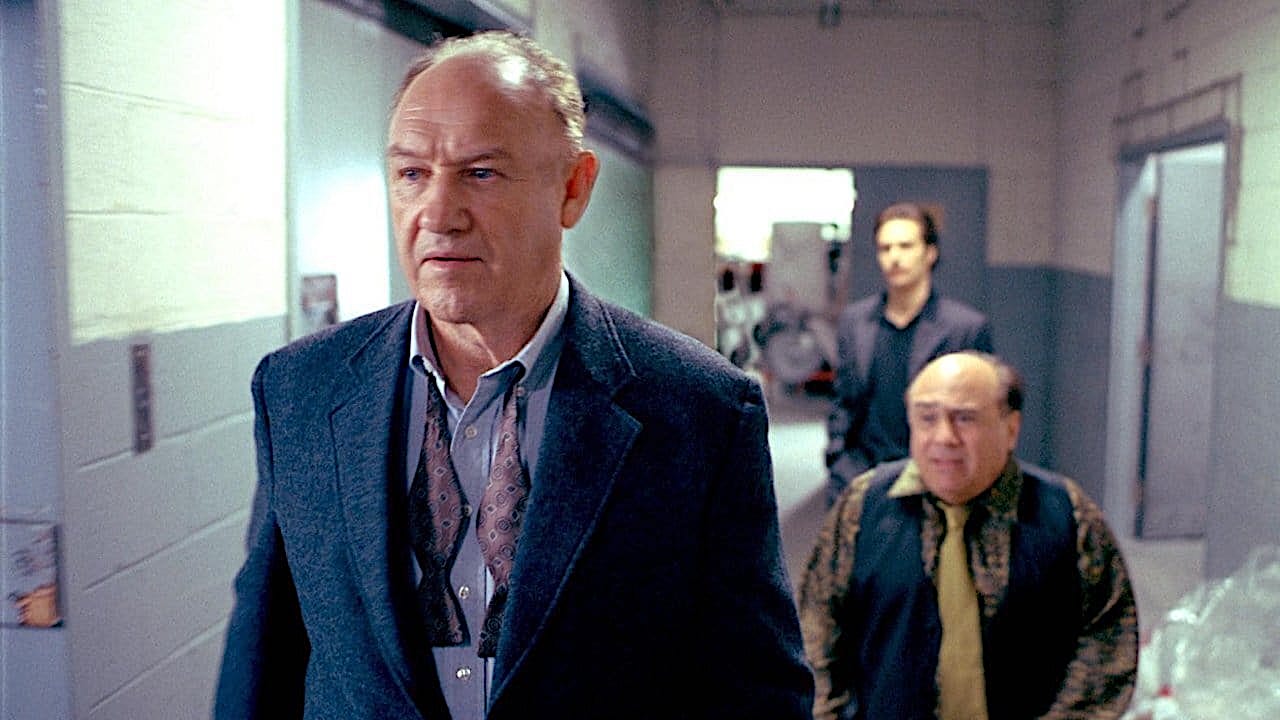
Heist (2001)
Some of the finest thrillers ever have sprung from the pen of David Mamet, in a career that stretches back to the seventies and includes classics like The Spanish Prisoner and House of Games. Like those entries, Mamet also directed this one. It stars acting titans Gene Hackman, Delroy Lindo, Danny Devito and Mamet regular Rebecca Pidgeon, and involves professional thieves and their various schemes.
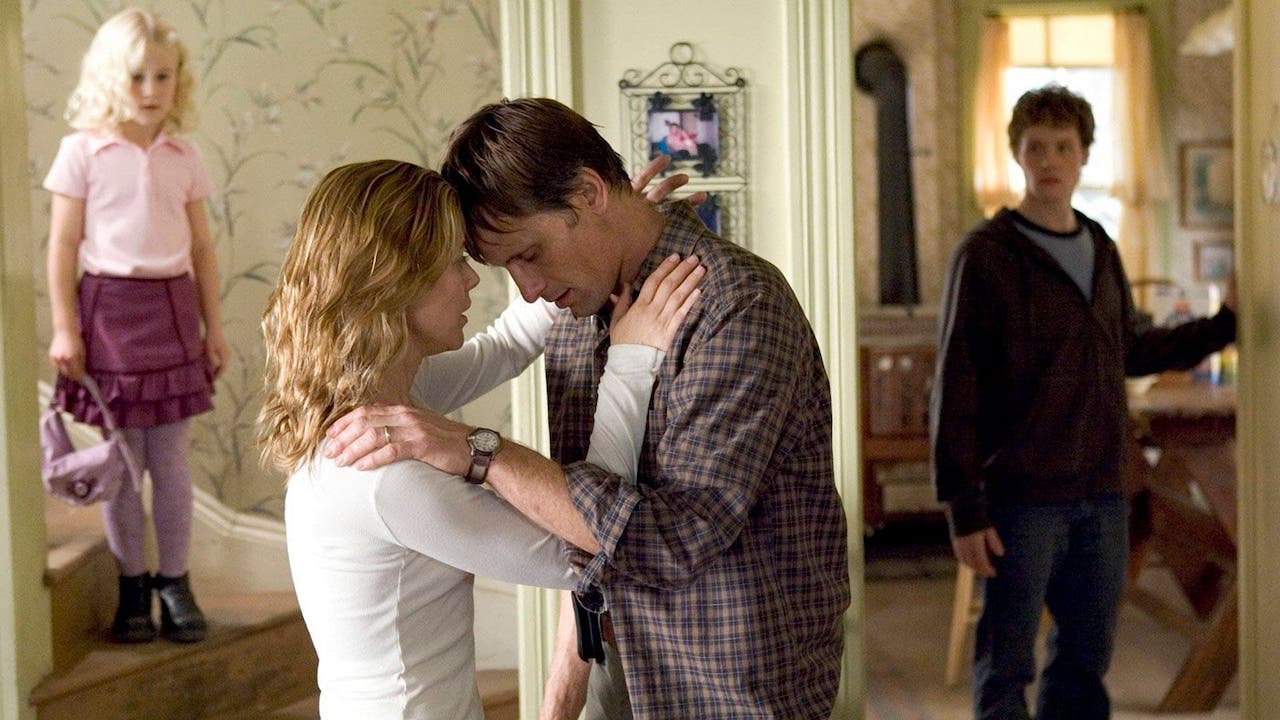
A History of Violence (2005)
Cronenberg’s comic book adaptation puts as much weight on marital stress as it does pulpy thrills, resulting in a decidedly grownup entry into the canon. The Canadian director deftly shows the way an act of violence ripples throughout Viggo Mortenson’s family and community, with Ed Harris AND William Hurt showing up to radiate menace.

Identity (2003)
A big ol’ ham sandwich of dumb fun that throws John Cusack, Ray Liotta, Rebecca MeMornay and more terrific character actors into a motel housing a serial killer and lets the thrills ensue. Multiple rug-pulls follow, leaving any sort of sense in the dust in favour of inspired lunacy. Director James Mangold had already directed some prestigious genre films, and would go on to do plenty more, making this a notably bonkers entry in his filmography.
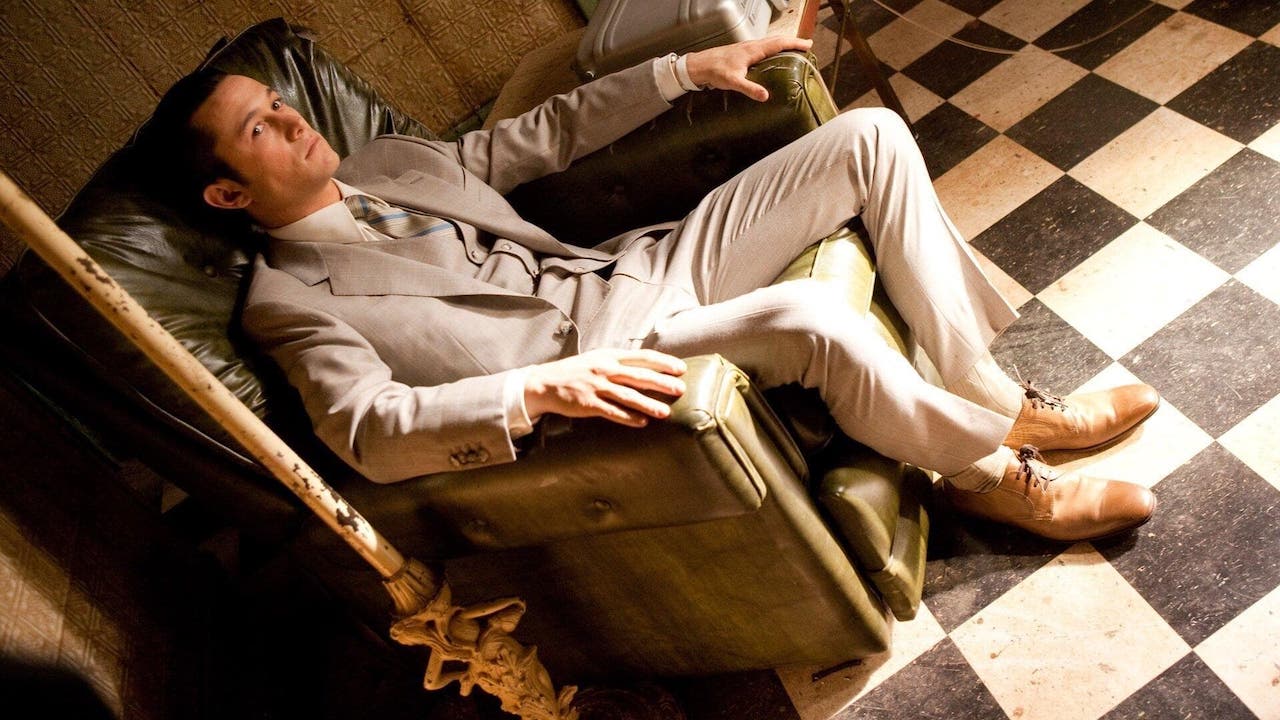
Inception (2010)
Christopher Nolan may work on a colossal scale with enormous budgets, but all his films are thrillers at heart. Inception in particular is basically a spy flick, albeit one gussied up with sci-fi plot mechanics. He really mastered the form here, culminating in a third act symphony of crosscutting between action and ratcheting up tension—with help from Hans Zimmer’s iconic score.
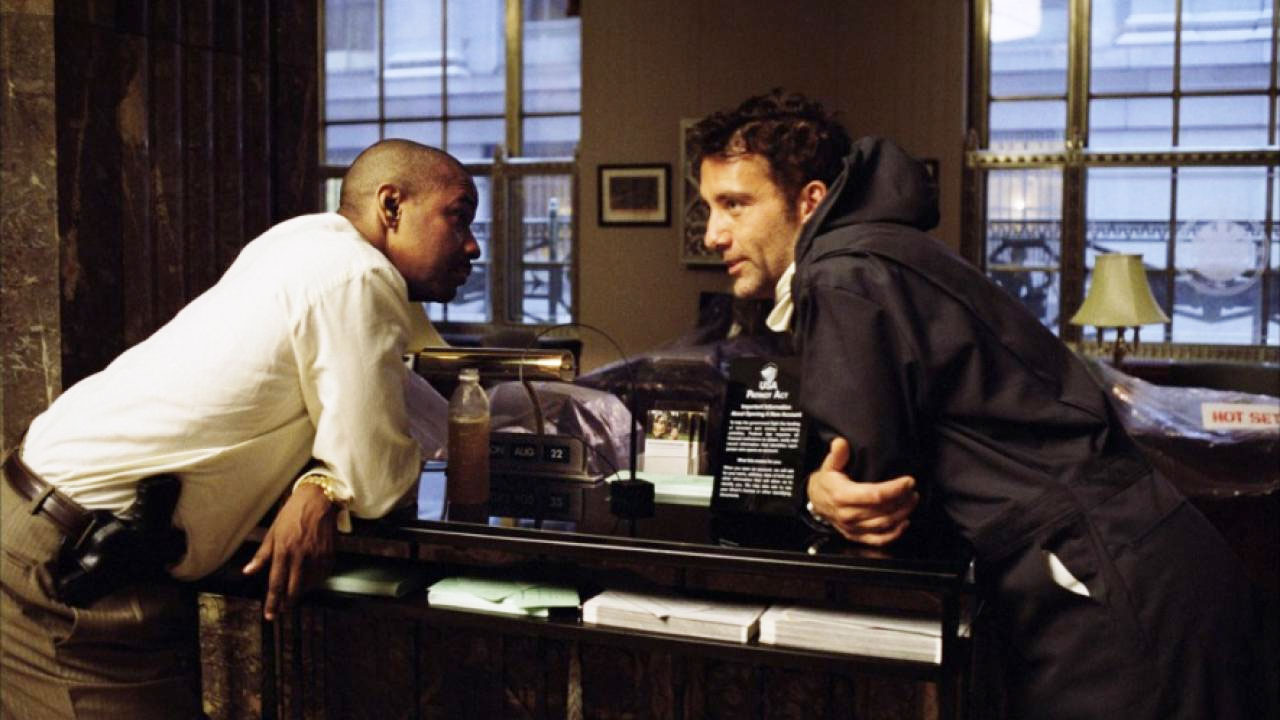
Inside Man (2006)
A heist film set over the course of 24 hours, in which Clive Owen proclaims he’s committed “the perfect bank robbery” before we rewind to find out how. He’s up against Denzel Washington’s detective in a film that, for a Spike Lee joint, is reasonably straightforward in terms of character dynamics (although Lee does colour the margins with subtext), but very tricksy in terms of plot.
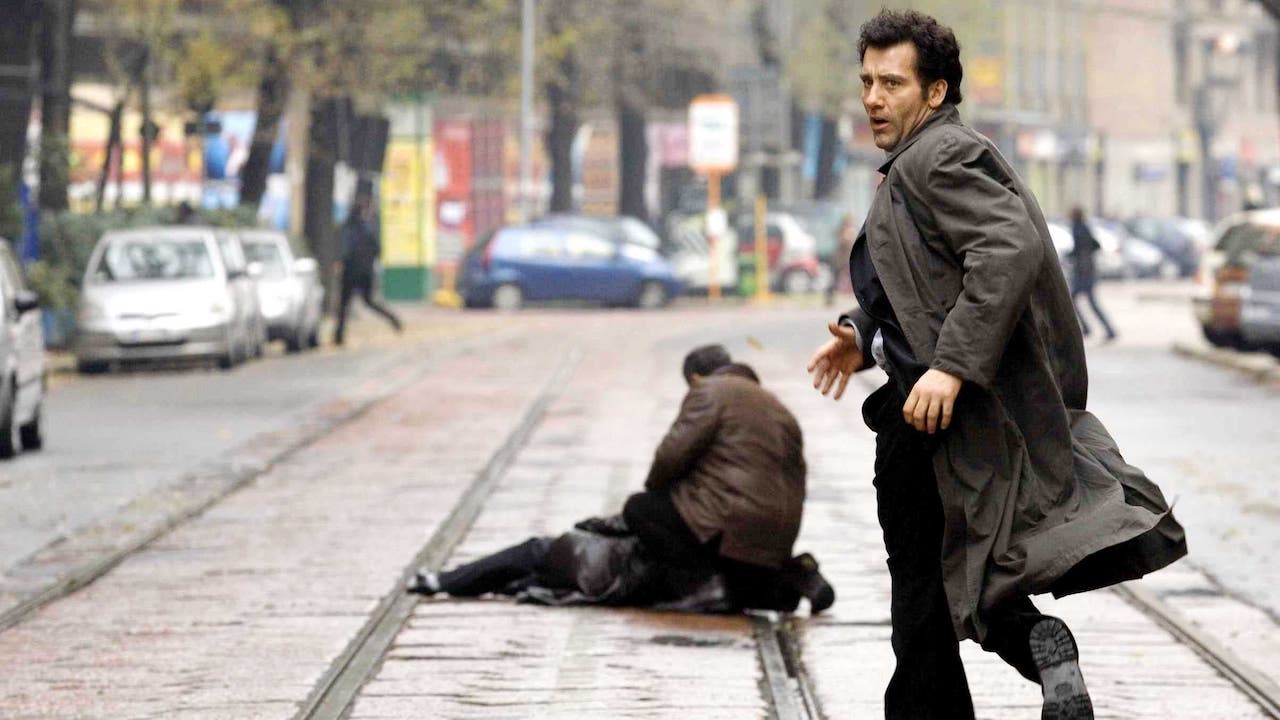
The International (2009)
Tom Twyker might still be best known for his breakthrough Run Lola Run, but it’s well worth checking out this pulse-pounding film about…banking! Clive Owen and Naomi Watts jump between Milan, Istanbul and NYC in their attempt to prove an international bank is corrupt, the highlight being a shootout at the spiraling Guggenheim, staged with Twyker’s impeccable style.
John Wick (2014)
The sequels are superb but the original is still the best: a compact actioner that remade Keanu into a grizzled killing machine and provided tantalising hints of the worldbuilding to come. He’d been practising martial arts onscreen for years but this really upped the ante, combining his lanky athleticism with about a million perfectly executed headshots.
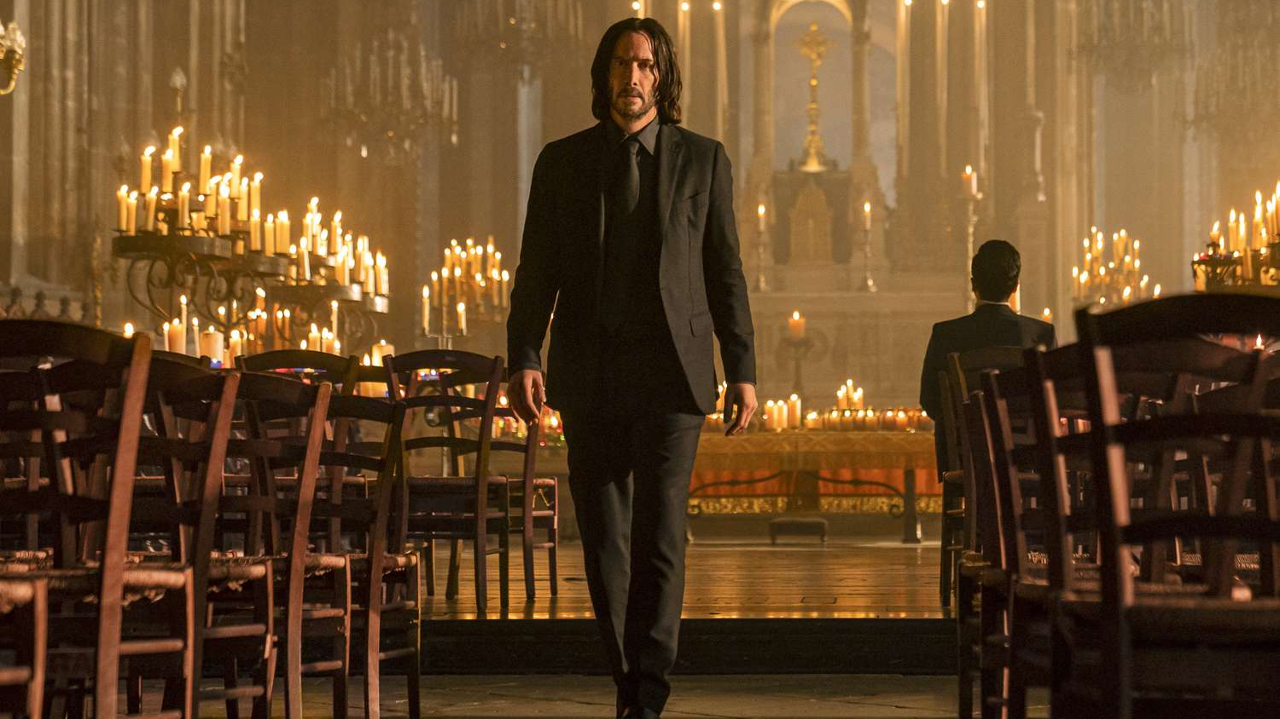
John Wick 4 (2022)
The John Wick franchise’s fourth entry comes close to being its best, thanks to a team (and lead actor) who’ve honed their craft to the finest of points. That craft involves a lot of shooting, stabbing, and vehicular assault, generally in neon-lit famous locations (mainly in France, this time), with the fourth instalment constantly raising the bar visually as an increasingly embattled Keanu rages against the odds. Bonus points for Donnie Yen breezing in and nearly stealing the whole damn movie.
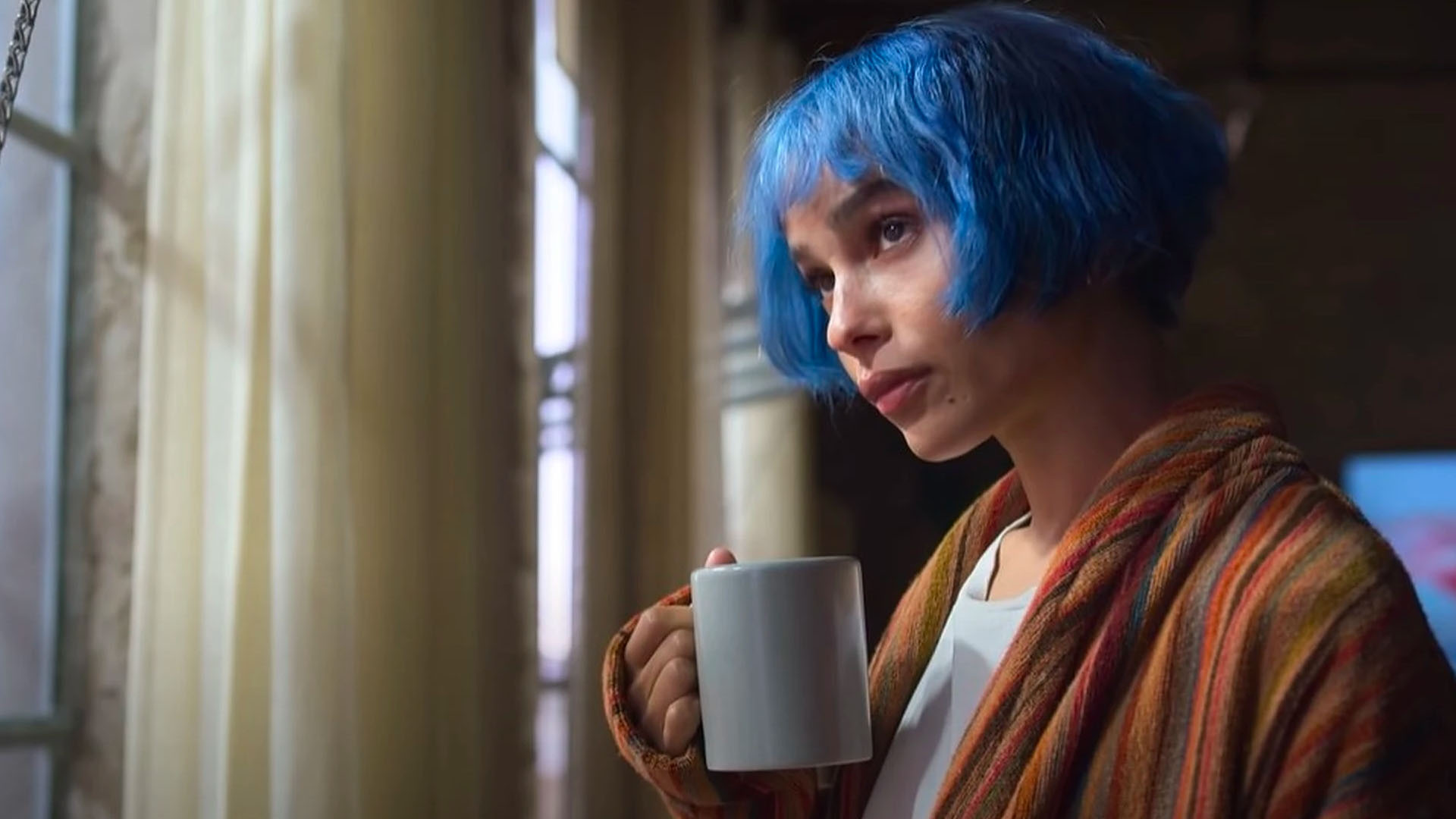
Kimi (2022)
A classic Soderbergh thriller in that it does the basics very well, then proceeds to be a bit more clever than you initially expected (see also: Side Effects, Unsane, Logan Lucky). As acclaimed as the director is, he still feels slightly underrated in his ability to perfectly place his camera and tell his story effortlessly. Here he finds the perfect lead in Zoë Kravtiz as an agoraphobic coming up against Big Tech.
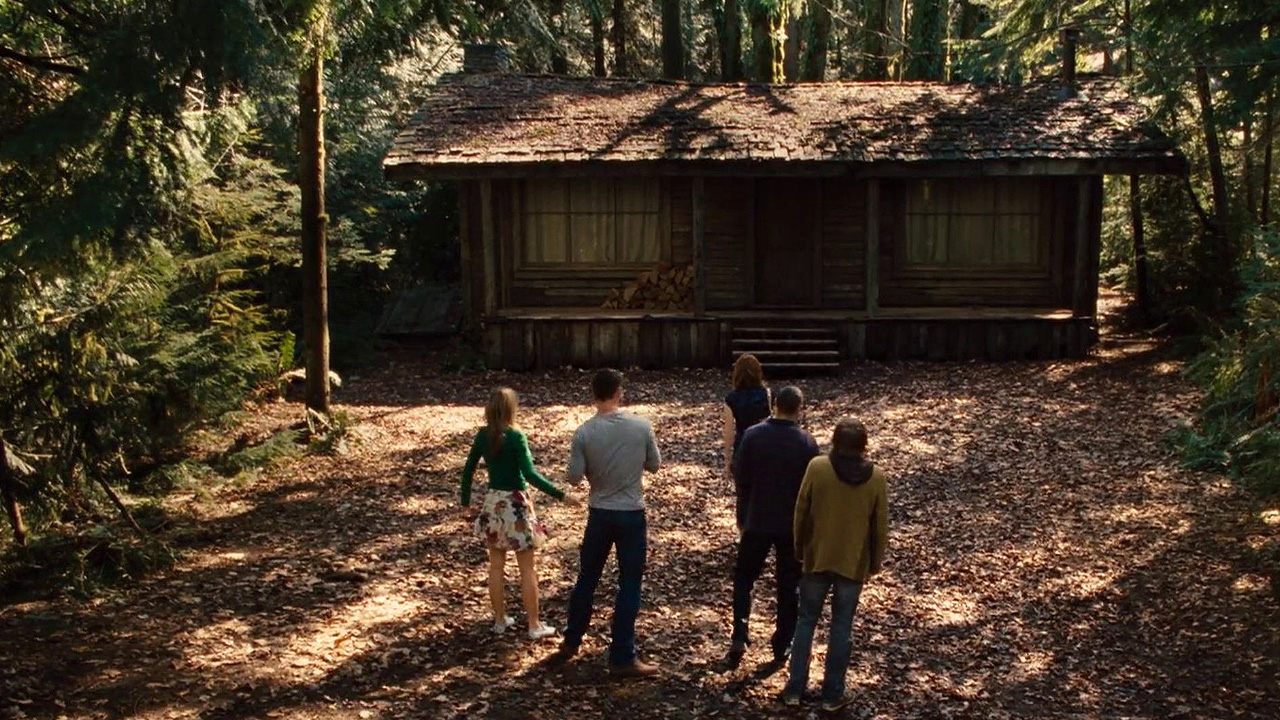
Knock at the Cabin (2023)
If, like me, you’re a fan of M Night Shyamalan’s pivot toward immaculately filmed schlock, then you’ll love this apocalyptic parable, more violent that his usual outings and definitely more nihilistic. As usual there’s totally committed performances—none better than Dave Bautista, playing a soft-spoken creep.
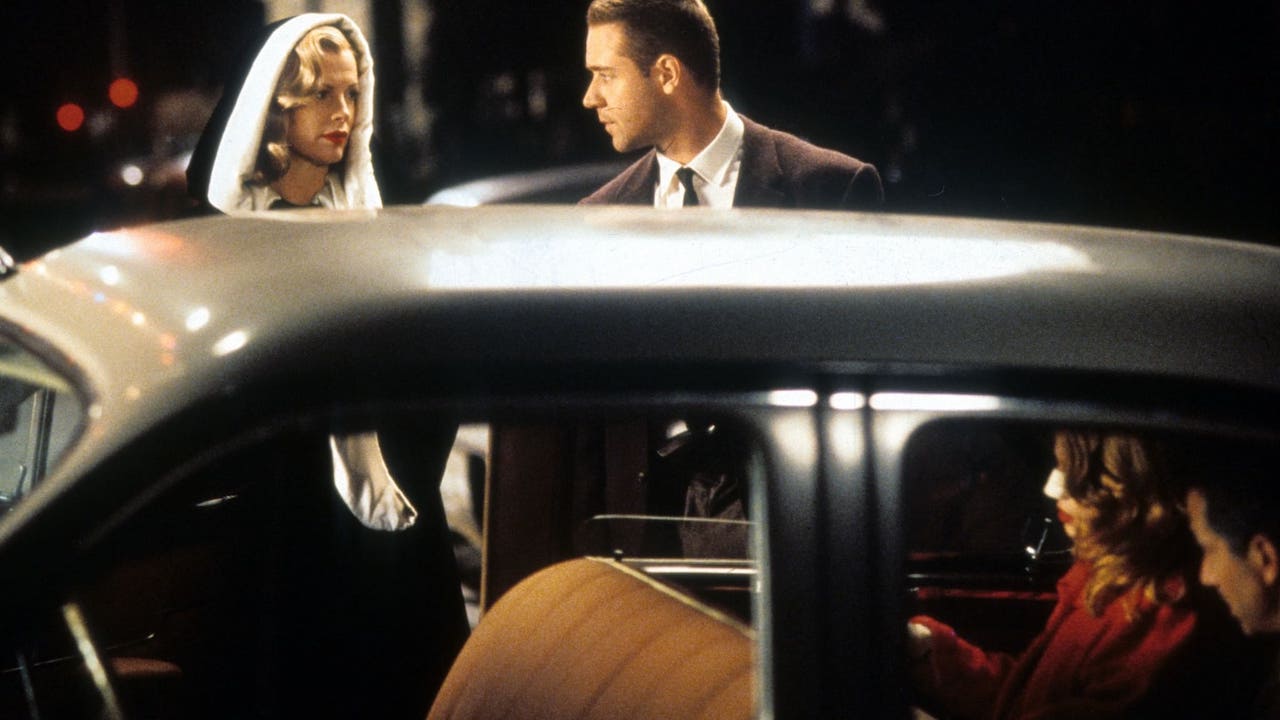
LA Confidential (1997)
Curtis Hanson’s 1997 neo-noir was released to acclaim and has only grown in stature, with barn-burning lead performances from Russell Crowe and Guy Pearce, back when they were relatively unknown actors from Down Under. The pair play two 1950s detectives investigating a series of murders that lead them to a sinister conspiracy, operating in the finest traditions of the genre.
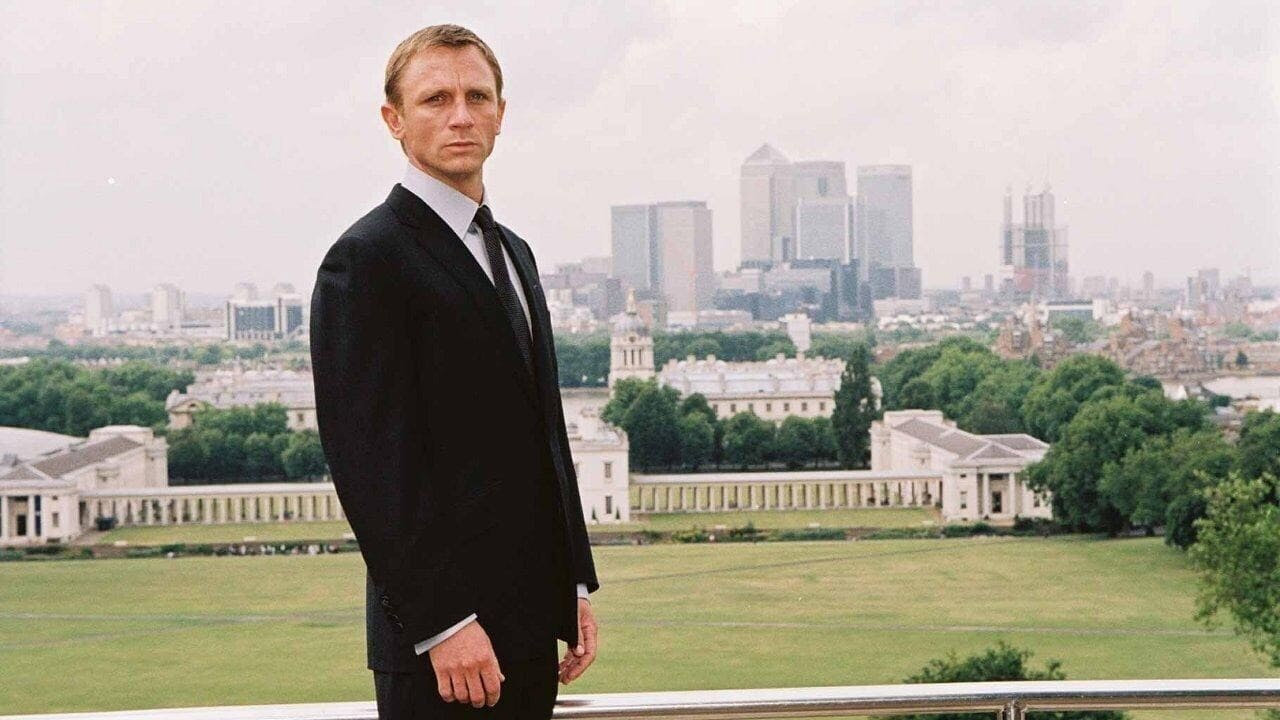
Layer Cake (2004)
In hindsight this was ground zero for a few things: Matthew Vaughn’s career as a director (after producing for Guy Ritchie), and Daniel Craig’s as a leading man. He plays a coke dealer, morally pretty far from Bond but equally suave, with Vaughn testing his bag of Ritchie-esque tricks, ones he’d eventually deploy in a string of less-successful spy movies.
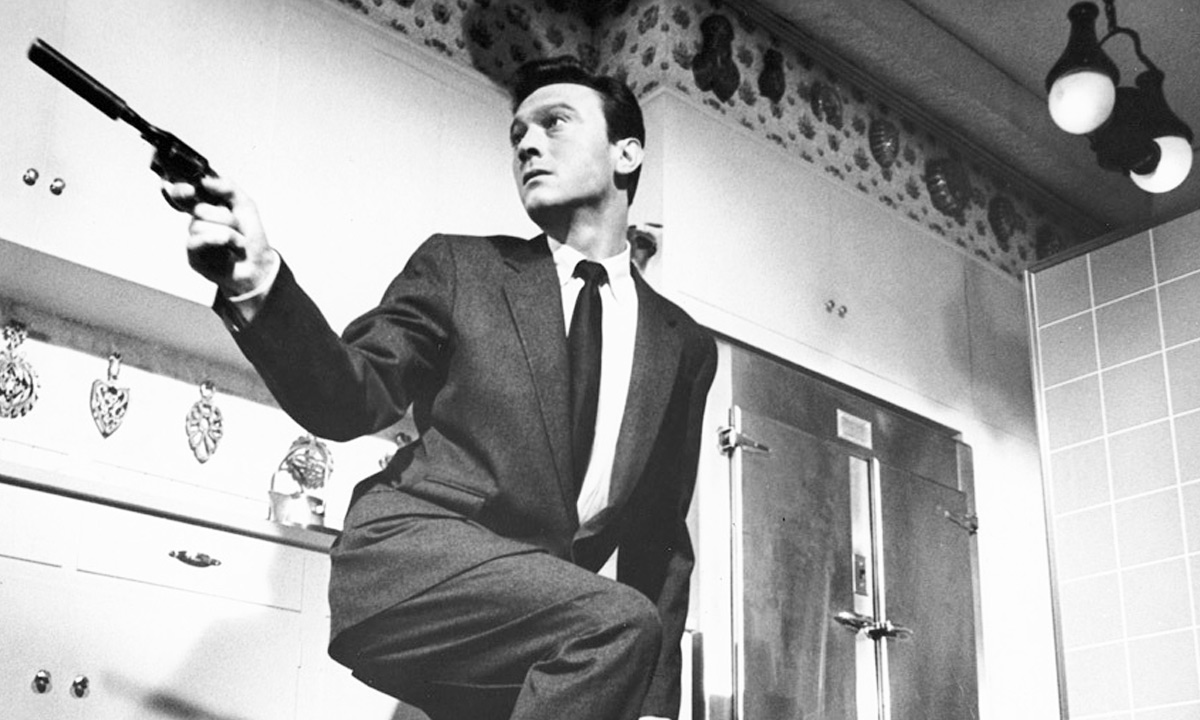
The Manchurian Candidate (1962)
If you somehow don’t know what this movie is about, keep it that way: chances are you won’t look at Frank Sinatra or Angela Lansbury the same way again. A typically rock-solid thriller from legendary director John Frankenheimer, it’s surprising until the end, ruthless and somewhat revolutionary. Laurence Harvey and Janet Leigh also deliver great performances, but the real star is the script, which remains unsettling.
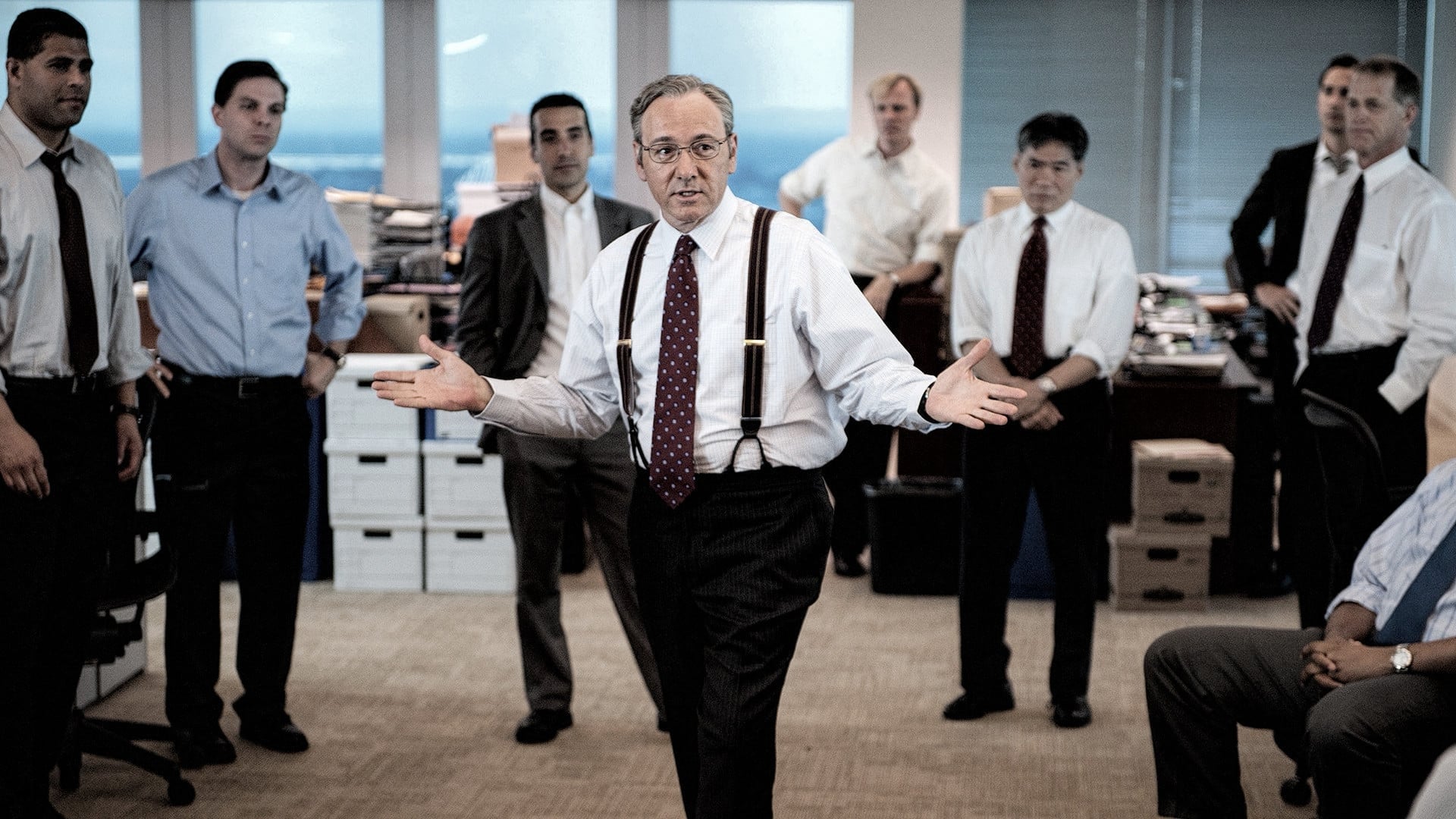
Margin Call (2011)
This fictionalised look at the 24 hours leading up to the 2008 financial crisis features a stacked cast and manages to make investment banking exciting, whether you understand the jargon or not. If you can follow it, there’s context to be gained about the world of high finance; if not, powerhouse acting will keep you hooked.
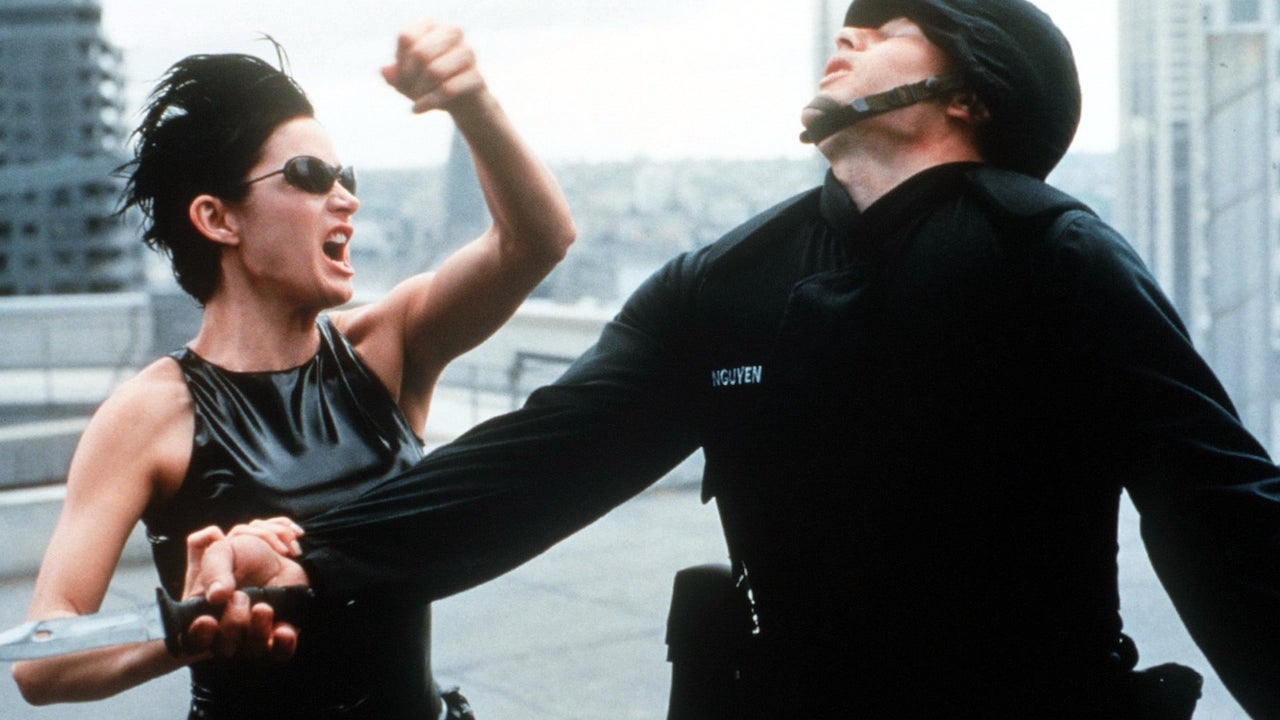
The Matrix (1999)
Twenty five years on, The Matrix’s legacy is firmly established, not just for the way it introduced a whole new cinematic language, or nudged some thorny philosophical ideas into mainstream discussion, or even for cementing Keanu Reeves’ superstar persona. Beyond all that it’s just a great, perfectly-paced story that channels film noir, sci-fi and superheroes. A tale of raging against the machine in the face of insurmountable odds, and coming out on top.
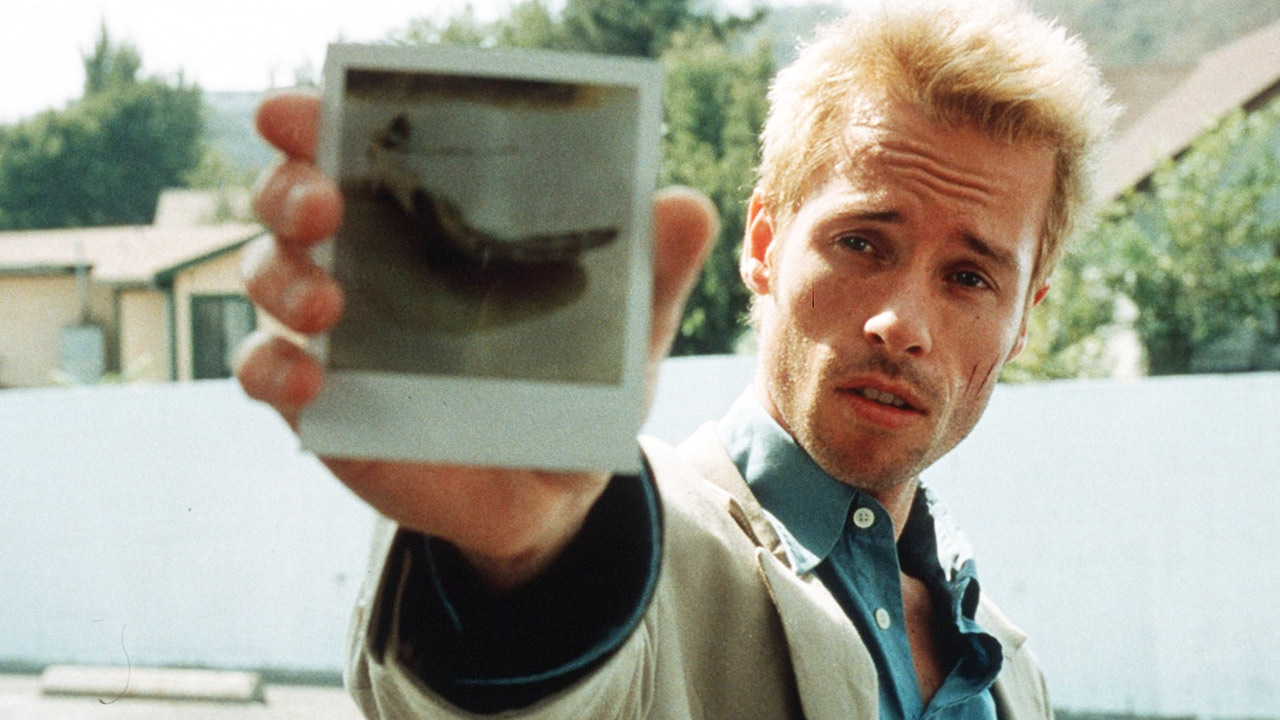
Memento (2000)
Chris Nolan’s opening salvo set us up for what to expect over his career: an obsession with time, presenting events out of order, and blonde-haired protagonists wearing suits. Guy Pearce can’t store recent memories, living his life in 10 minute increments as he searches for his wife’s killer. It’s an ingenious premise for a movie, rounded out by a fantastically shifty supporting cast.
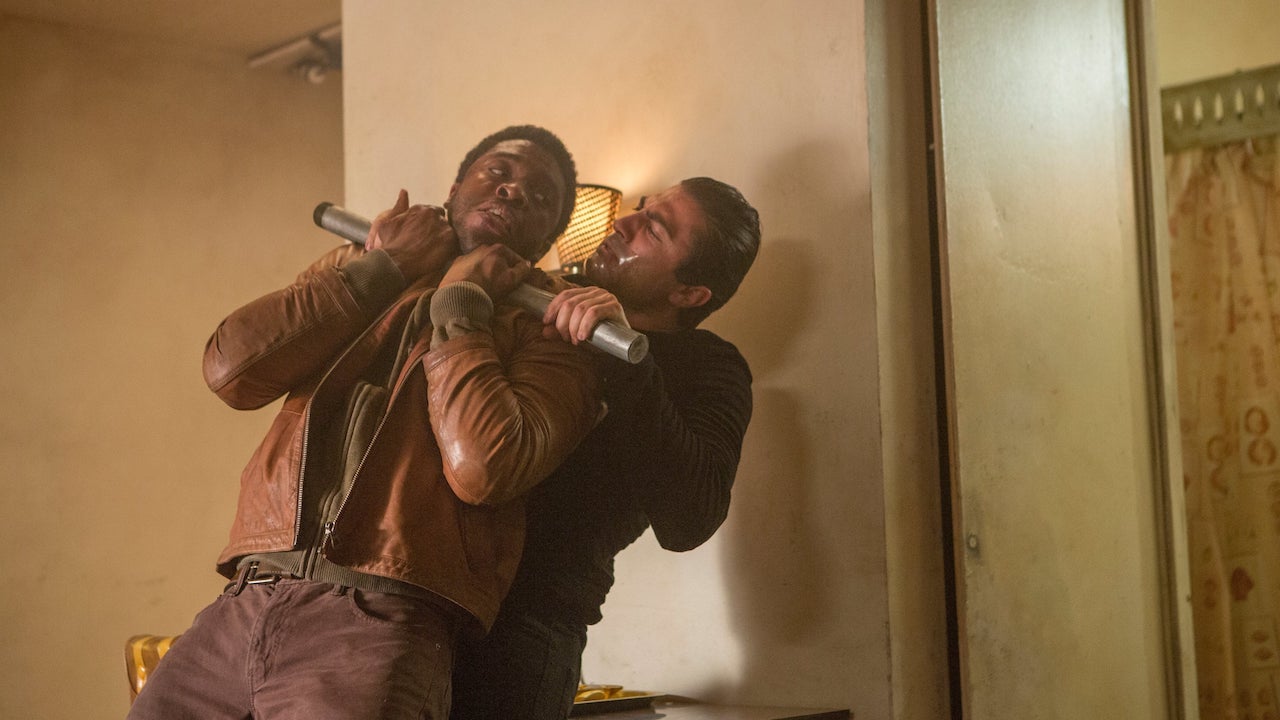
Message From the King (2016)
There’s another fantastic lead performance from the late Chadwick Boseman to be found in Belgian director Fabrice Du Welz’s down and dirty revenge flick. Boseman rolls into LA from Cape Town SA looking for his estranged sister, his investigation leading him to places he couldn’t have expected, and forcing him to take action. As grungy as procedurals get, and undoubtedly thrilling.
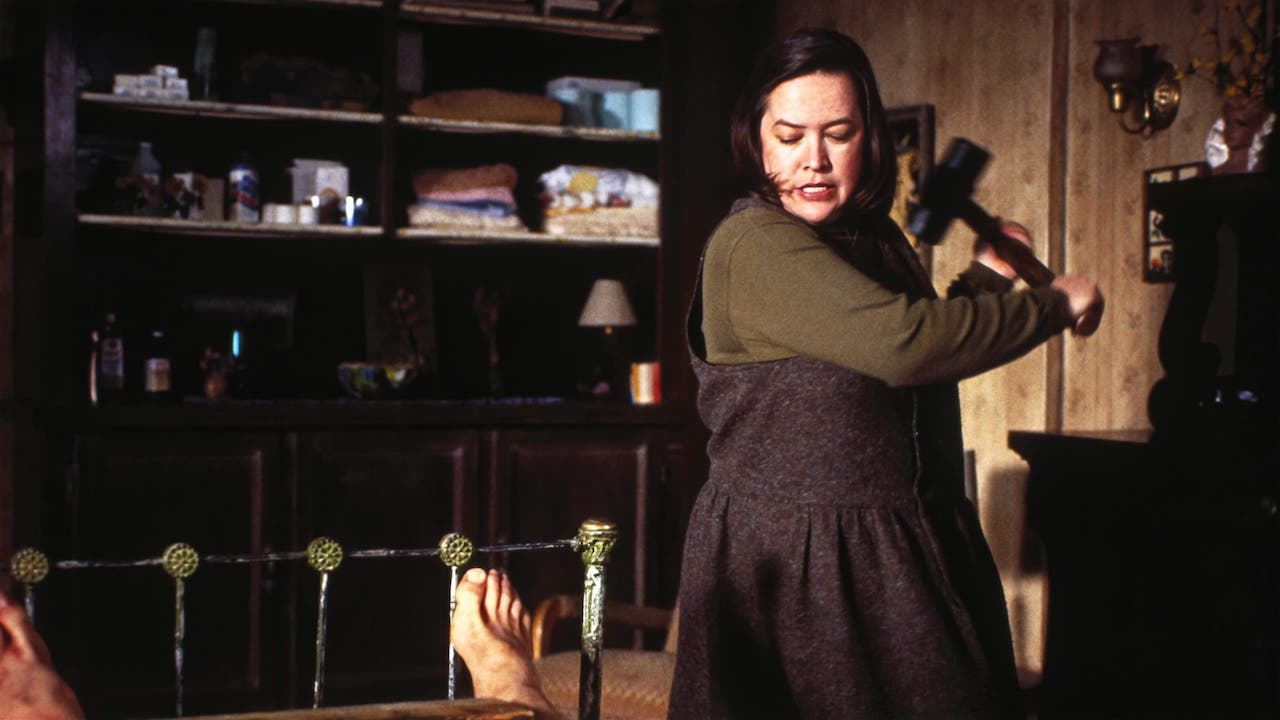
Misery (1991)
One of the most successful Stephen King adaptations, pitting James Caan’s King-esque writer against Kathy Bates crazed super fan. Director Rob Reiner is a safe pair of hands, pivoting to more serious territory after a string of comedies. Bones are broken and mayhem ensues as a desperate Caan attempts to escape an increasingly manic Bates’ clutches.
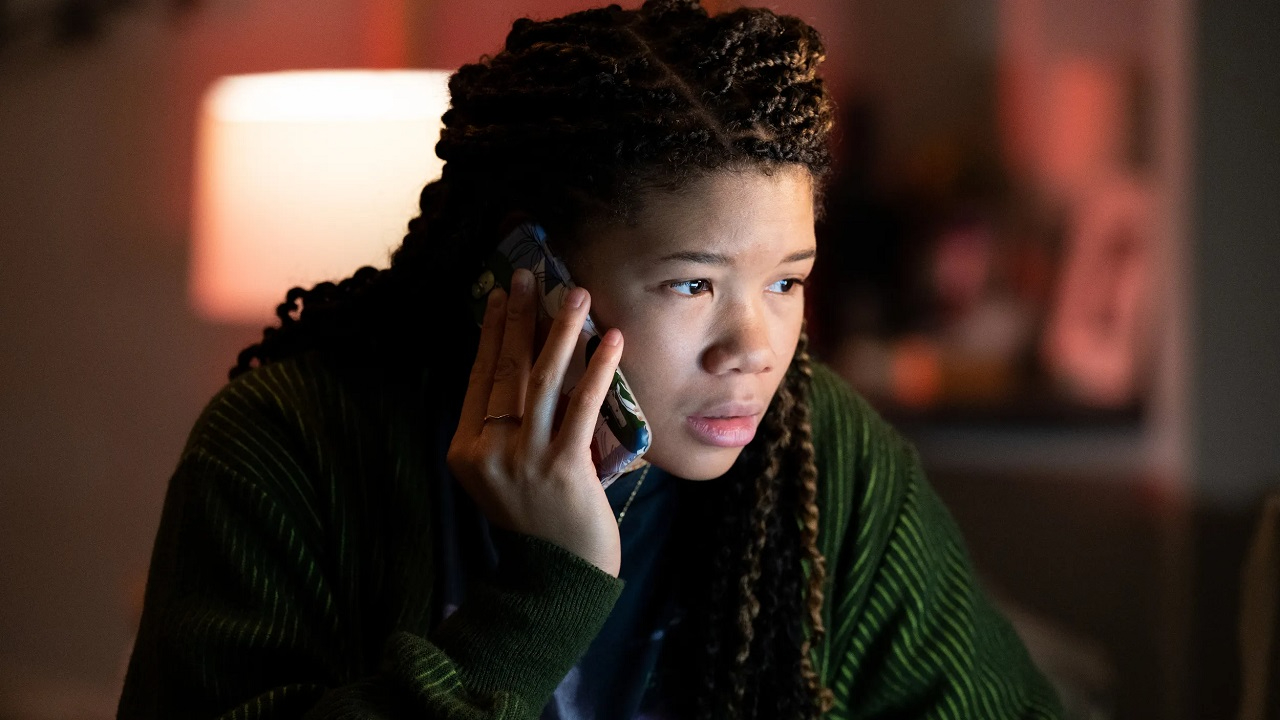
Missing (2023)
A standalone sequel to Searching, the screenlife movie starring John Cho, this takes a similar premise (hunting for clues about a disappearance, presented on computer and phone screens), and ramps it up to absurdly enjoyable levels. This time it’s Storm Reid trying to track down her missing mom, a device-bound journey through multiple countries and government agencies, with a denouement I’ll wager you won’t predict.

Memento (2000)
Chris Nolan’s opening salvo set us up for what to expect over his career: an obsession with time, presenting events out of order, and blonde-haired protagonists wearing suits. Guy Pearce can’t store recent memories, living his life in ten minute increments as he searches for his wife’s killer. It’s an ingenious premise for a movie, rounded out by a fantastically shifty supporting cast.
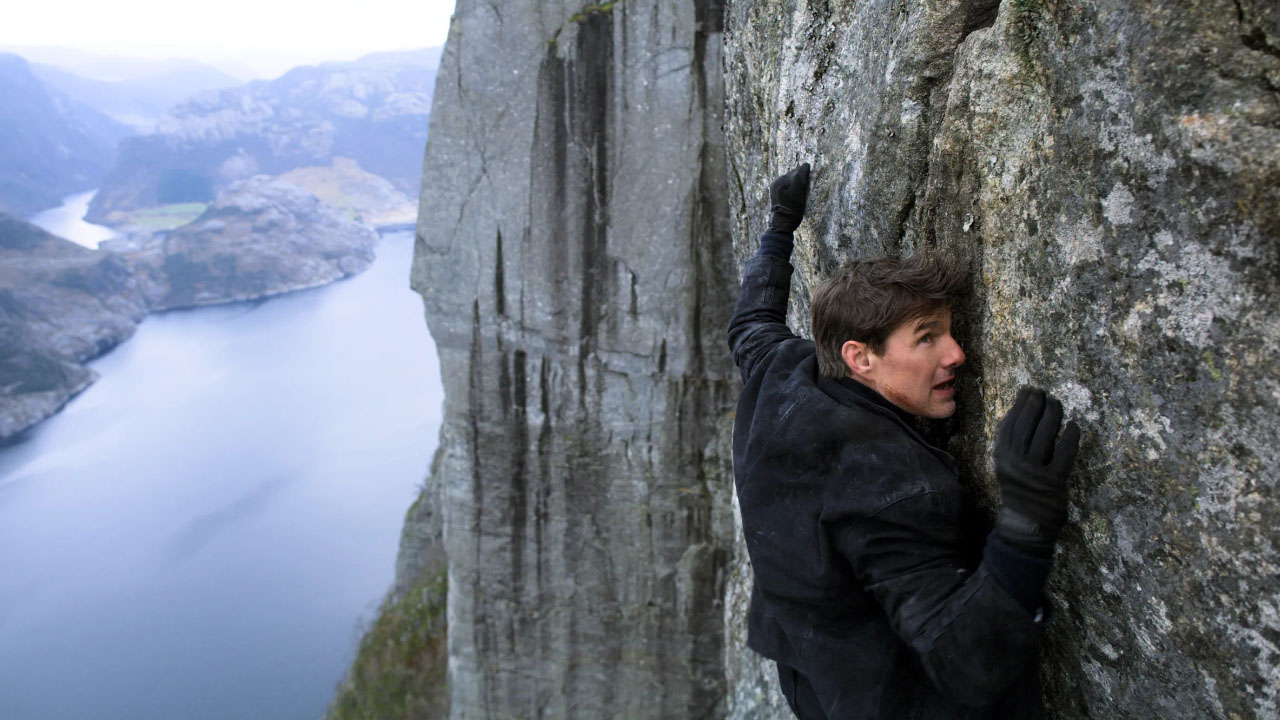
Mission Impossible: Fallout (2018)
The absolute high point of Tom Cruise’s partnership with writer-director Chris McQuarrie, and the Mission Impossible films in general. The pair mastered their stunts-first, story-second approach, concocting a dizzyingly propulsive chainlink of set-pieces: HALO drop into Paris; nightclub-bathroom fight, foot chase across London, before a series of double, triple, and quadruple crosses propels the team to Kashmir, and an ensuing helicopter chase through scenic New Zealand vistas.
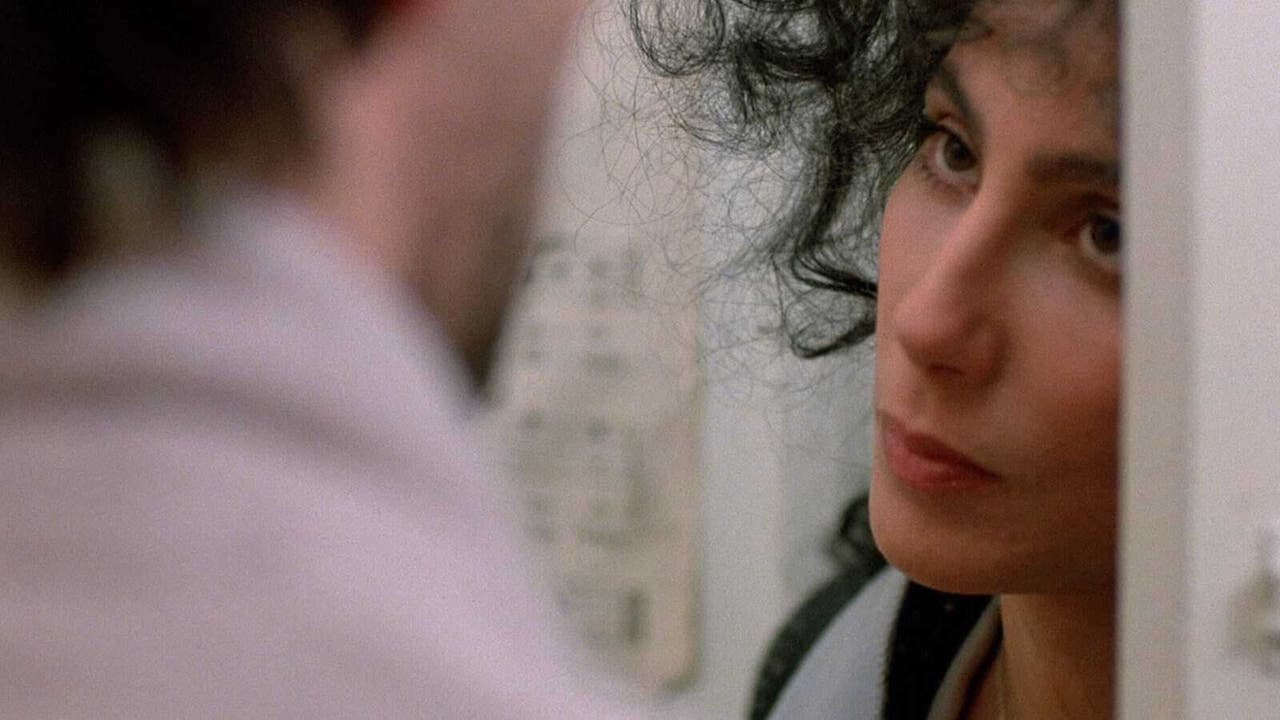
Moonstruck (1987)
A lovely, lightweight rom com that smuggles in plenty of profundity, Moonstruck famously pairs Cher with a fiery Nic Cage, playing star-crossed lovers flying in the face of common sense. Veteran director Norman Jewison nails the movie’s yearning, bittersweet tone, and makes sure to pay equal attention to the supporting cast, which includes Olympia Dukakis, Danny Aiello, and John Mahoney.
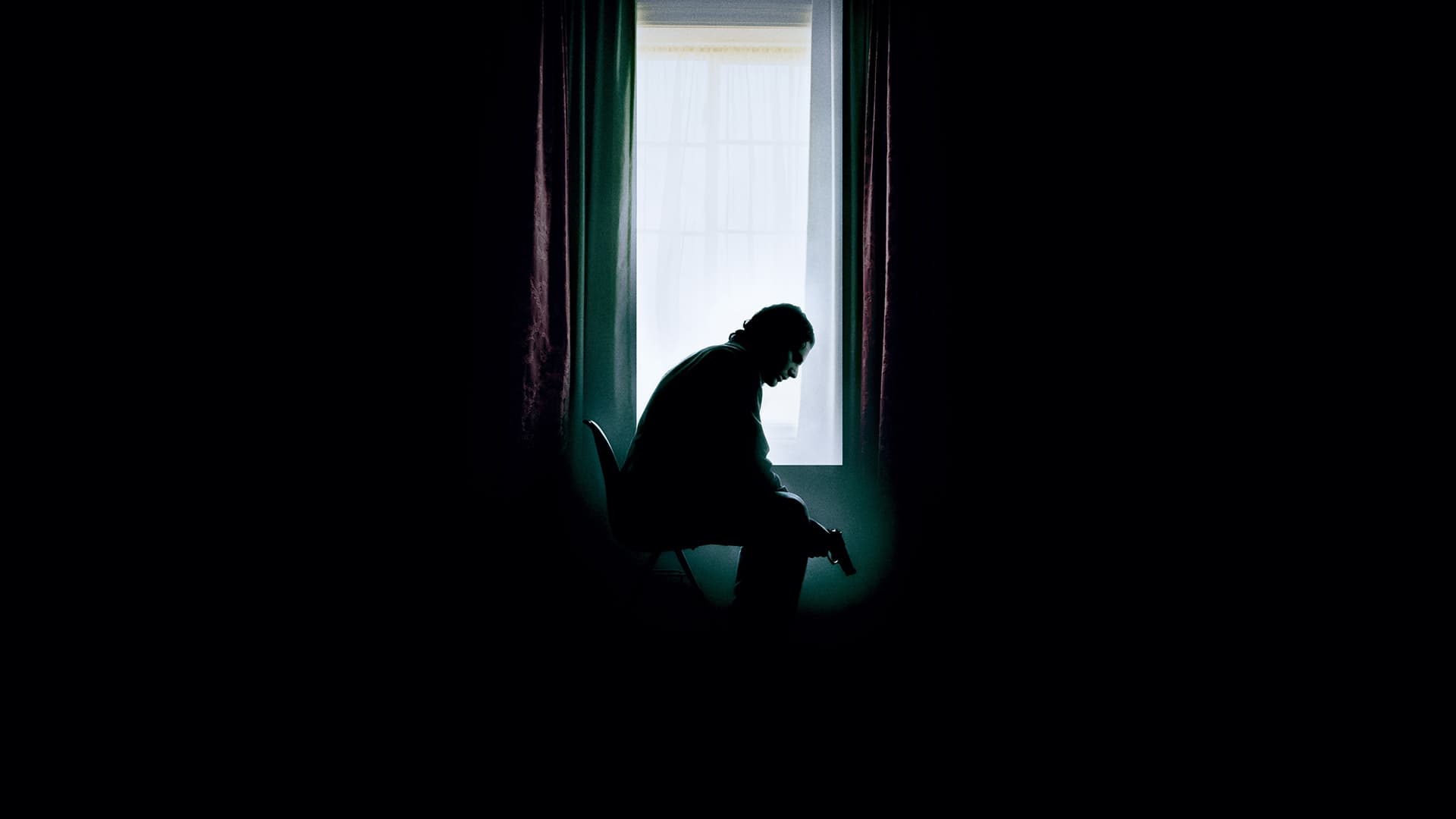
Munich (2005)
One of Spielberg’s most underrated films is as timely as ever, concerning Mossad’s attempts to wipe out the Palestinian militant group who killed a number of Israeli athletes at the 1972 Olympics. The film focuses on the morality behind these acts, and whether revenge can ever truly satisfy. Spielberg orchestrates a series of unsettling set pieces, building to a haunting final image.
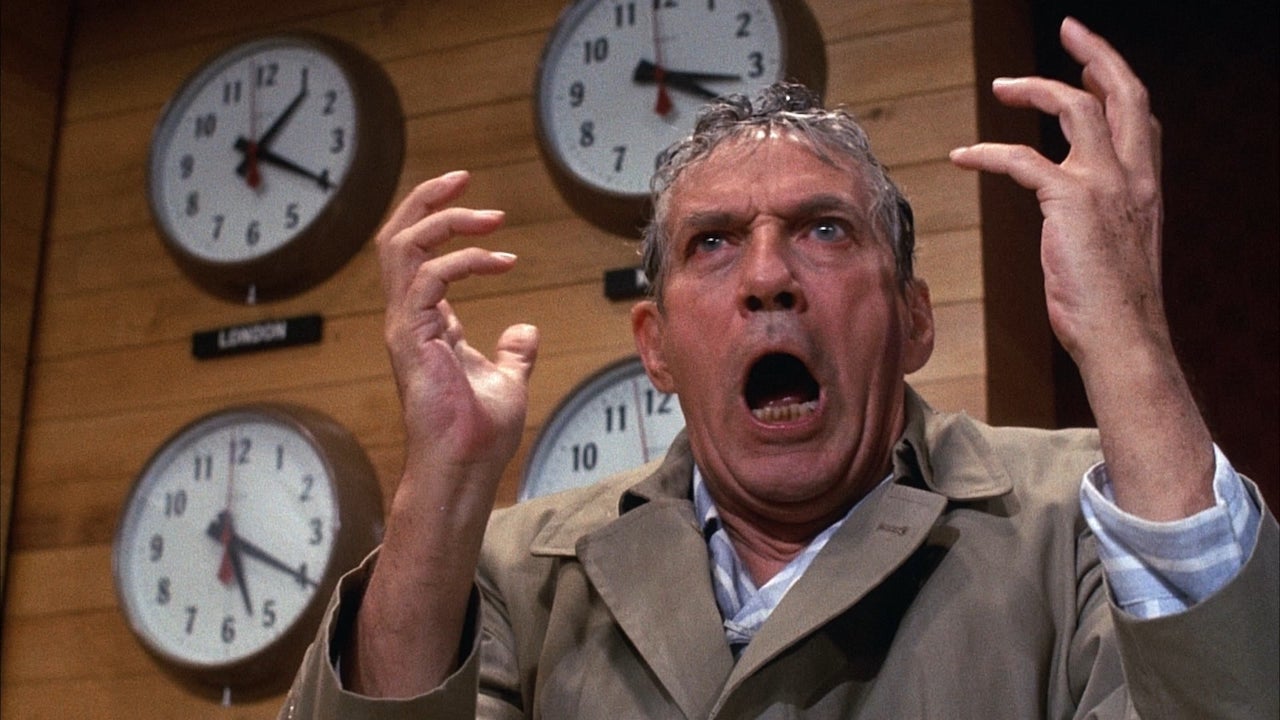
Network (1976)
Pairing one of Hollywood’s finest directors (Sydney Lumet) with one of its finest playwrights (Paddy Chayefsky), Network is justifiably famous for its abundance of quotable scenes. “I’m mad as hell and I’m not going to take it anymore”, “You have meddled in the primal forces of nature”, and more are lodged in the pop culture lexicon, but beyond that, the film remains one of the great satires about media manipulation.
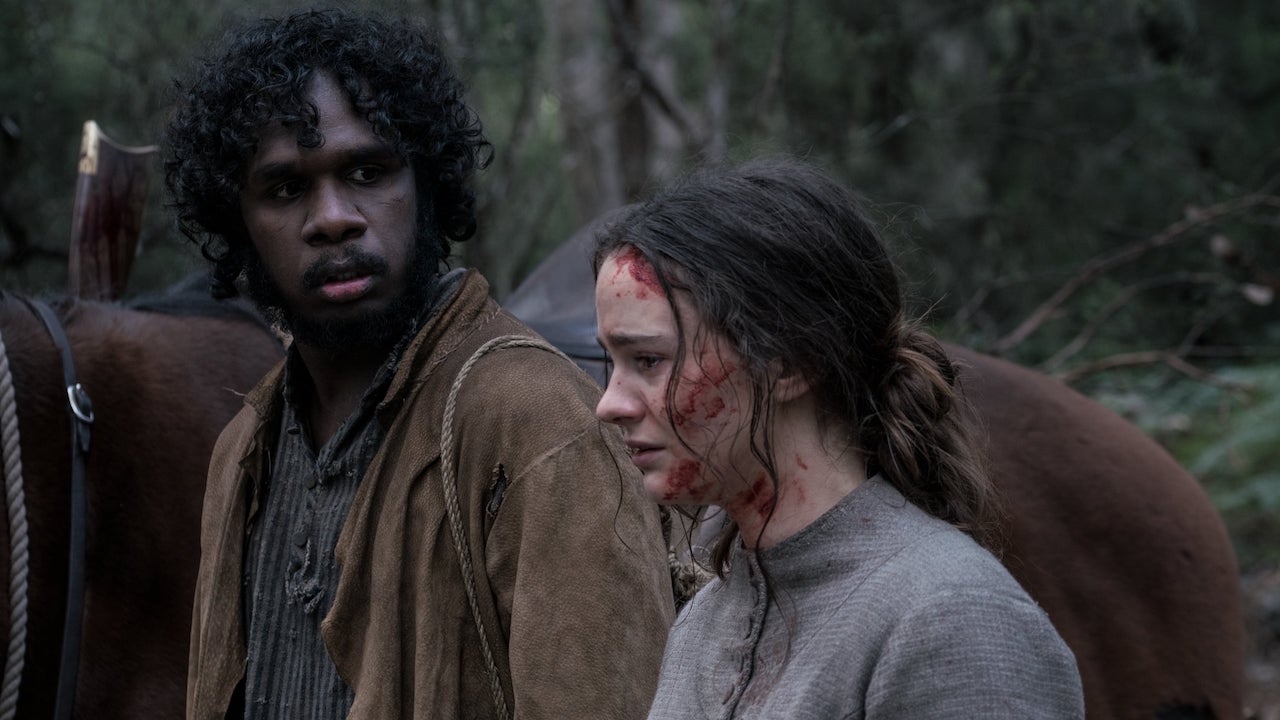
The Nightingale (2018)
Jennifer Kent’s follow up to her masterful spookfest (and depression metaphor) The Babadook is just as accomplished, but it’s also incredibly confronting (seriously, all the trigger warnings for this one). A revenge tale of sorts set in Tasmania circa 1825, it follows an Irish convict and Aboriginal tracker whose paths align, resulting in a sort of intersectional look at colonial brutality. It’s thoroughly tough stuff, but ultimately rewarding.
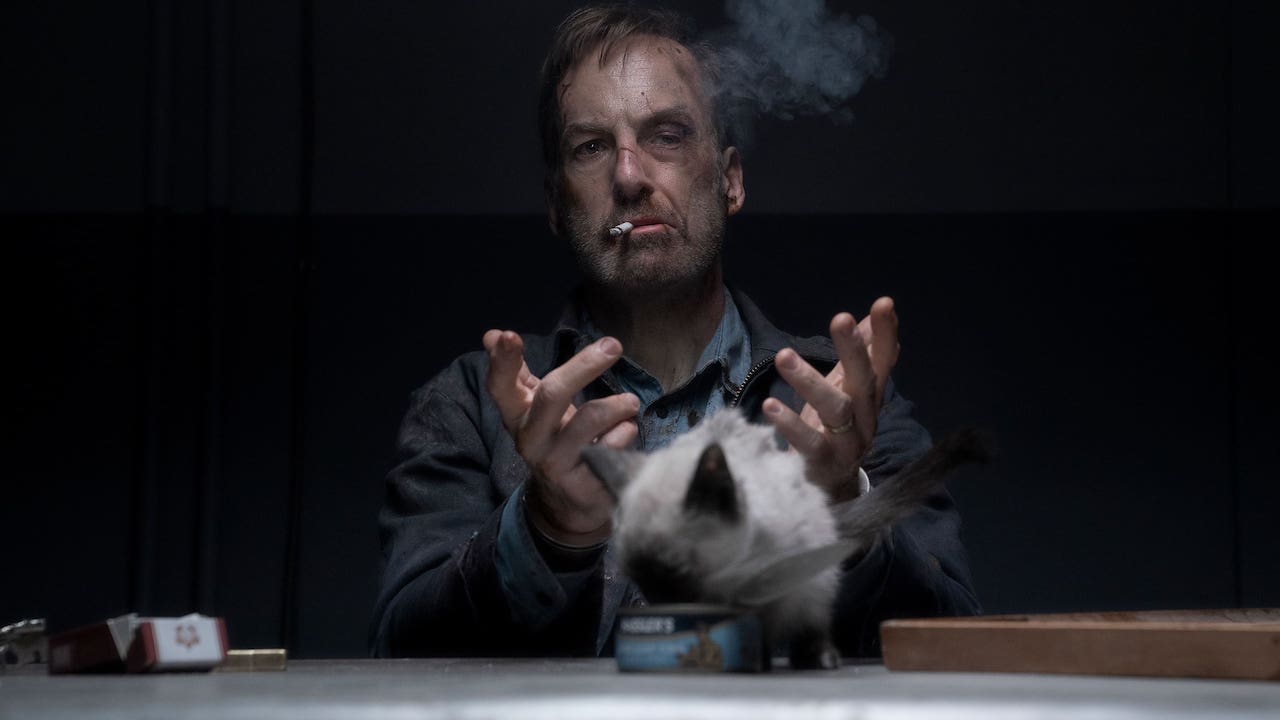
Nobody (2020)
A beefed-up Bob Odenkirk comes out of tough guy retirement to take on the Russian mob – so far, so John Wick (they even share a screenwriter). But Nobody distinguishes itself with plenty of humour and a weirdly heartwarming conclusion, capitalising on its star’s unique charisma as he mows through baddies in a series of inventively-choreographed and shot action scenes.
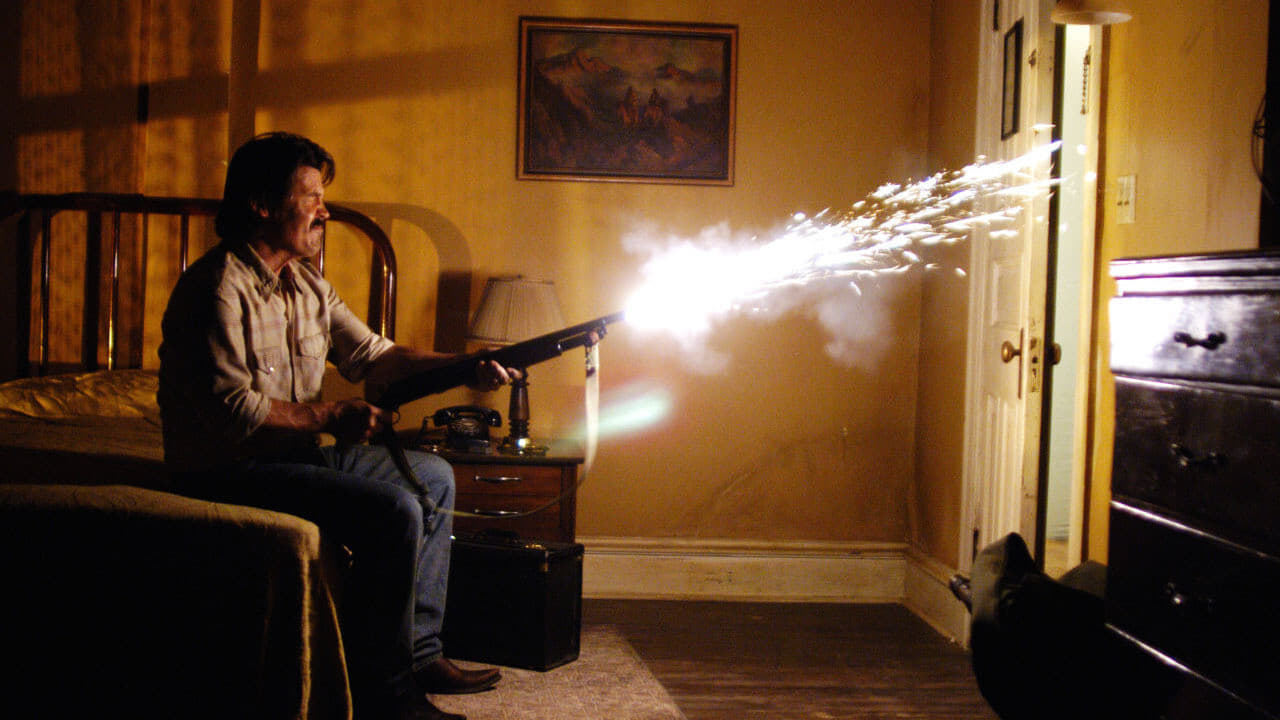
No Country For Old Men (2008)
Joel and Ethan Coen stripped away their usual quirks to honour Cormac McCarthy’s brutal vision of the modern West, and won the Best Picture Oscar in the process. It’s a lean, extremely mean vehicle for a series of chase sequences, which concludes that the world is an arbitrarily cruel place, and stays gripping for every second of its runtime. Extra notable for introducing Javier Bardem to the wider world, and, among many genius touches by the Coens, its complete lack of music.
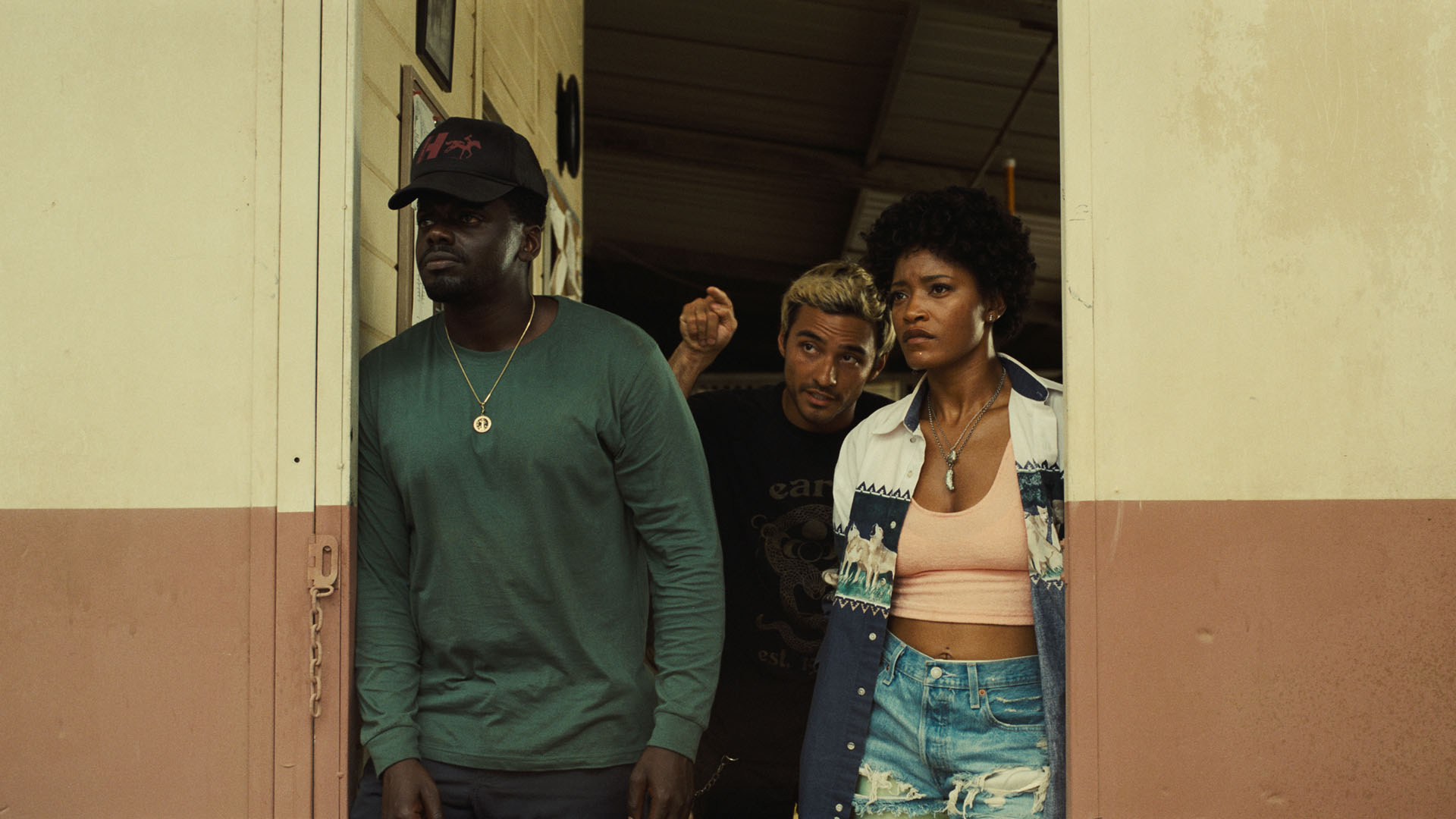
Nope (2022)
Controversial take maybe, but I think this is Jordan Peele’s best movie. A lot of people seemed to get hung up on what-it-all-means, but set that aside and you still have a super enjoyable movie about a [REDACTED], Peele drawing on Spielberg and employing exquisite IMAX photography with thrilling (and sometimes very horrific) results. Kaluuya and Palmer are powerhouses, anchoring the film’s emotional stakes as their director takes us on an armrest-gripping ride.
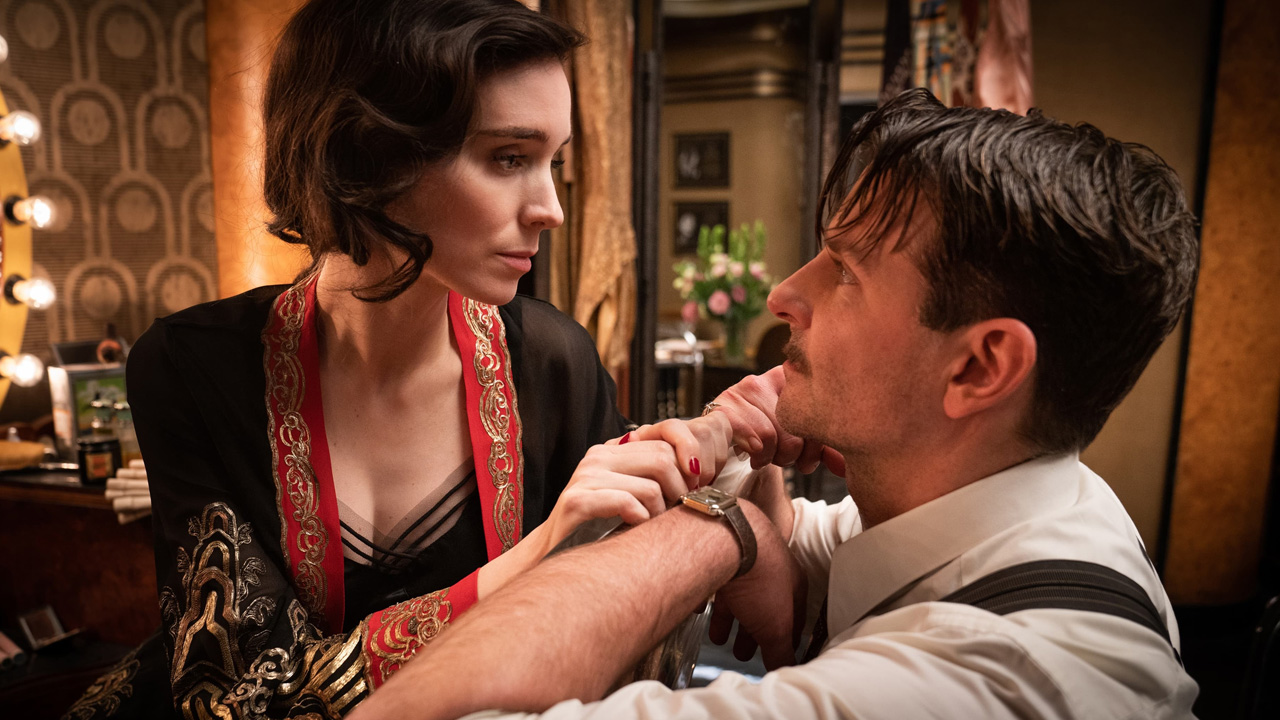
Nightmare Alley (2022)
This faithful retelling of the 1947 original (that fully commits to the darkness the latter could only imply) sees Guilermo del Toro bring his considerable visual heft to proceedings, basking in noir lighting and elegant mise en scène. A phenomenal cast show up for the Mexican maestro, some of them for just a scene or two, with Cate Blanchett in particular feeling right at home as an extremely suss femme fatale.
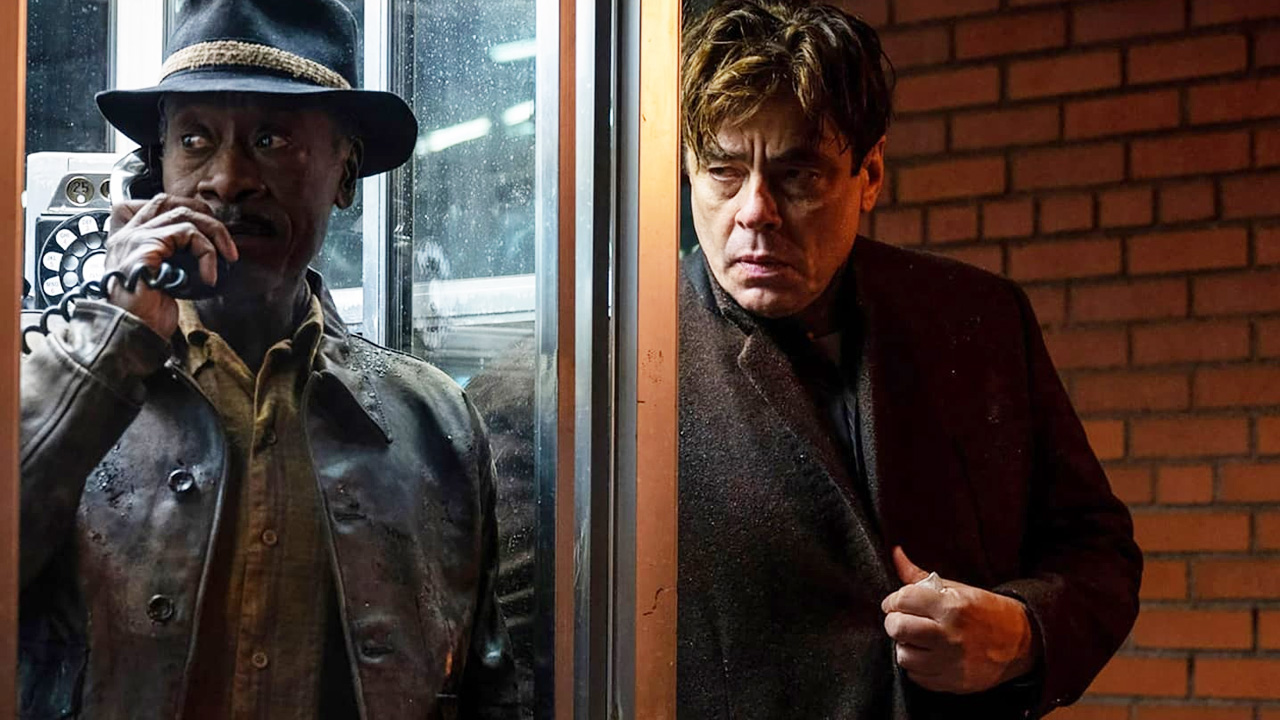
No Sudden Move (2021)
Two fantastic leads in Don Cheadle and Benicio del Toro, a stacked supporting cast including Jon Hamm, Kieran Culkin and some ahead-of-the-curve love for Brendan Fraser, as well as a surprisingly topical script from Ed Solomon (Bill & Ted), make this eminently worth your time. As if watching Steven Soderbergh deliver another entertainingly unexpected, two-fisted caper in under two hours wasn’t enough bang for your buck.
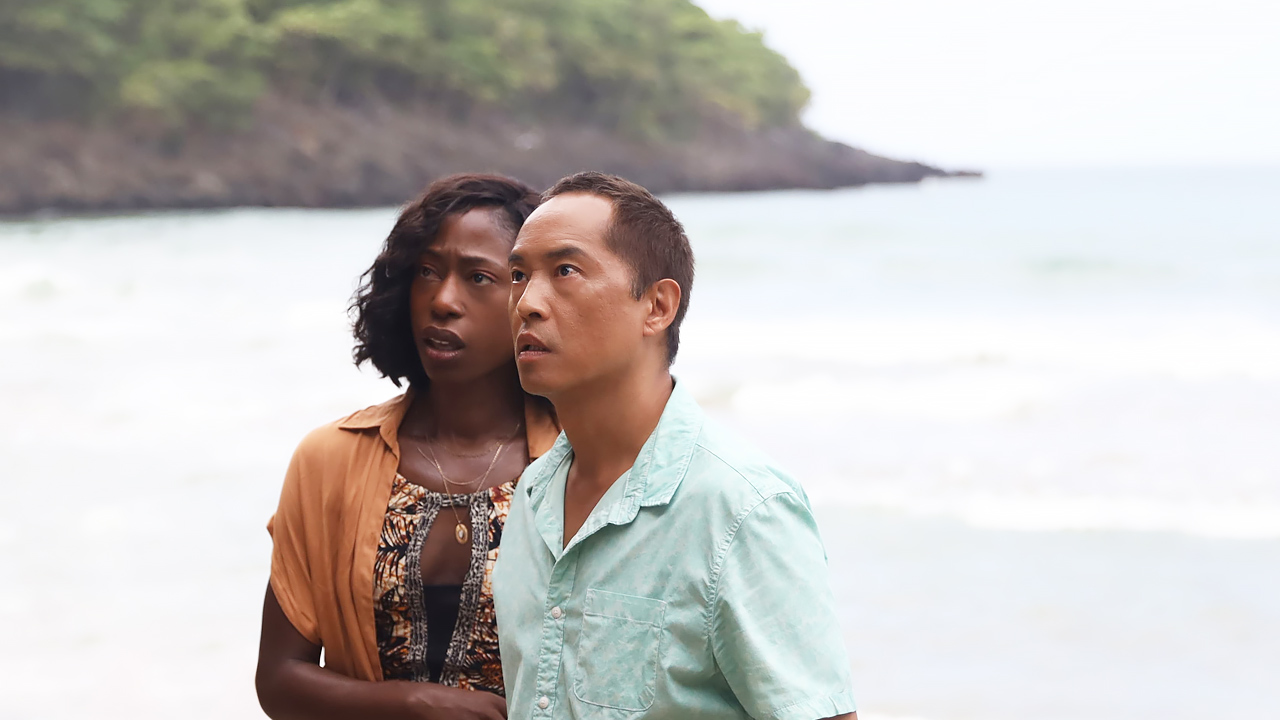
Old (2021)
The French graphic novel Sandcastle provided inspiration for M. Night Shyamalan, who proceeded to go big in a very latter-day Shyamalan way: several things happen in Old that are straight up bonkers, to the extent that I can’t believe I saw them in a mainstream movie. A beach that makes you age provides a rich metaphor, and the filmmaker pounces on it with inventive cinematography courtesy of Michael Gioulakis.
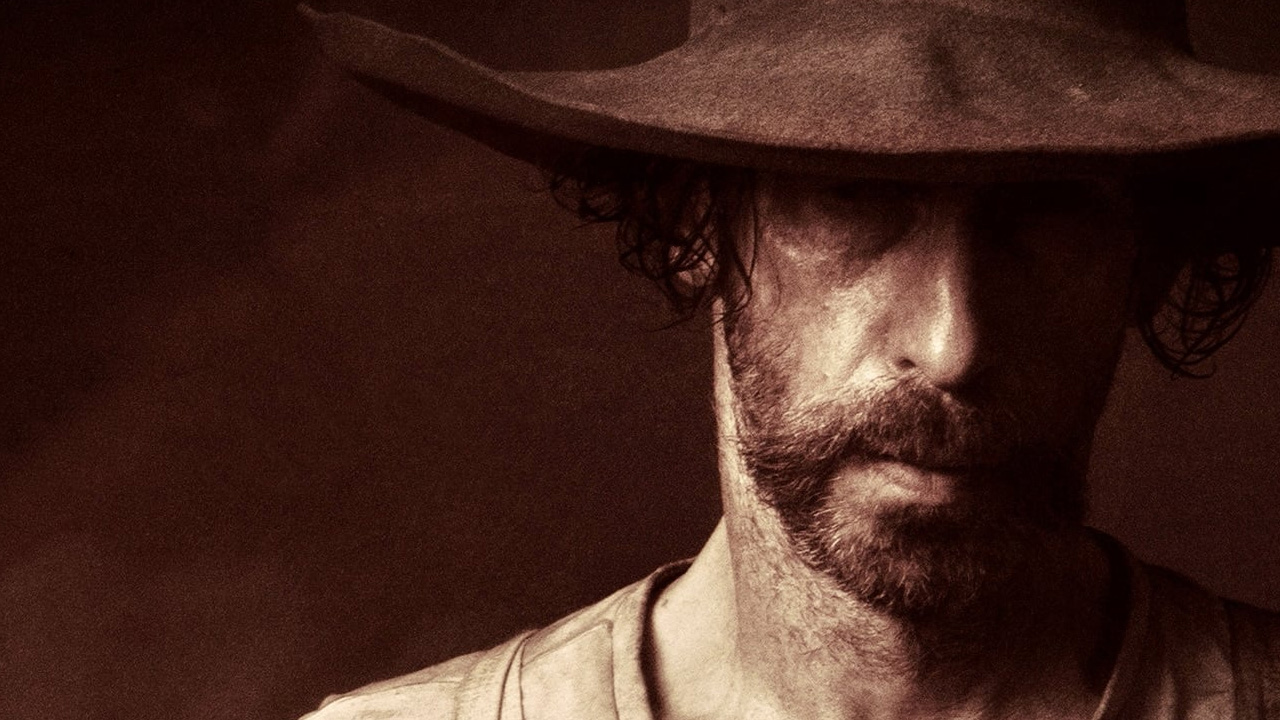
Old Henry (2021)
Tim Blake Nelson in a leading role gets a massive thumbs up, and as a bonus his character in Old Henry is hiding a secret I wouldn’t dare spoil. That aside, the movie is a tense, engrossing Western, as Nelson is caught up in a fight he didn’t ask for, but is surprisingly equipped to deal with.
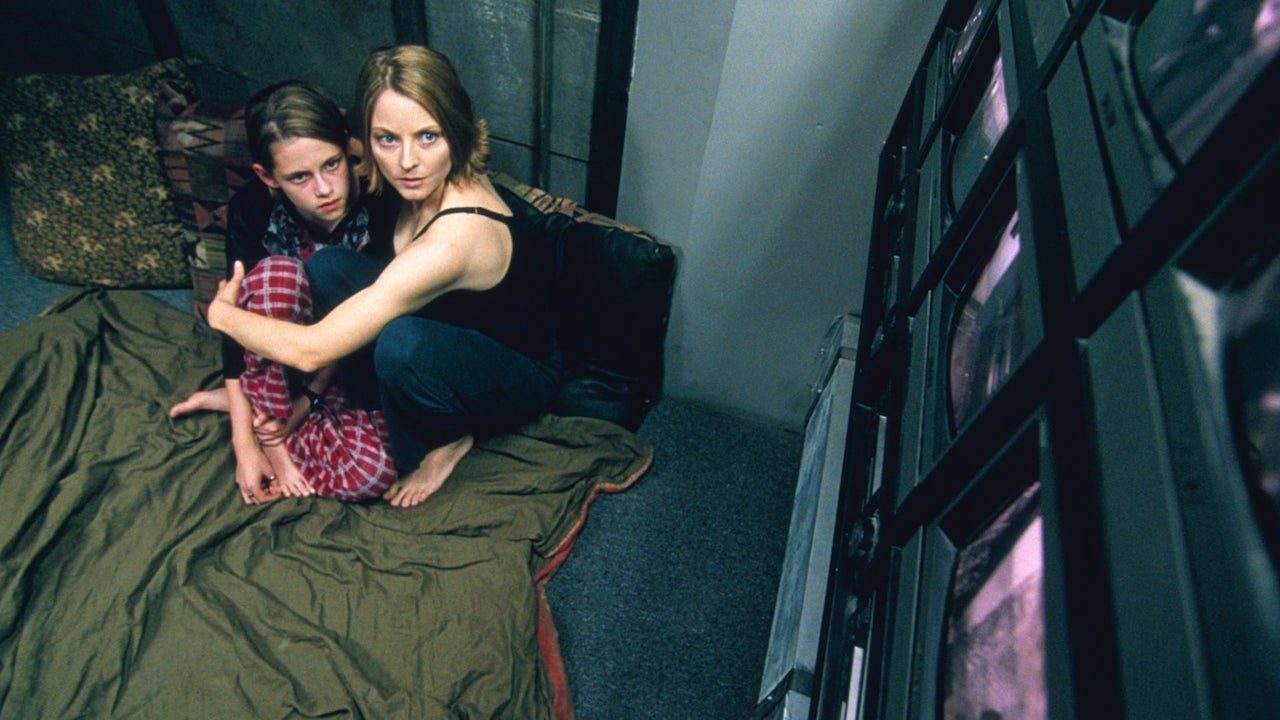
Panic Room (2002)
The modern master of thrillers, David Fincher used Panic Room to test out some new tricks, as his virtual camera roams around Jodie Foster’s plush New York apartment; up stairs, through coffee pot handles and under beds. It was a flex, showing what new digital technology could achieve, but it also clearly showed the geography of the space, and how much peril Foster and her daughter (a young Kristen Stewart) were in.
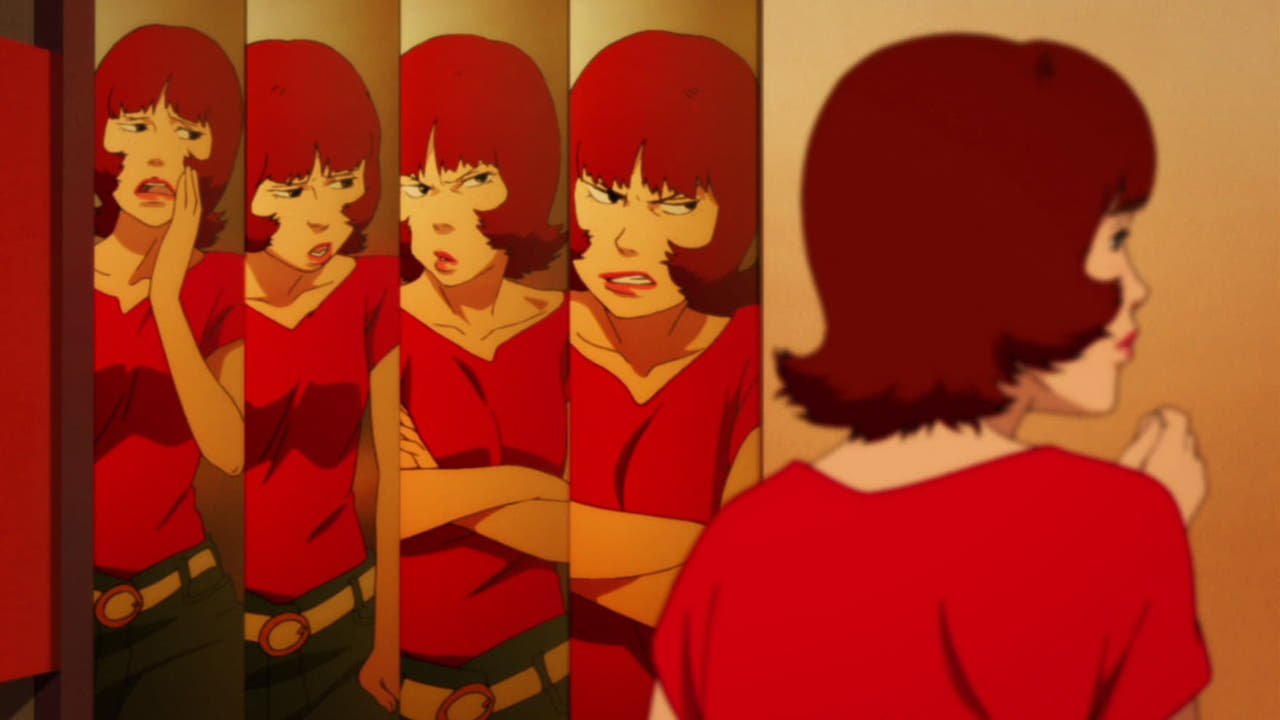
Paprika (2006)
Helmed by Satoshi Kon, master director of multiple reality-scrambling animations, Paprika concerns a device which allows people to enter others’ dreams, and it might be used for criminal purposes. Worth pointing out this was years prior to Christopher Nolan’s Inception. Kon pushes the premise into psychedelic, visually-bombastic territory, while retaining the spine of a precise, propulsive tale of cops and robbers.

Pearl (2022)
Ti West’s follow up to his (relatively) straight ahead slasher X, Pearl heads into more psychological thriller territory as it charts the early days of the prior film’s antagonist. Mia Goth delivers one in a run of unhinged performances, the movie humming with tension because you know what her character’s capable of, and may unleash on the surrounding players.
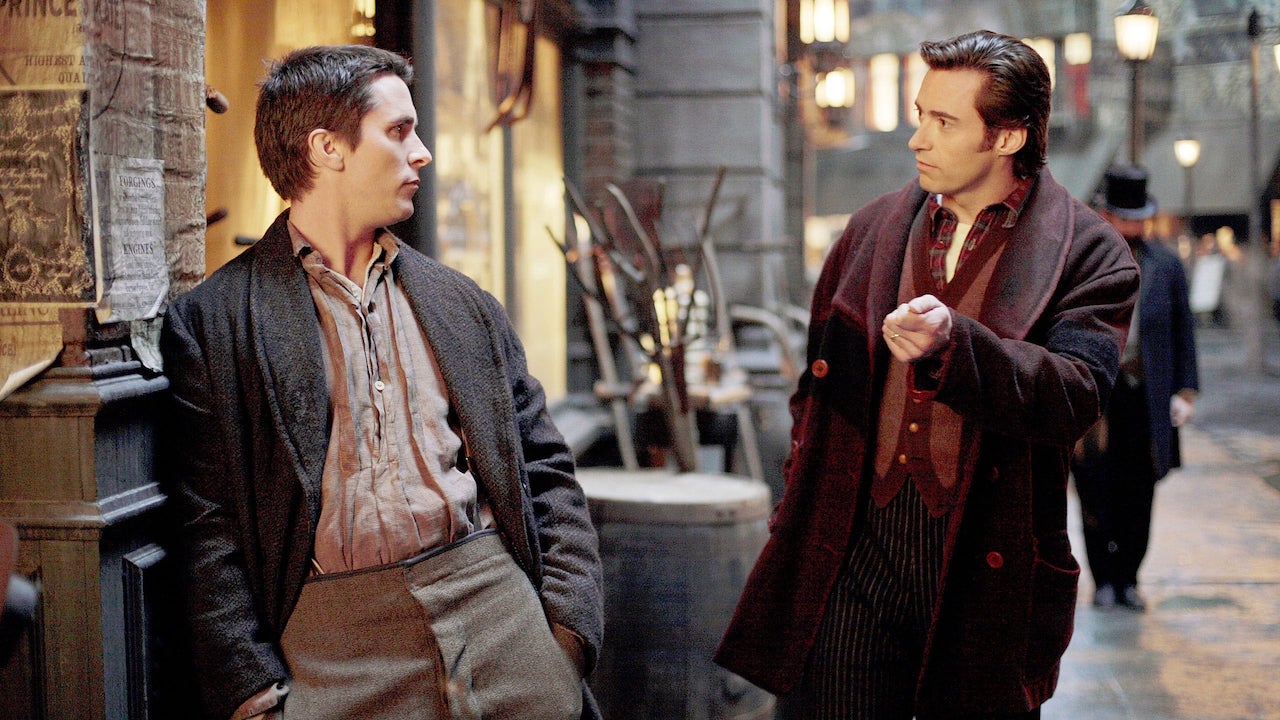
The Prestige (2007)
The story of Christian Bale and Hugh Jackman’s duelling magicians ripples out in myriad unexpected ways (including, lest we forget, a cameo from David Bowie as Nikola Tesla). Not only does the director lay out the tricksy structure of the movie at its start, it’s one applicable to all his work, a revealing look at the master storyteller’s approach.
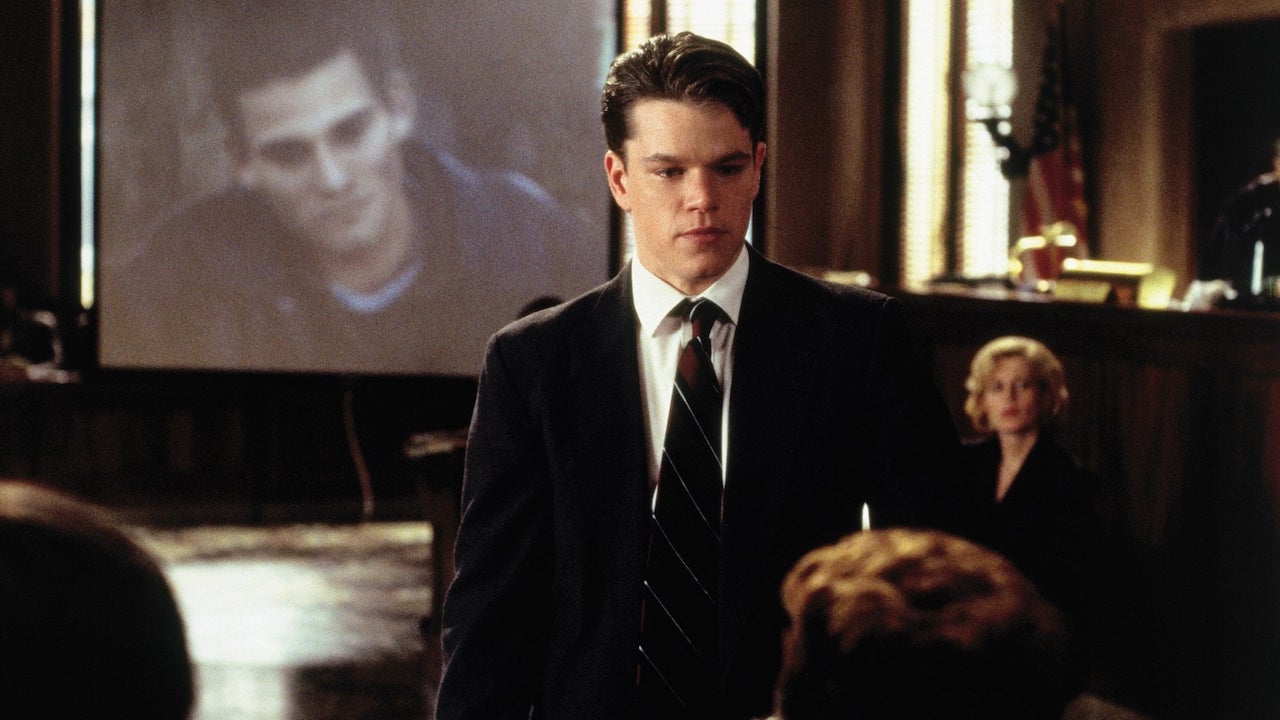
The Rainmaker (1997)
John Grisham is no slouch in the thrill department. Nor is Francis Ford Coppola, who wrote and directed based on Grisham’s novel. Matt Damon stars as a law graduate tasked with arguing his first case, via a route that involves fist fights, FBI raids and clandestine fact-finding. There’s support from a cast of big names, Coppola shooting it all with the expected formal excellence.
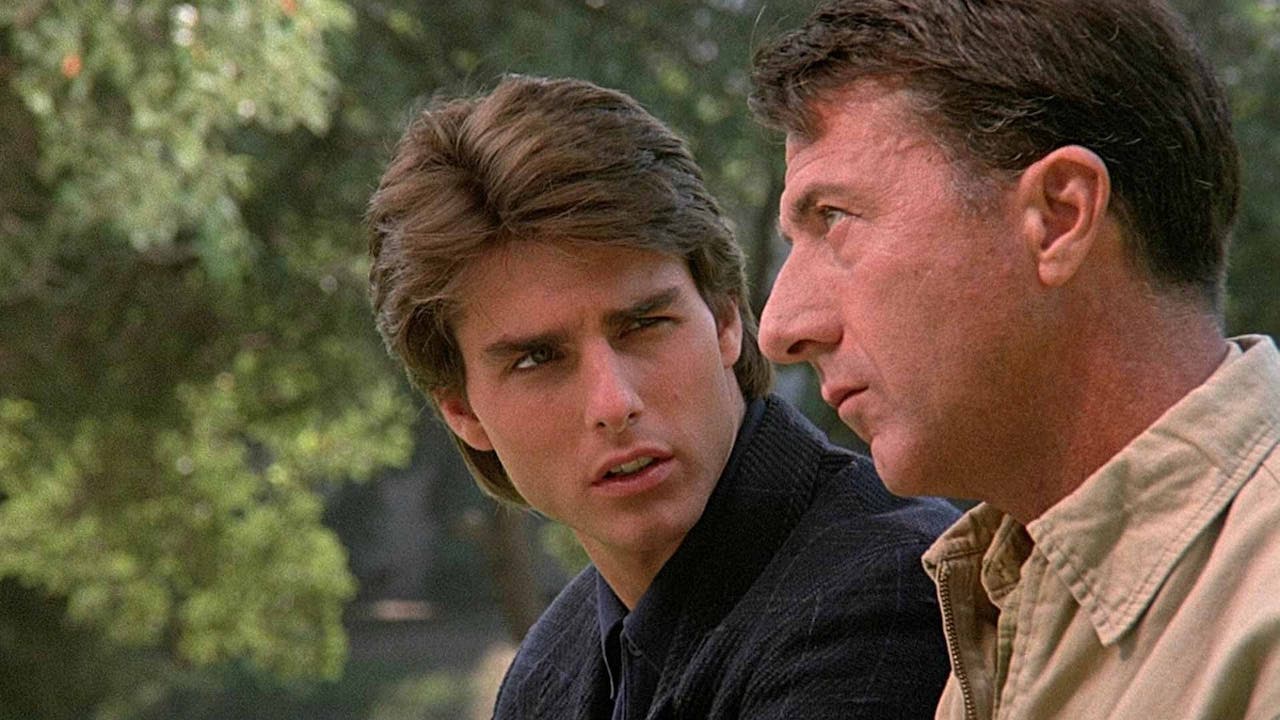
Rain Man (1988)
Tom Cruise is still a great actor, but a very different kind of performer than he started out as. He was just 26 here, acting opposite 51 year-old screen titan Dustin Hoffman, playing estranged brothers reunited on a cross-country trip. Emotionally manipulative? Of course! But Barry Levinson is no slouch, and the film’s revelations about the pair’s family history remain powerful.
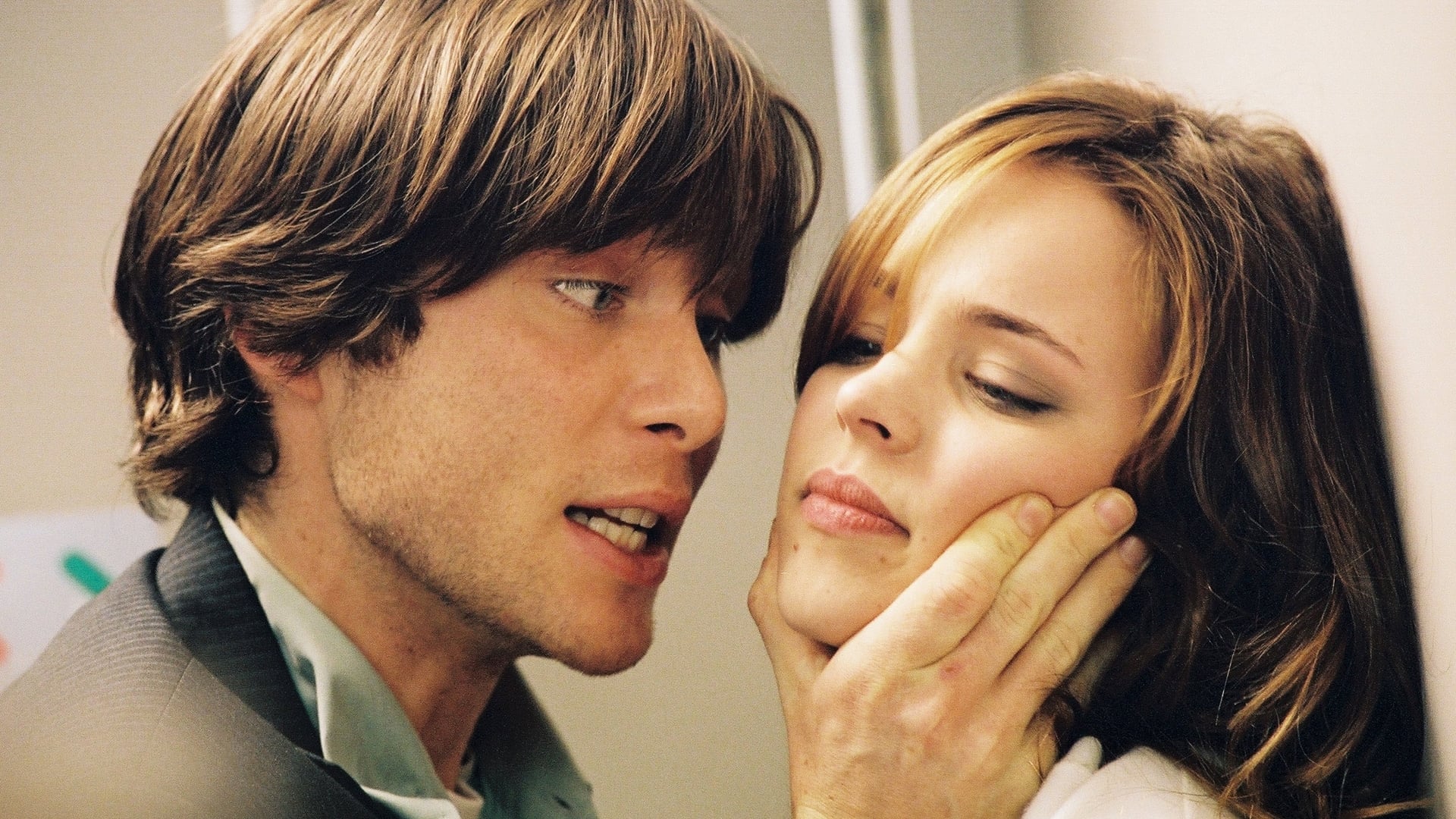
Red Eye (2005)
Eighteen years before his Oscar-winning turn in Oppenheimer, Cillian Murphy could be found chewing the scenery in this high altitude thriller, playing a terrorist set on assassinating an American politician. How he intends to do that at 30,000 feet is part of the fun, but it relates to Rachel McAdams’ Lisa Reisert and her dad (Brian Cox). Directed by horror maestro Wes Craven, it’s a wickedly entertaining popcorn flick.
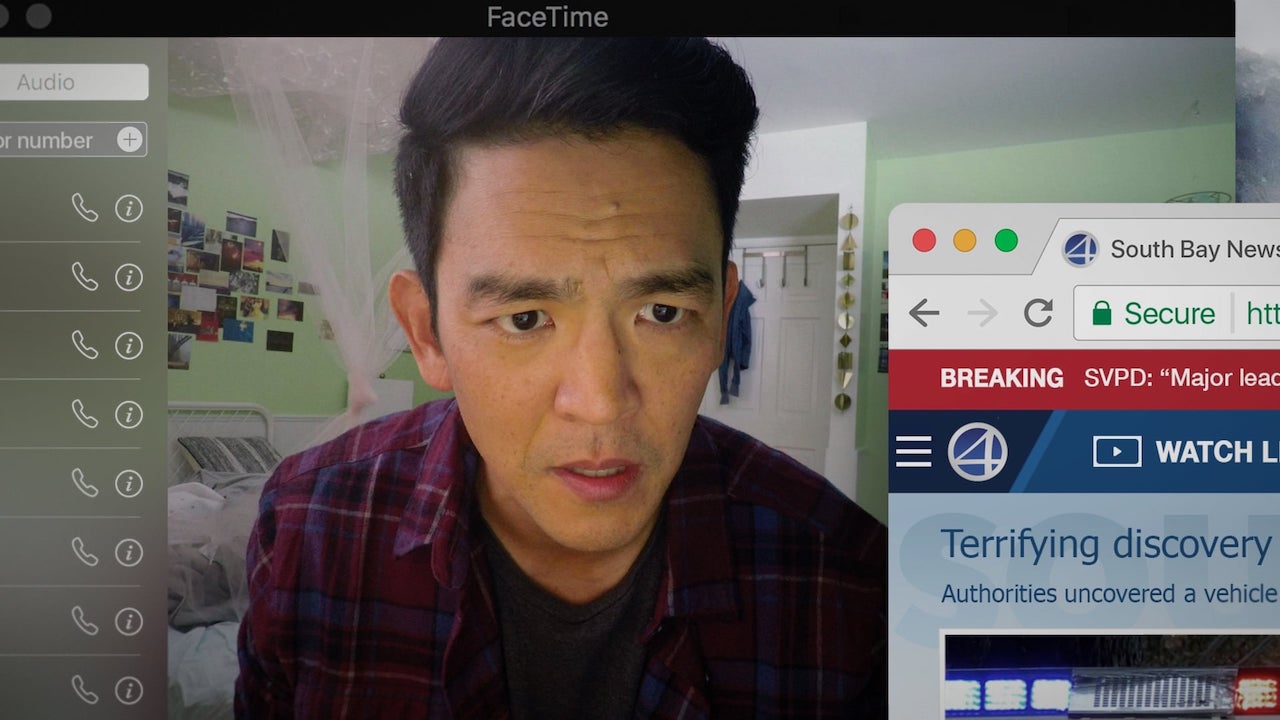
Searching (2018)
The first screenlife film to prove commercially successful, Searching unfolds exclusively on computer and smartphone screens, and is far more immersive than that may suggest, as John Cho frantically hunts for clues about his daughter’s disappearance. It helps a lot that the star is so massively empathetic, and that director Aneesh Chaganty piles on red herrings and plot twists aplenty.
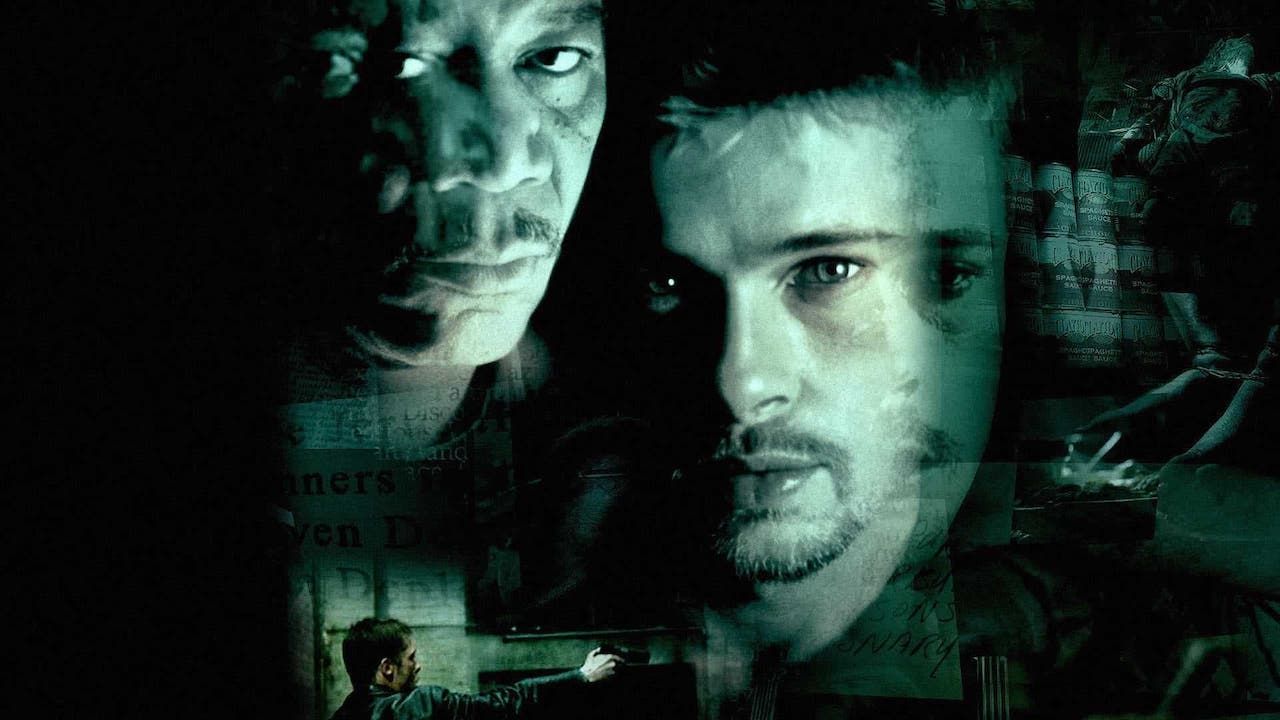
Se7en (1995)
Revisiting this 1995 shocker confirms what a massively effective procedural pulse-pounder it is, with plenty to offer beyond its infamous crime scenes (it’s easily forgotten how little on screen violence there actually is). Crucial to the whole affair is the effort made to humanise Freeman, Pitt and Paltrow’s characters: glimpses of warmth amongst all the carnage that lead toward that infamous ending.
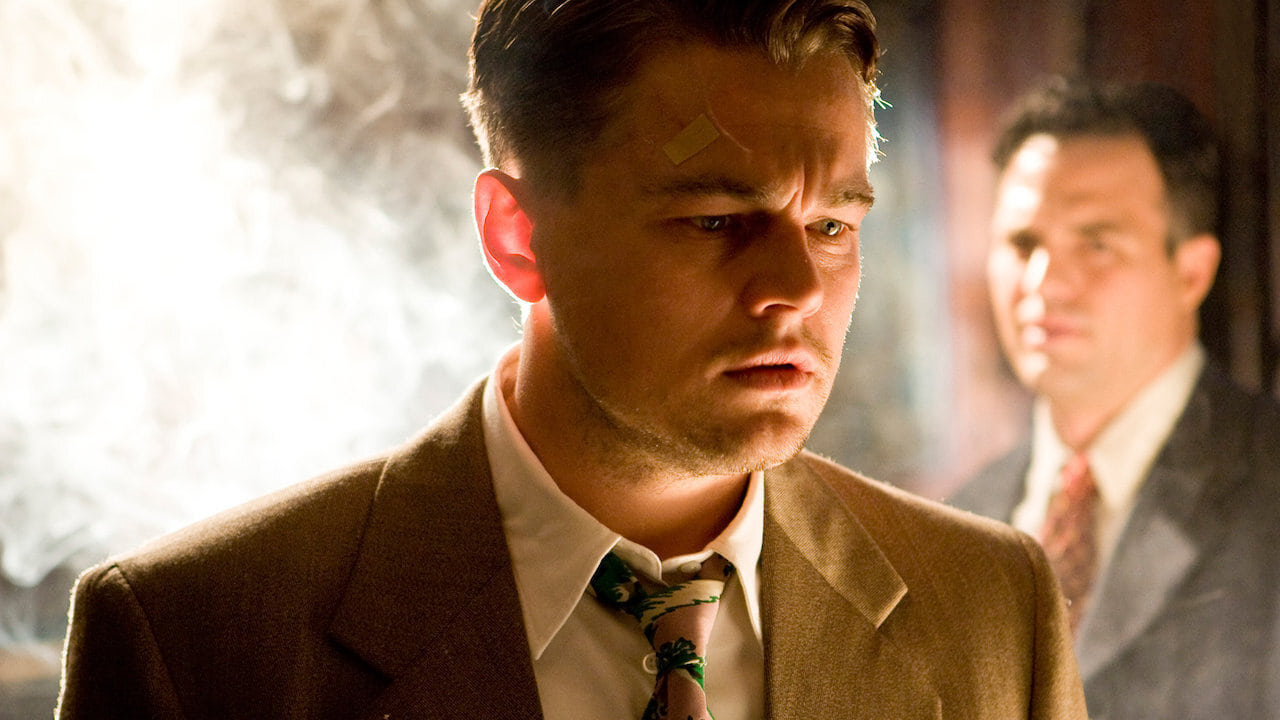
Shutter Island (2009)
Over the years Scorsese’s psych-out sanitarium trip has been subject to some gentle ribbing (mostly for Leo’s chowdah-thick Boston accent: “dooly appointed Fedahral Maahshalls”), but also a critical reassessment (some were initially underwhelmed by the film’s twist ending). It’s a film that plays better a second time, an all-time maestro behind the camera calibrating his images for maximum spookiness and, eventually, sadness.
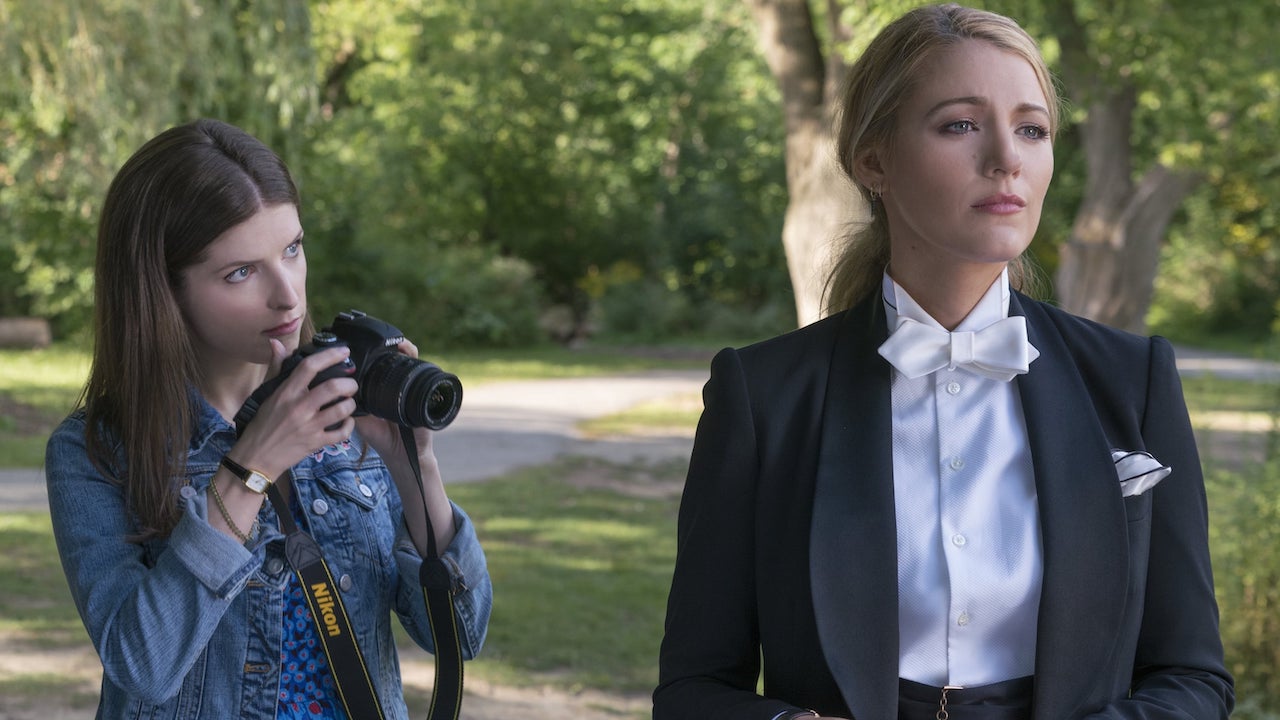
A Simple Favour (2018)
Helmed by Paul Feig, better known for joke-delivery vehicles like Bridesmaids, Spy and the 2016 Ghostbusters reboot, this Anna Kendrick and Blake Lively vehicle surprised with how seriously it took its twist-laden plot, courtesy of Jessica Sharzer’s taut screenplay. Double and triple crosses abound. It’s all a bit comedic, but also much more thrilling than you might expect.
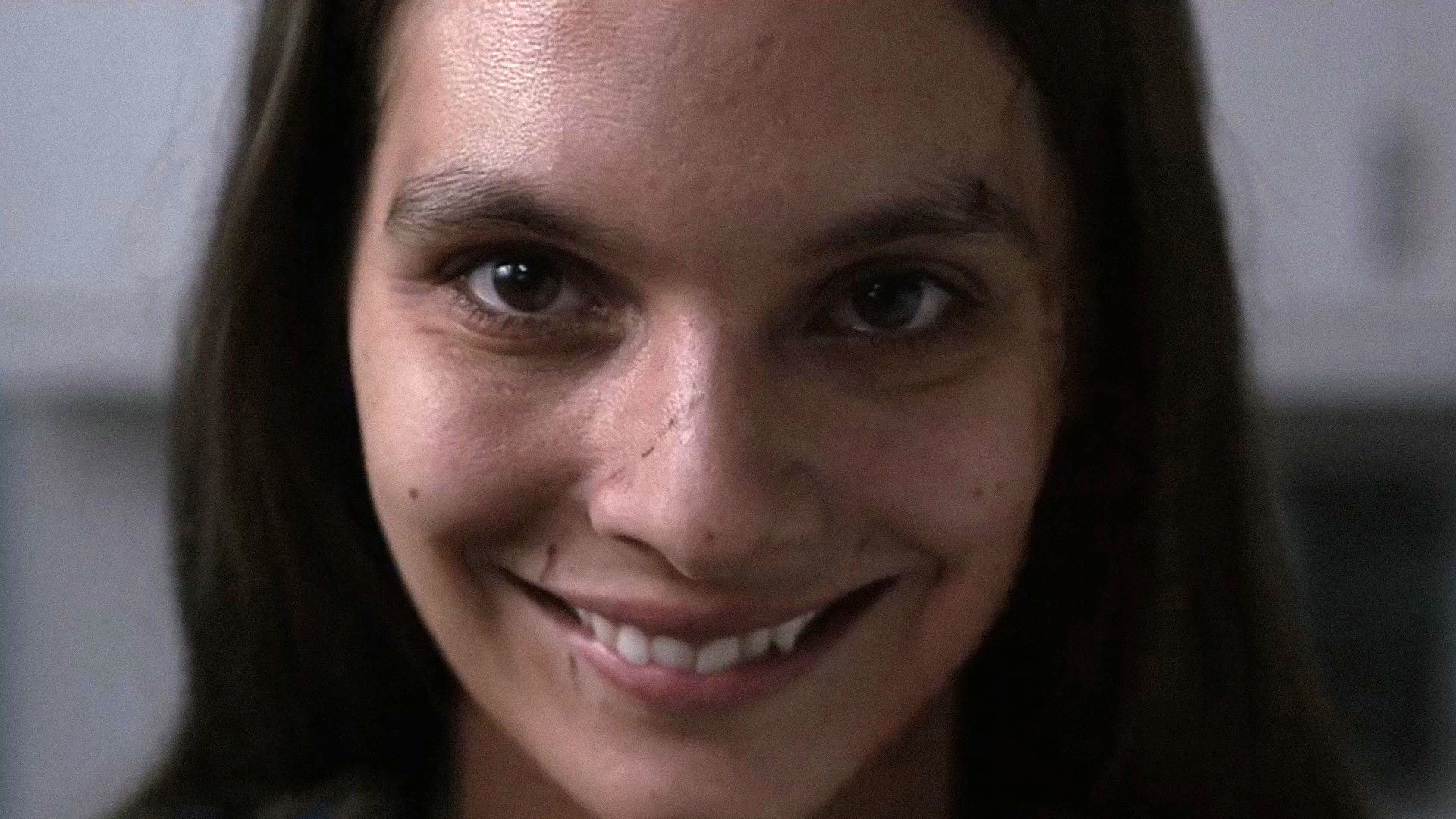
Smile (2022)
Familiar on the surface but shot with style and unexpected depth, Smile features Sosie Bacon (Kevin’s daughter) as the unwilling recipient of a curse, the first clue to which is a certain creepy facial expression. It turns up the dread slowly and with visual flair, delivering some nerve-shredding jolts along the way.
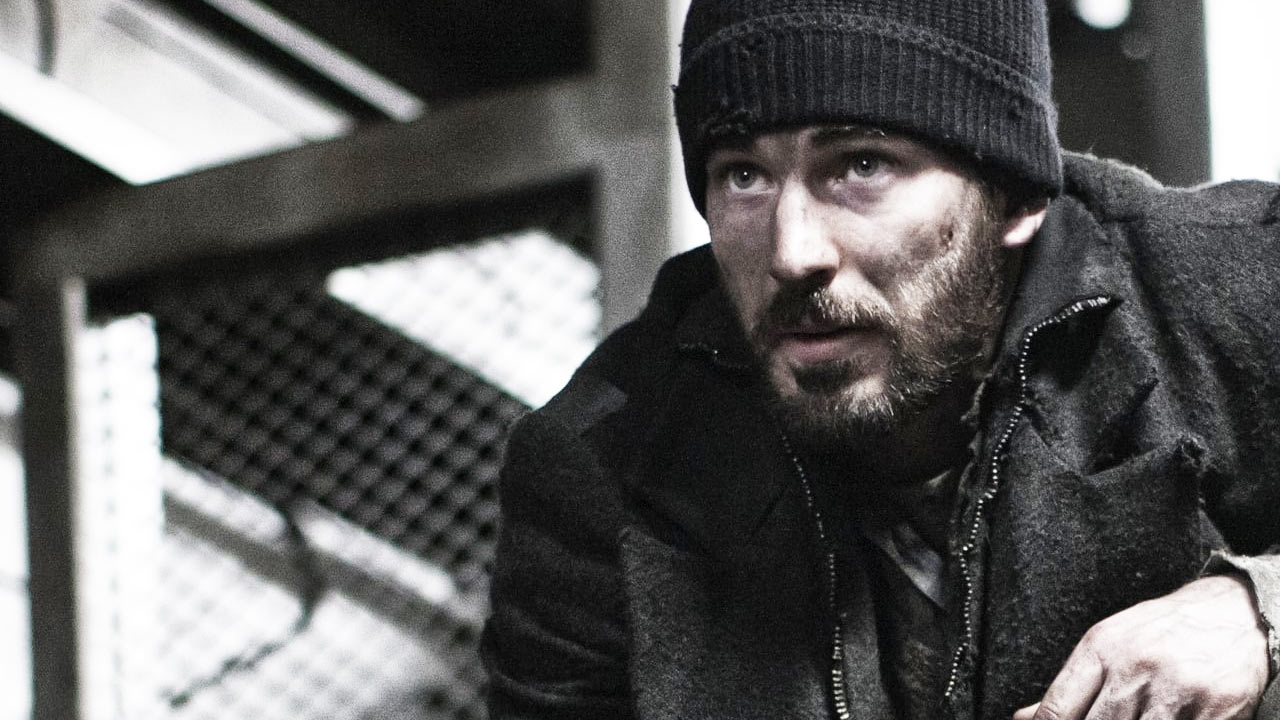
Snowpiercer (2013)
Before he won a Best Picture Oscar for Parasite, Bong Joon-Ho made an English language movie about a climate change-wrecked earth and a very big train that houses all of humanity. Yes, it’s silly—but it’s also top- tier filmmaking, features cutting class criticism alongside expertly staged action sequences.
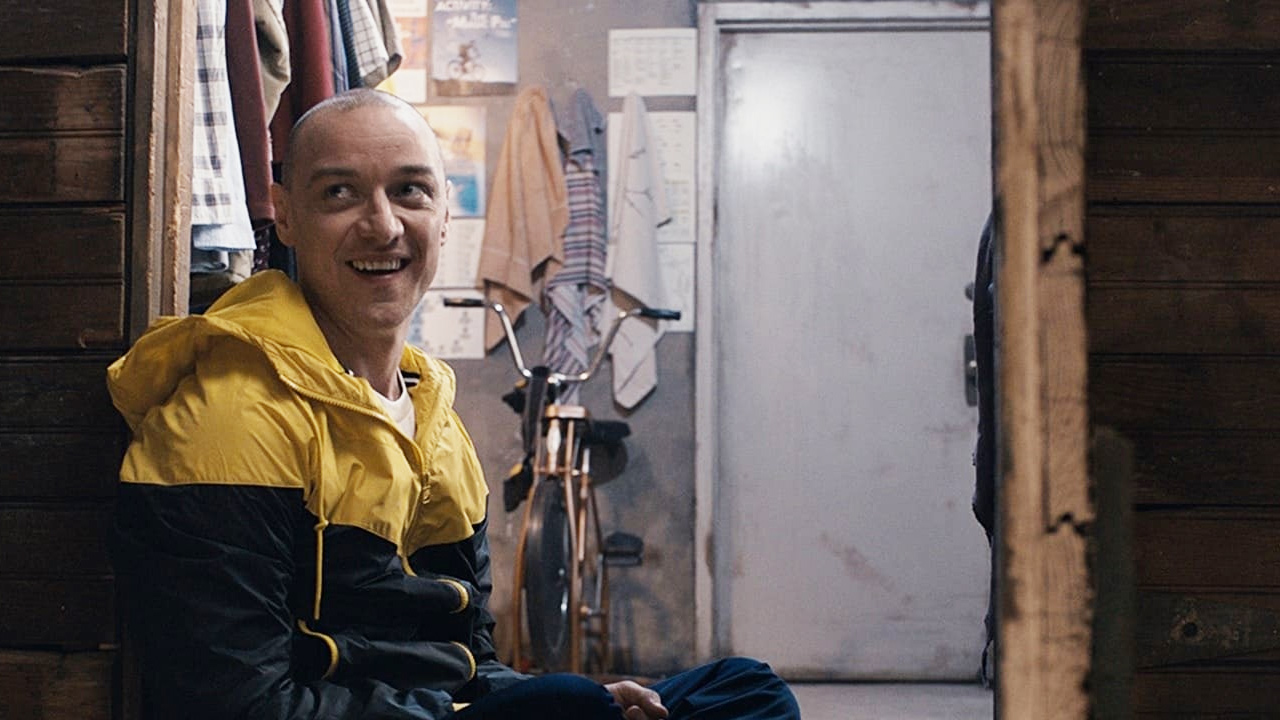
Split (2017)
M. Night Shyamalan’s career was resurrected with his found footage romp The Visit, and his dedication to pulp thrills continued in this James McAvoy-starring hair-raiser. The Scottish actor plays a guy with dissociative identity disorder, who imprisons Anya Taylor-Joy and several other women as part of a diabolical plot involving one or more of his 23 personalities, leading to events much more fun that the film’s set up implies.
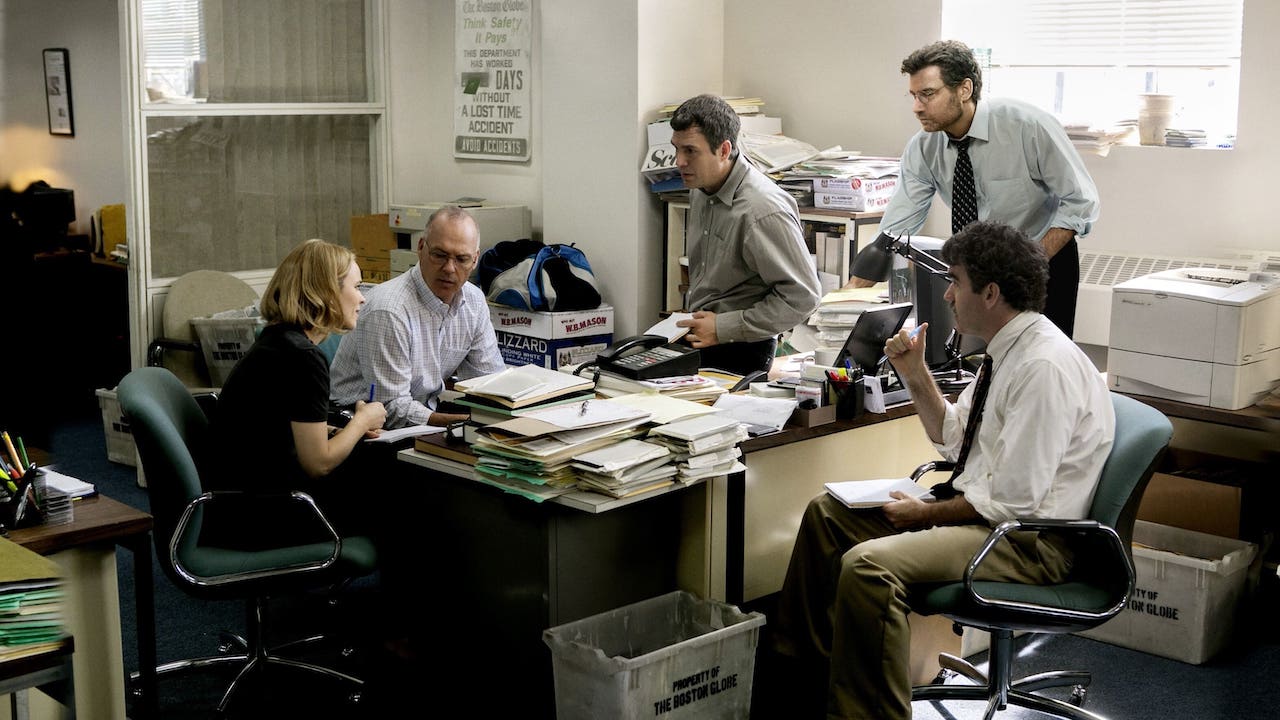
Spotlight (2015)
A procedural based on real events that moves with the verve of a thriller, Spotlight follows the Boston Globe’s investigative unit as they look into allegations of sexual abuse involving Catholic priests. An all-star cast including Mark Ruffalo, Michael Keaton and Rachel McAdams lead a story that continues to have real-world implications, making the pursuit of justice here feel all the more urgent.
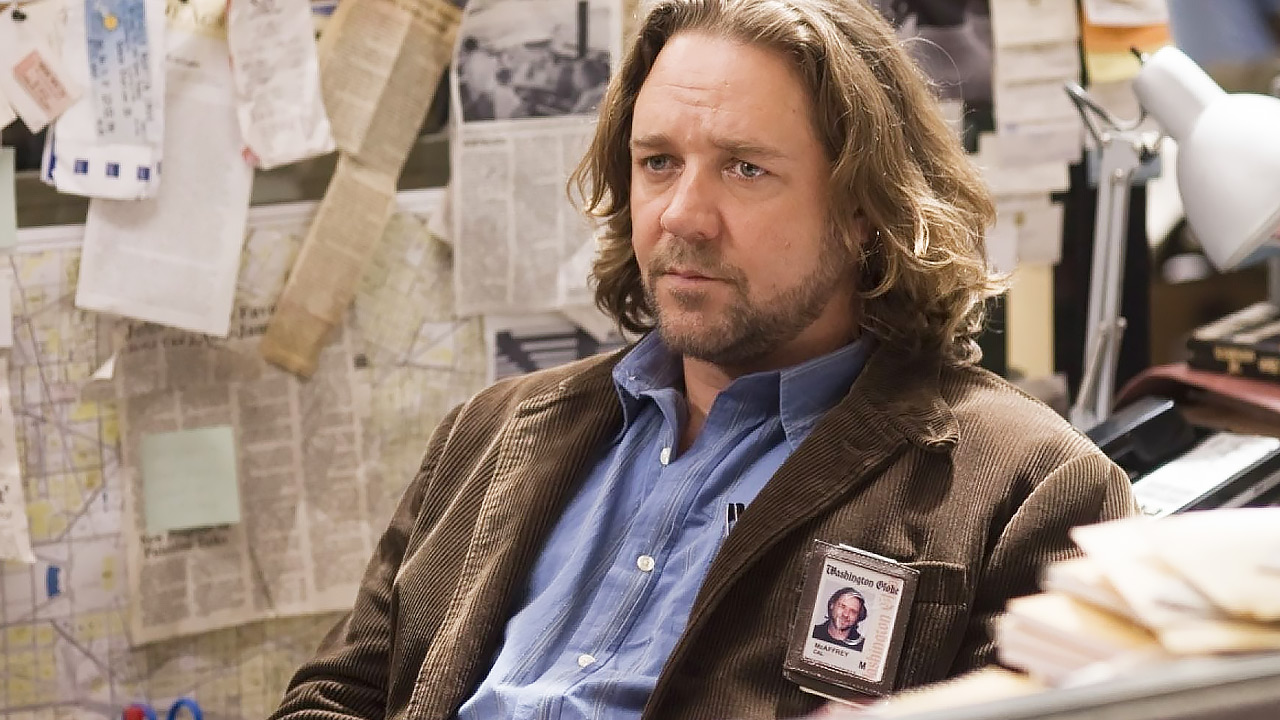
State of Play (2009)
This adaptation of the BBC miniseries of the same name transplants the action to America, and takes several cues from paranoid 1970s political thrillers like All the President’s Men. The relationship between journalism and politics is meaty subject matter, and while this feels more once-over-lightly than anything in depth, you could do a lot worse. Particularly with the likes of Helen Mirren, Rachel McAdams and an incredibly-coiffed Russell Crowe making up the cast.
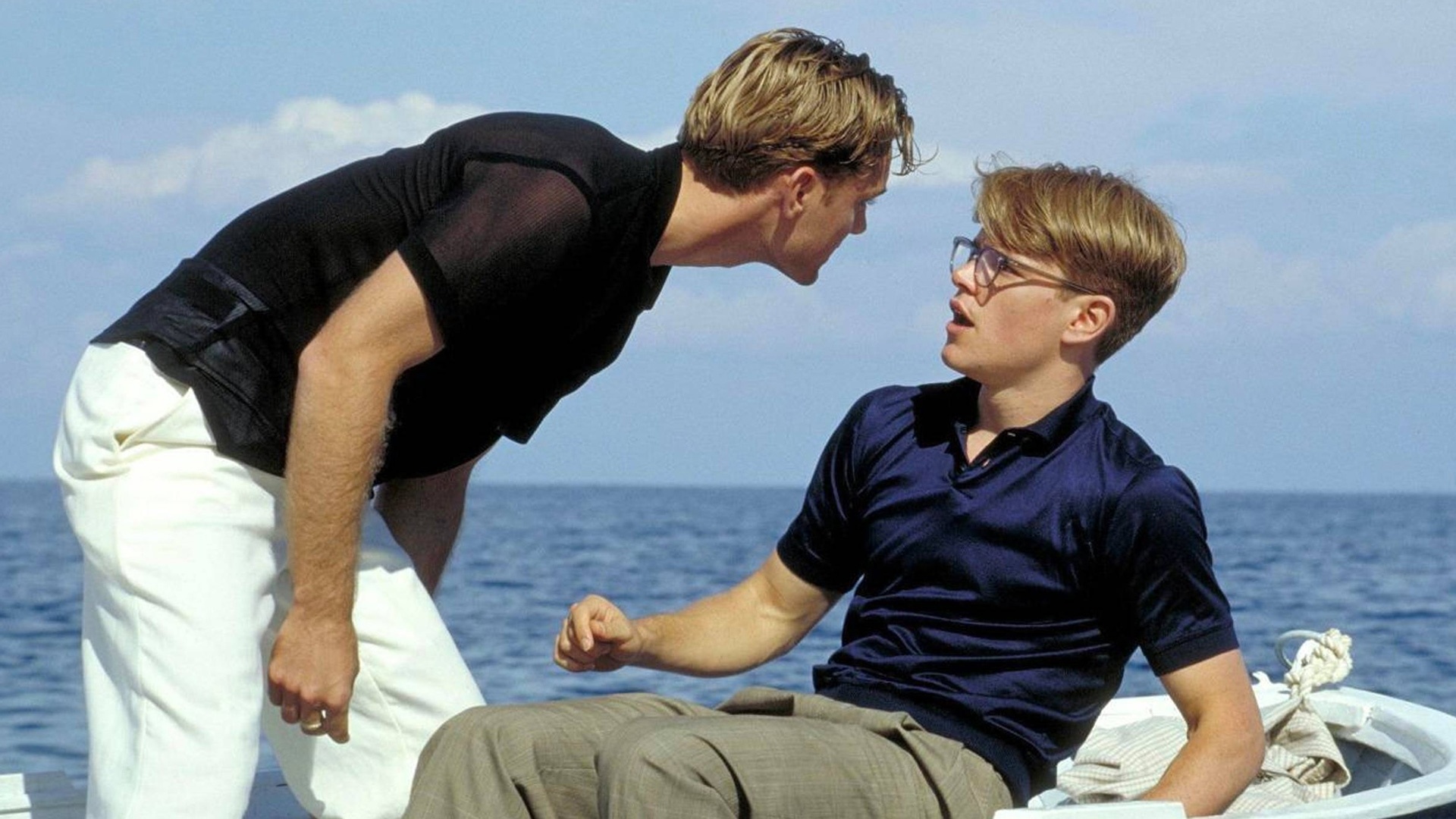
The Talented Mr Ripley (1999)
Anthony Minghella was known for handsomely-mounted productions, and the sunkissed Italian coast provides a beautifully scenic background for this Patricia Highsmith adaptation. Matt Damon is great at playing schemers, never more so than here, as he worms his way into Jude Law and Gwyneth Paltrow’s good graces and proceeds to wreak havoc.
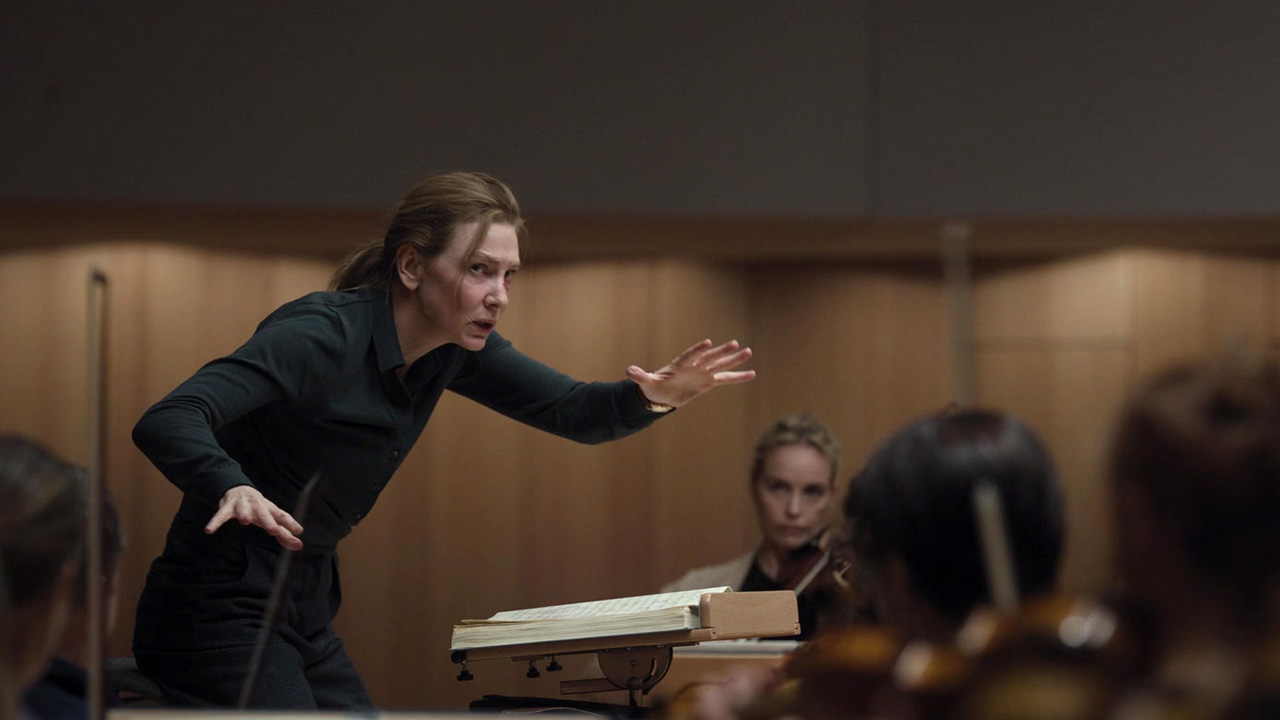
Tár (2023)
This film’s many sly jokes start with the accent over its “a”, and go from there. Blanchett is 100% committed but Tár is far from a dusty drama about a conductor; it hews closer to satire disguised as character piece, as she’s gradually revealed as a predator, and possibly a fraud. Todd Field was a protege of Stanley Kubrick, and the way this film is dotted with visual wit makes it feel like a true heir to that director’s legacy.
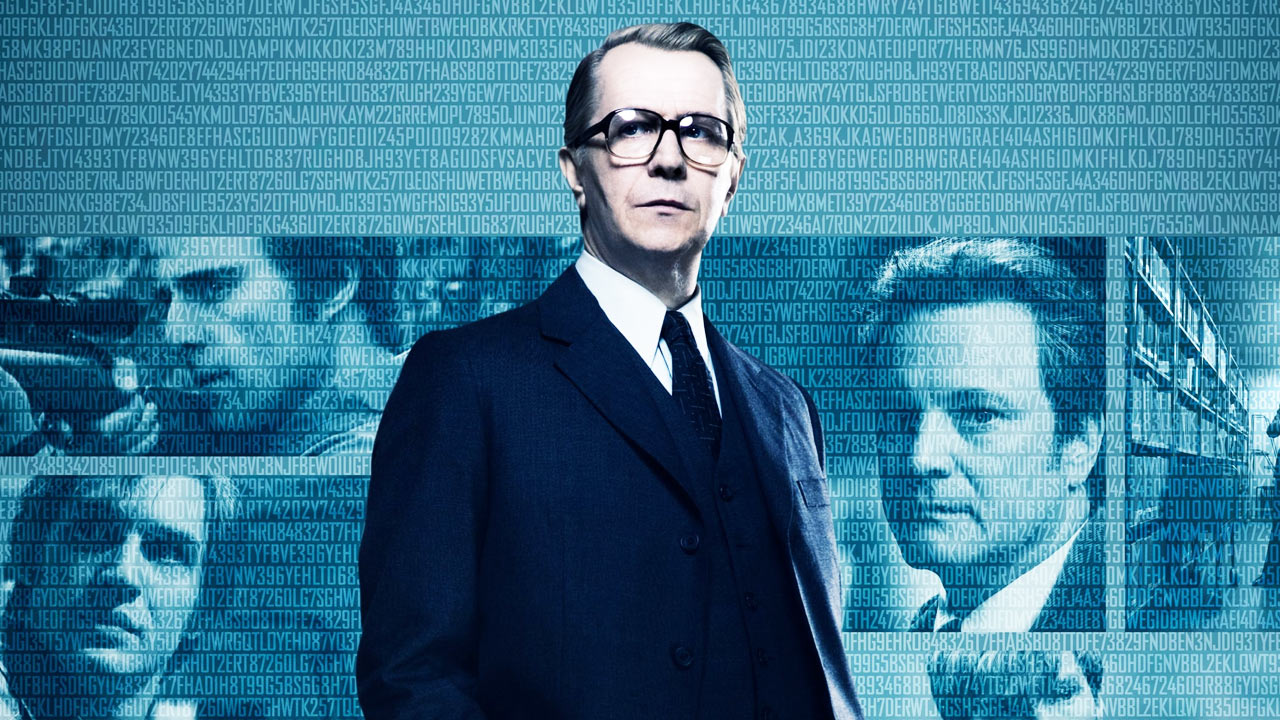
Tinker Tailor Soldier Spy (2011)
Presenting spy work as bureaucratic slog, Swedish director Tomas Alfredson applies the same frosty approach to Tinker Tailor Soldier Spy as he did to his vampire tale Let the Right One In. It’s a film that demands your full attention, playing out in whispers even once Gary Oldman’s George Smiley has figured out exactly who is up to what, and at what cost.
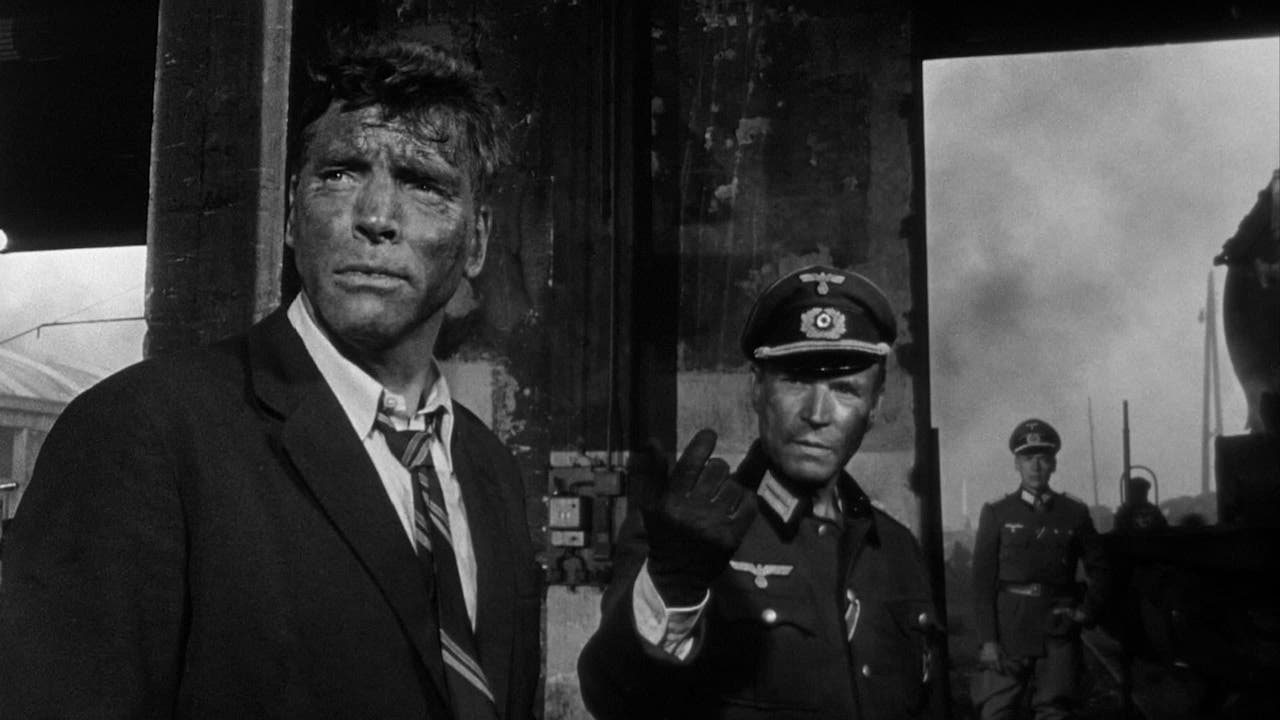
The Train (1964)
John Frankenheimer had a long career as a workmanlike action director, but in the 1960s he was on one, delivering this two-fisted war flick a few years after conspiracy thriller The Manchurian Candidate, and a few before the surreal psychological horror Seconds. Burt Lancaster plays a resistance officer tasked with keeping precious artworks out of the Nazi’s clutches, encountering more visceral carnage than you might expect from a ‘60s movie.
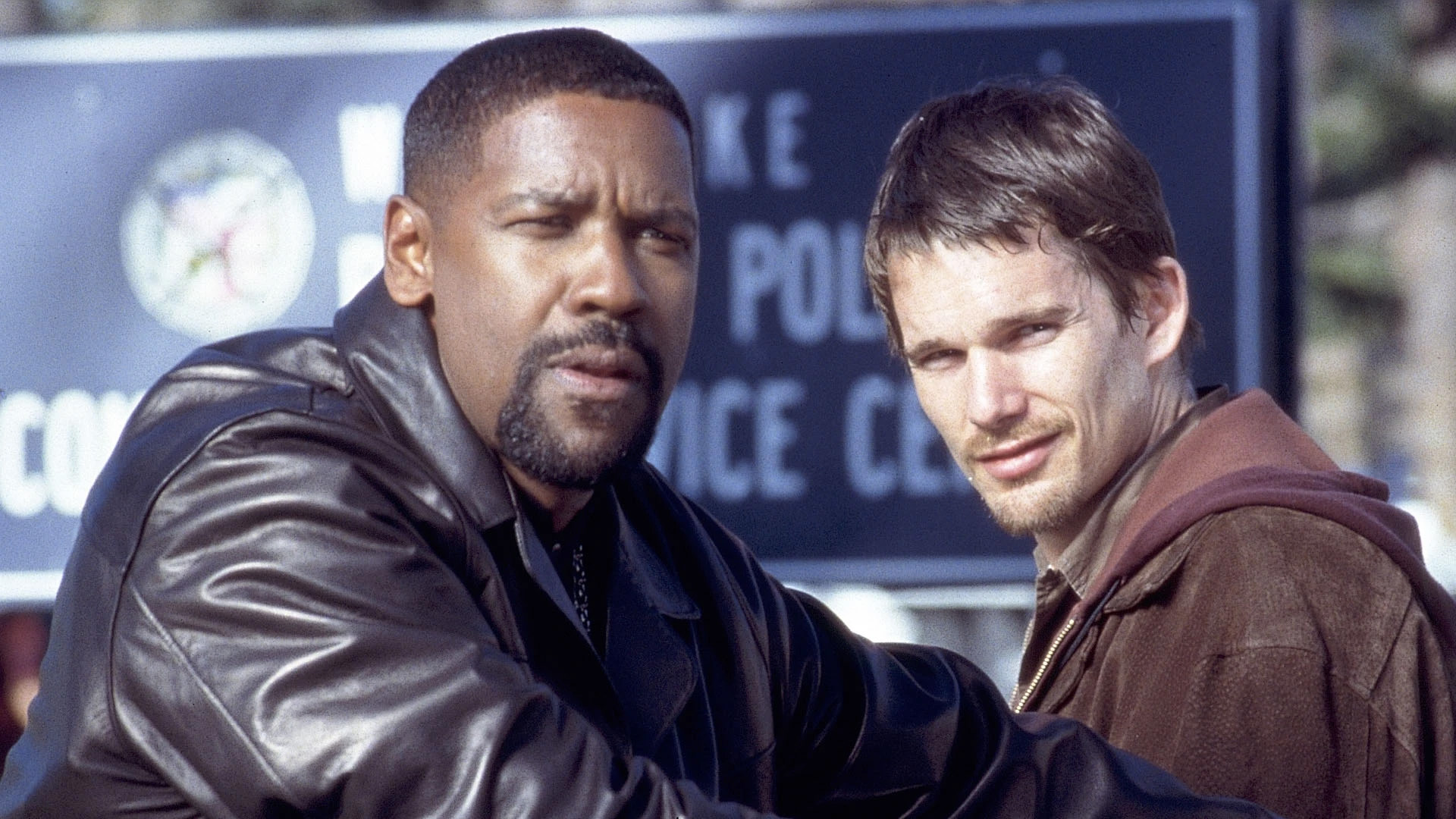
Training Day (2001)
This film is mostly remembered for Denzel Washington’s Oscar-winning performance as a highly decorated, thoroughly crooked narcotics officer who’s prone to bellowing things like “King Kong ain’t got shit on me!” It also features a baby-faced Ethan Hawke, and launched the careers of director Antoine Fuqua and writer David Ayer. Both would go on to deliver films about tough, morally dubious men, perhaps never as successfully as they did here.
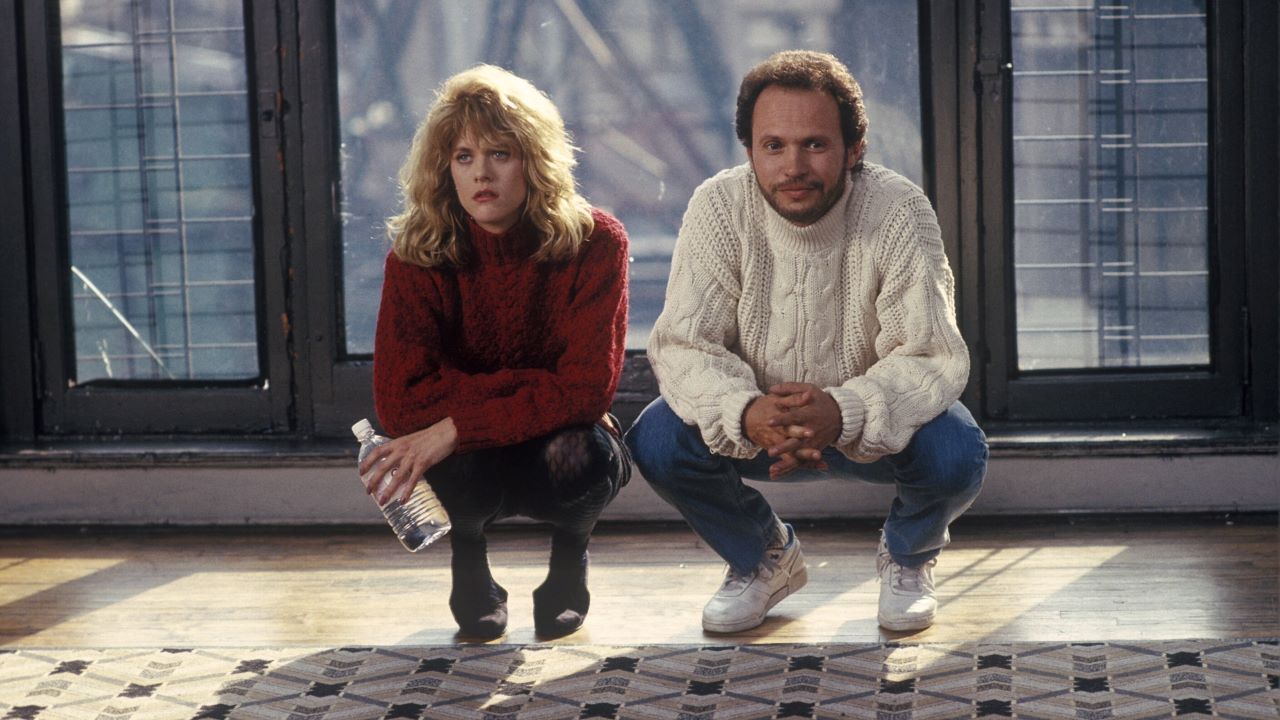
When Harry Met Sally (1989)
One of the greatest rom coms of all time, this movie is more cynical and autumnal than the tag may suggest, Nora Ephron’s script providing insight far beyond a typical meet-cute. Billy Crystal and Meg Ryan have chemistry to spare, and director Rob Reiner’s facility with improvisation meant some of the film’s best lines (including the infamous “I’ll have what she’s having”) were devised on the day.
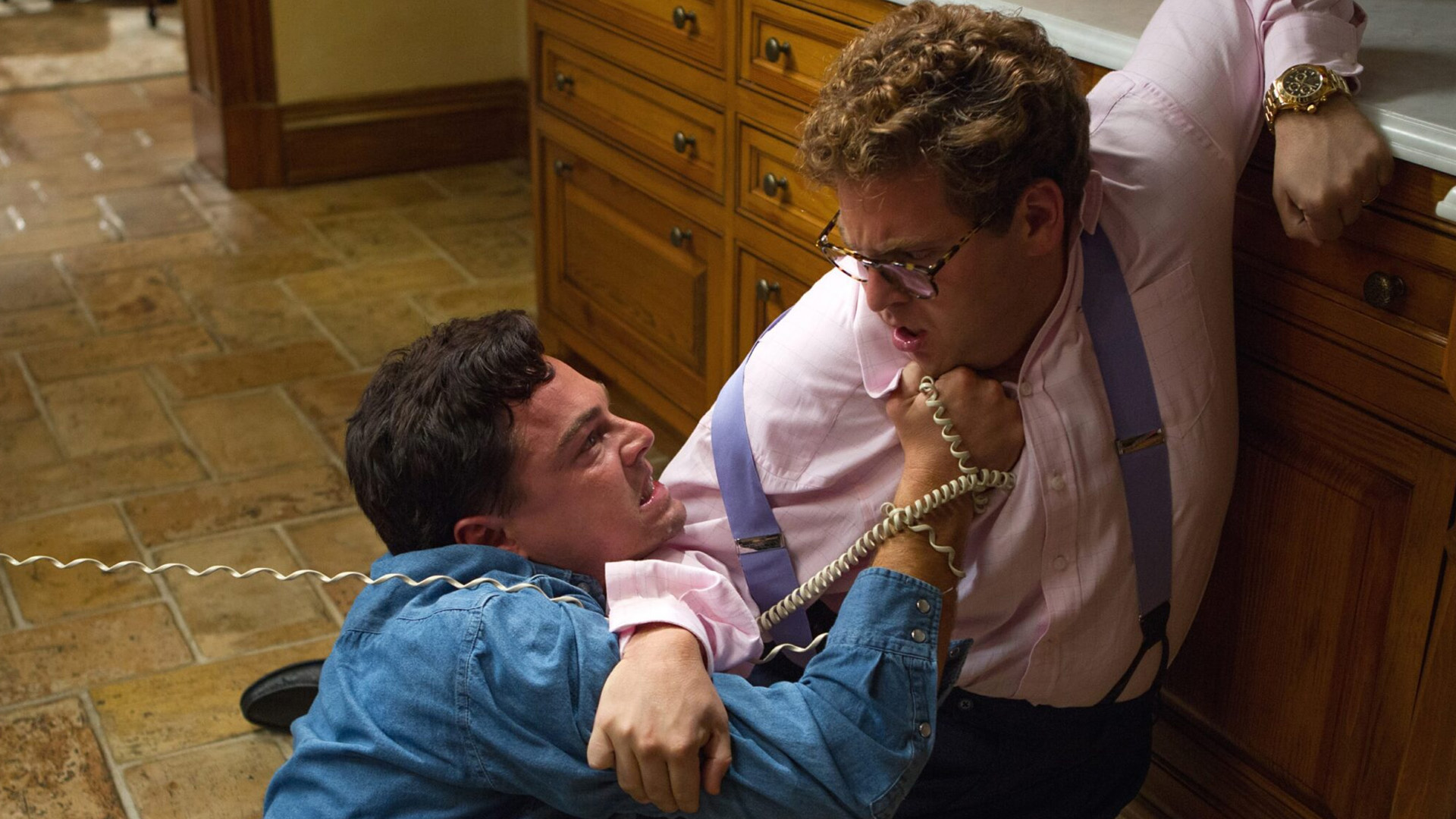
The Wolf Of Wall Street (2013)
Scorsese’s three-hour orgy of excess prompted controversy with suggestions the film was endorsing its leads’ despicable behaviour. The depths that Jordan Belfort plumbs run contrary to that, but this is one of Marty’s loosest, funniest films, always entertaining and sporting a top-tier ensemble, including Margot Robbie in her breakout role, and Jonah Hill improvising zingers like his life depended on it.
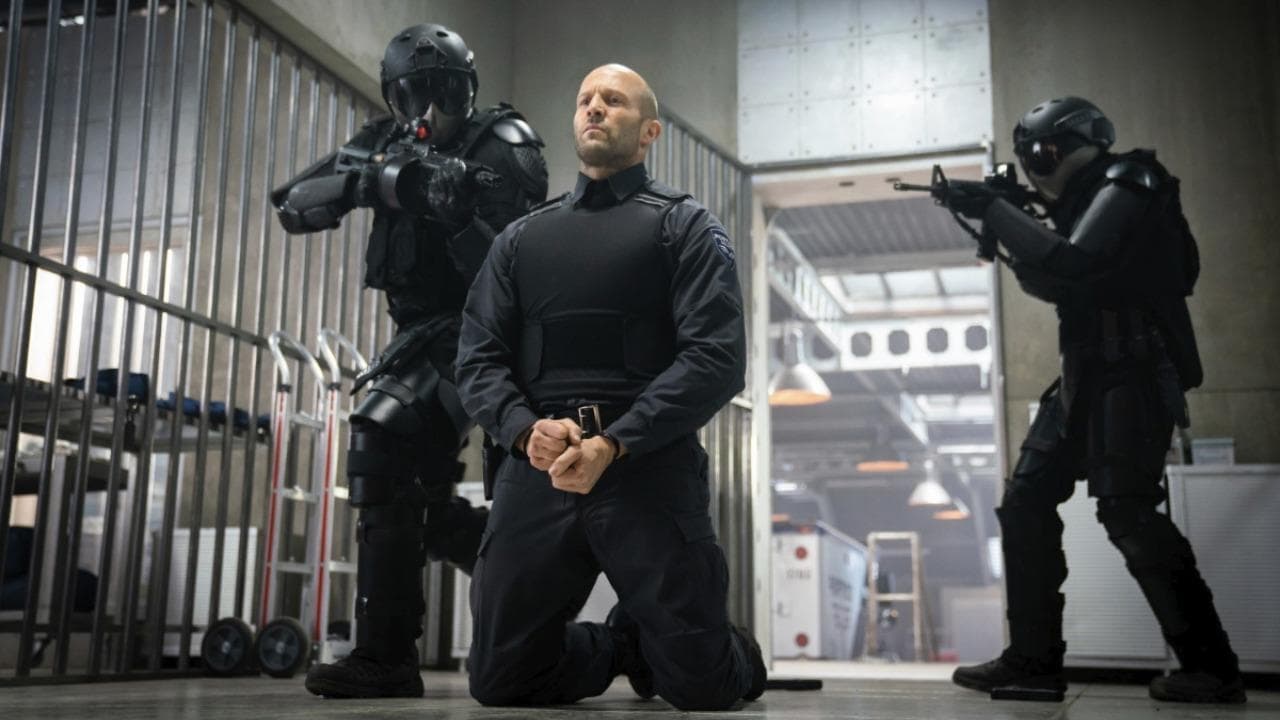
Wrath of Man (2021)
A relatively buttoned down outing from director Guy Ritchie, abandoning many of his usual stylistic quirks (OK, one character is called “Boy Sweat,” but otherwise…) to focus on a plot meshing heist action with revenge and cops n crooks. There are twists and reveals in abundance, and it’s nicely gritty without too many winks—extending to a no-nonsense lead performance from Jason Statham.
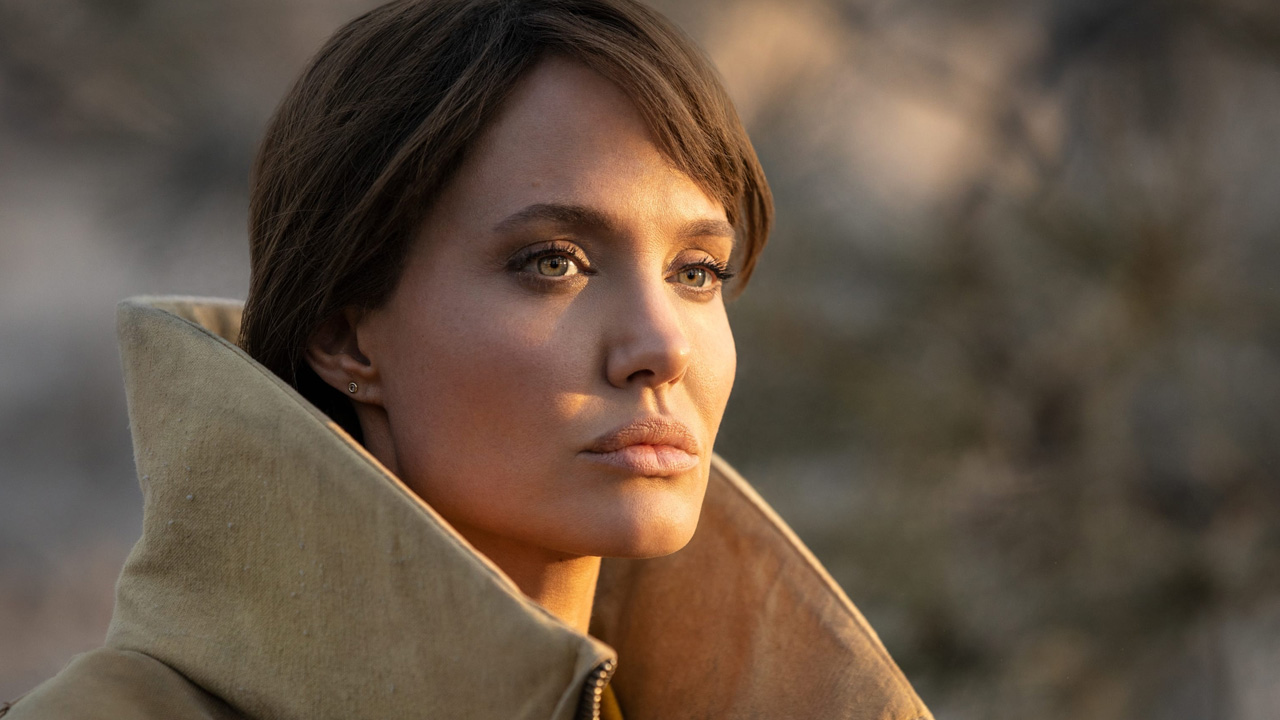
Those Who Wish Me Dead (2021)
Taylor Sheridan had a pretty successful acting career, then went on to write prestigious scripts for the likes of Sicario, co-create shows like Yellowstone, and follow up his direction on the acclaimed Wind River and this Angelia Jolie-starring thriller. In it she goes on the run from a pair of hitmen played by Nicholas Hoult and Aiden Gillen. More notable names pop up in the supporting cast, but the real draw is Sheridan’s sharp pace and tension.
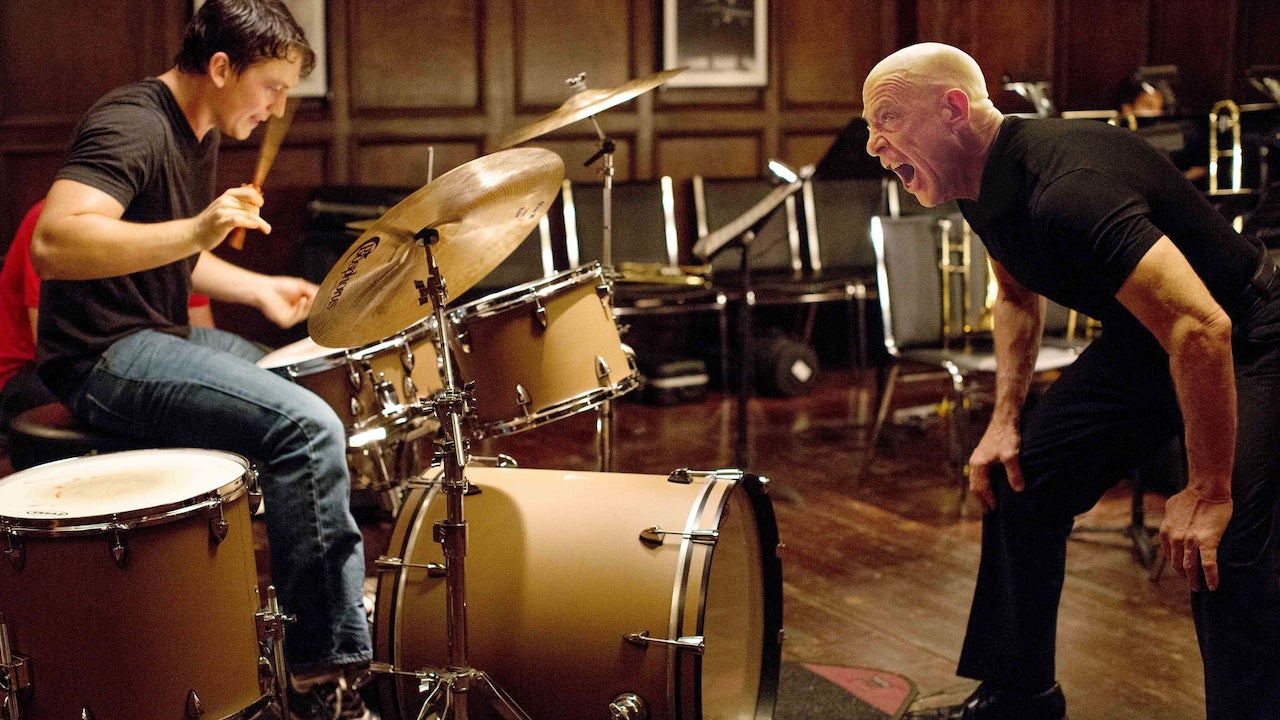
Whiplash (2014)
Drum lessons wouldn’t seem to be the stuff of thrillers, but in the hands of Damien Chazelle they most certainly are. Miles Teller’s enrolment at a prestigious jazz academy turns out to involve psychological and physical abuse at the hands of his tutor J.K. Simmons, a dynamic which takes over both their lives, becoming a game of cat and mouse between two seriously intense individuals.





